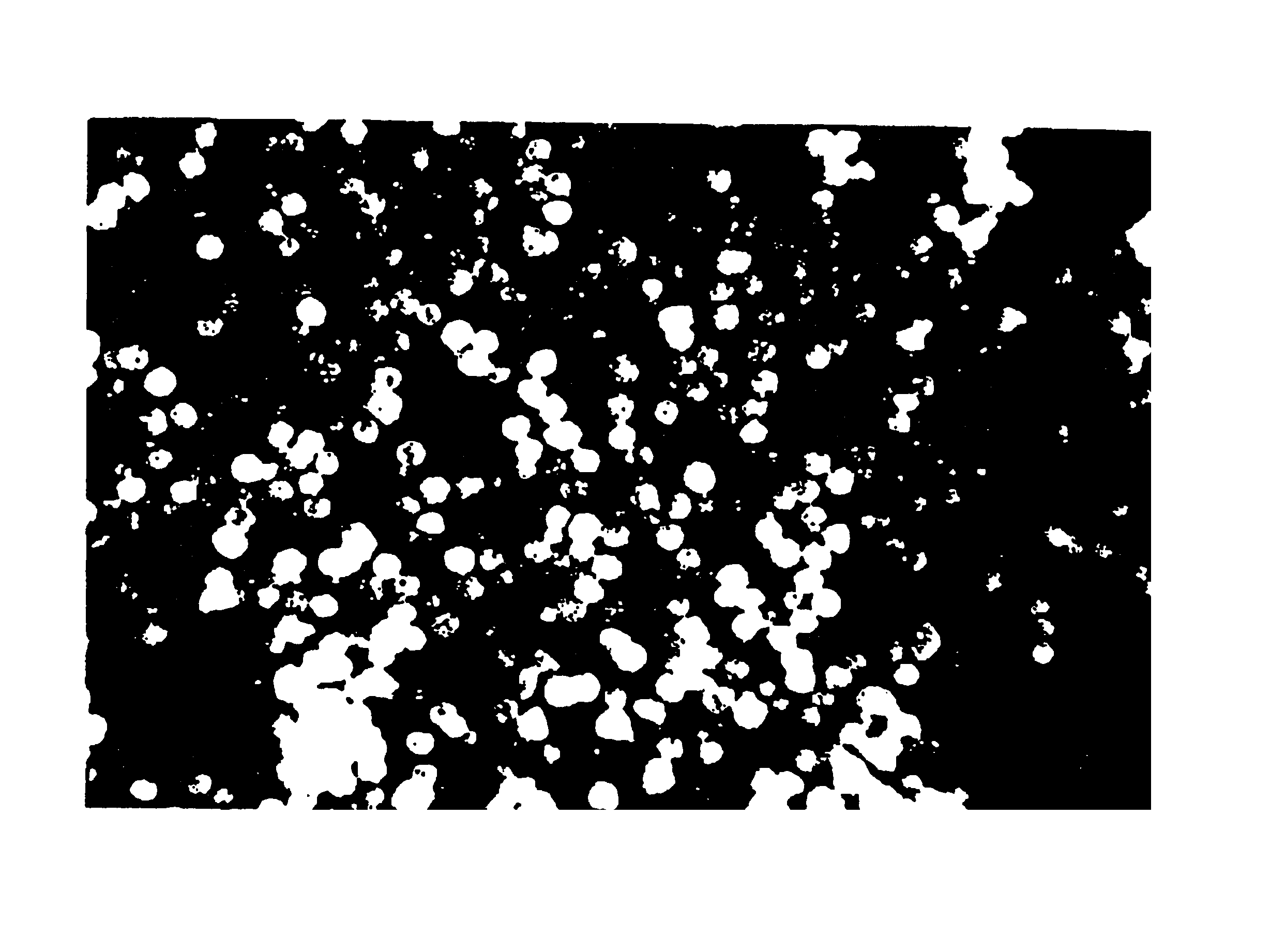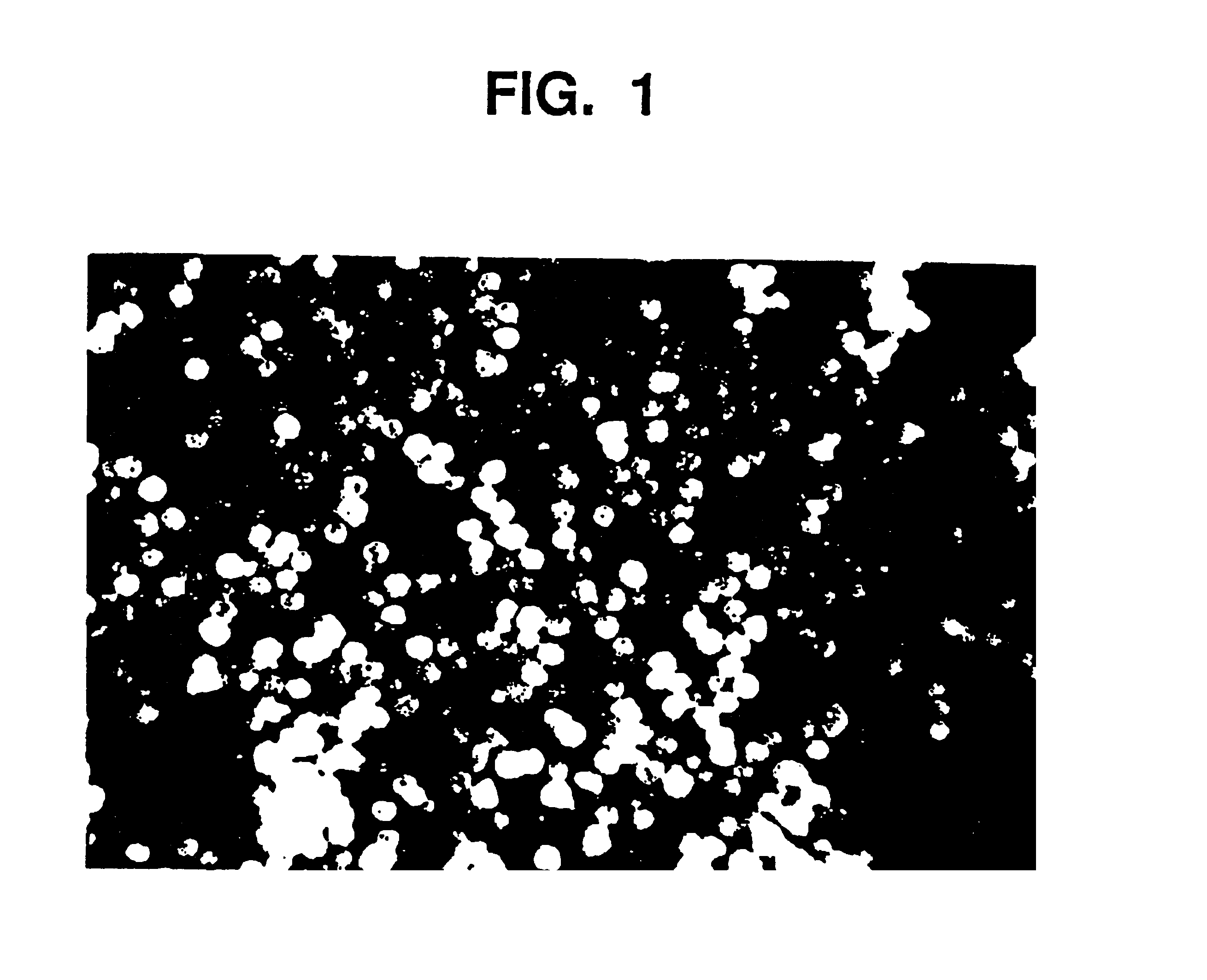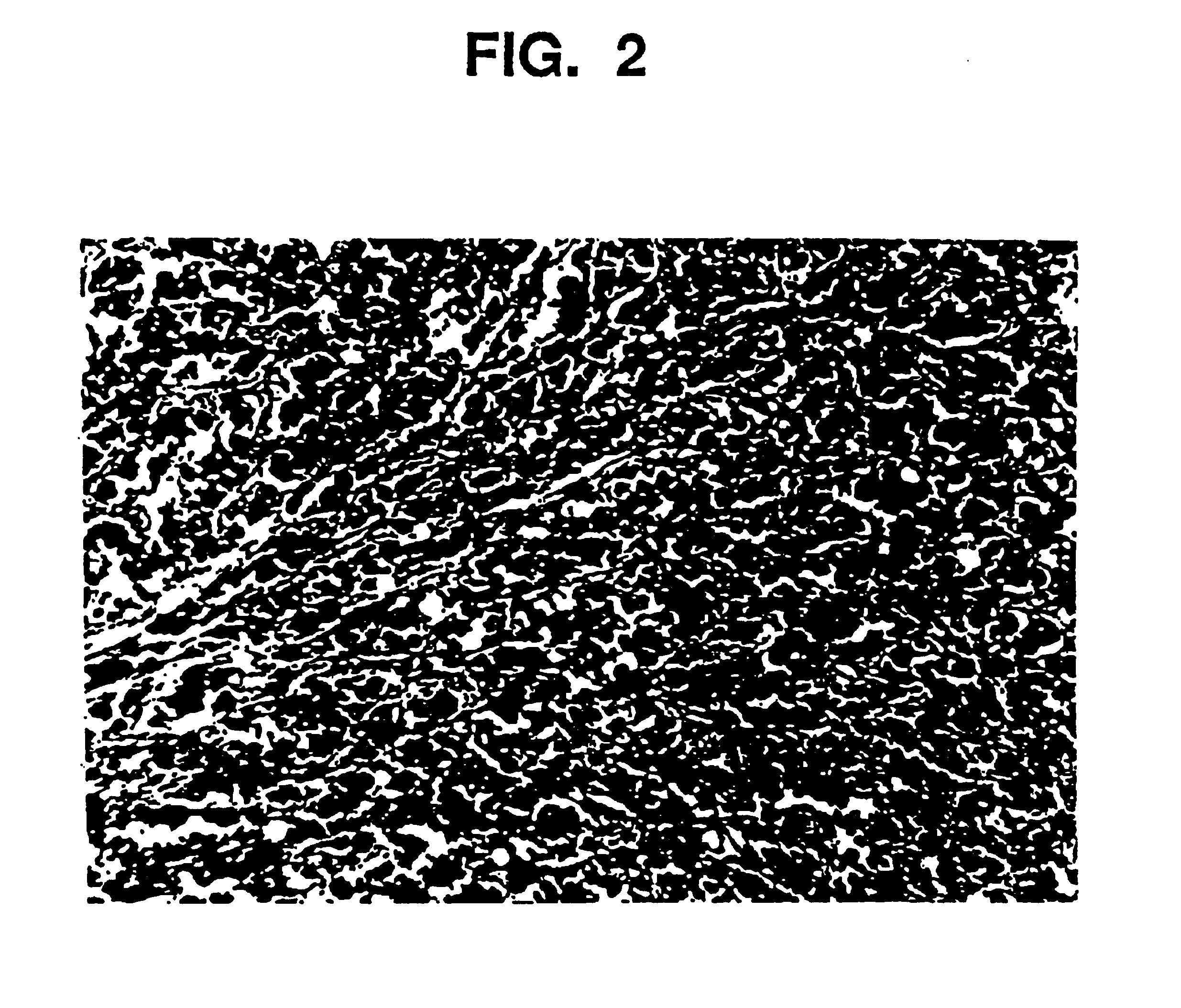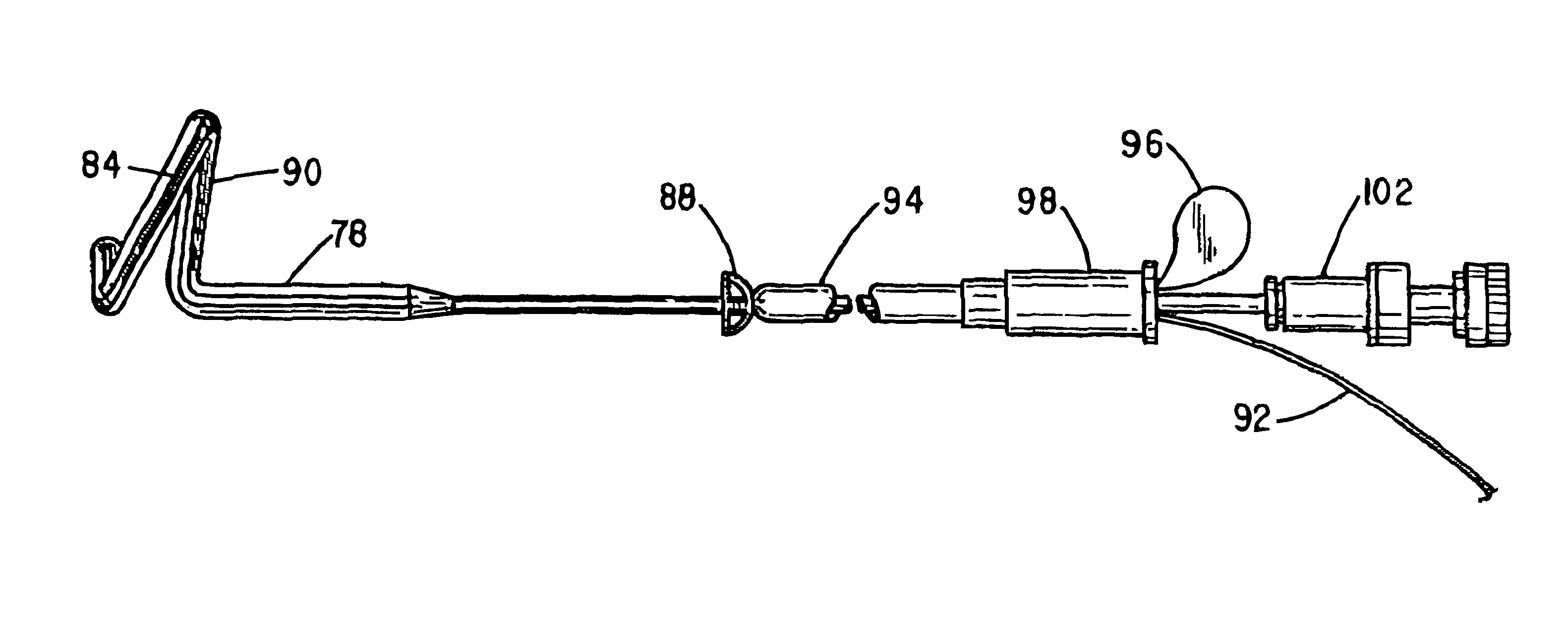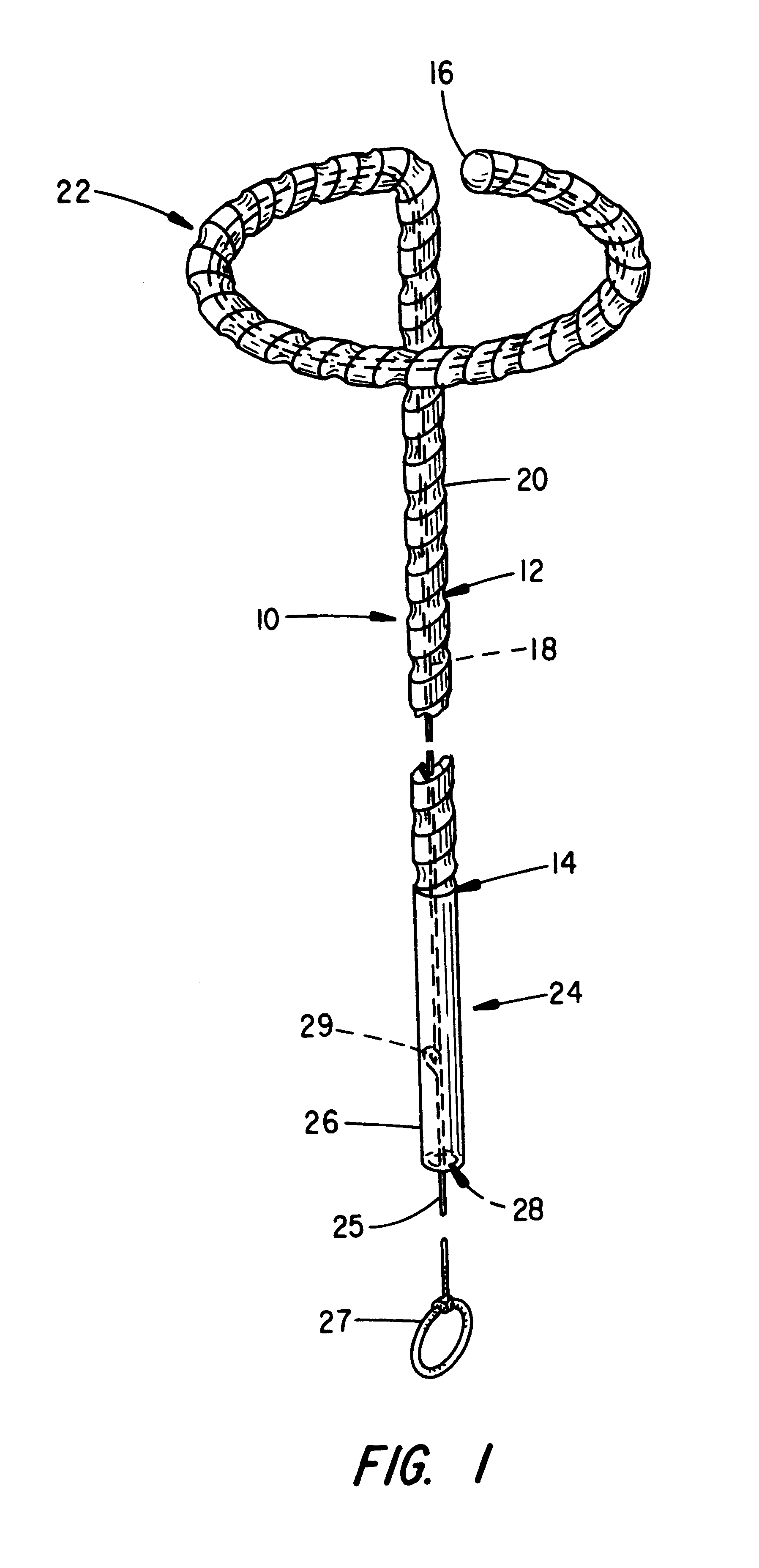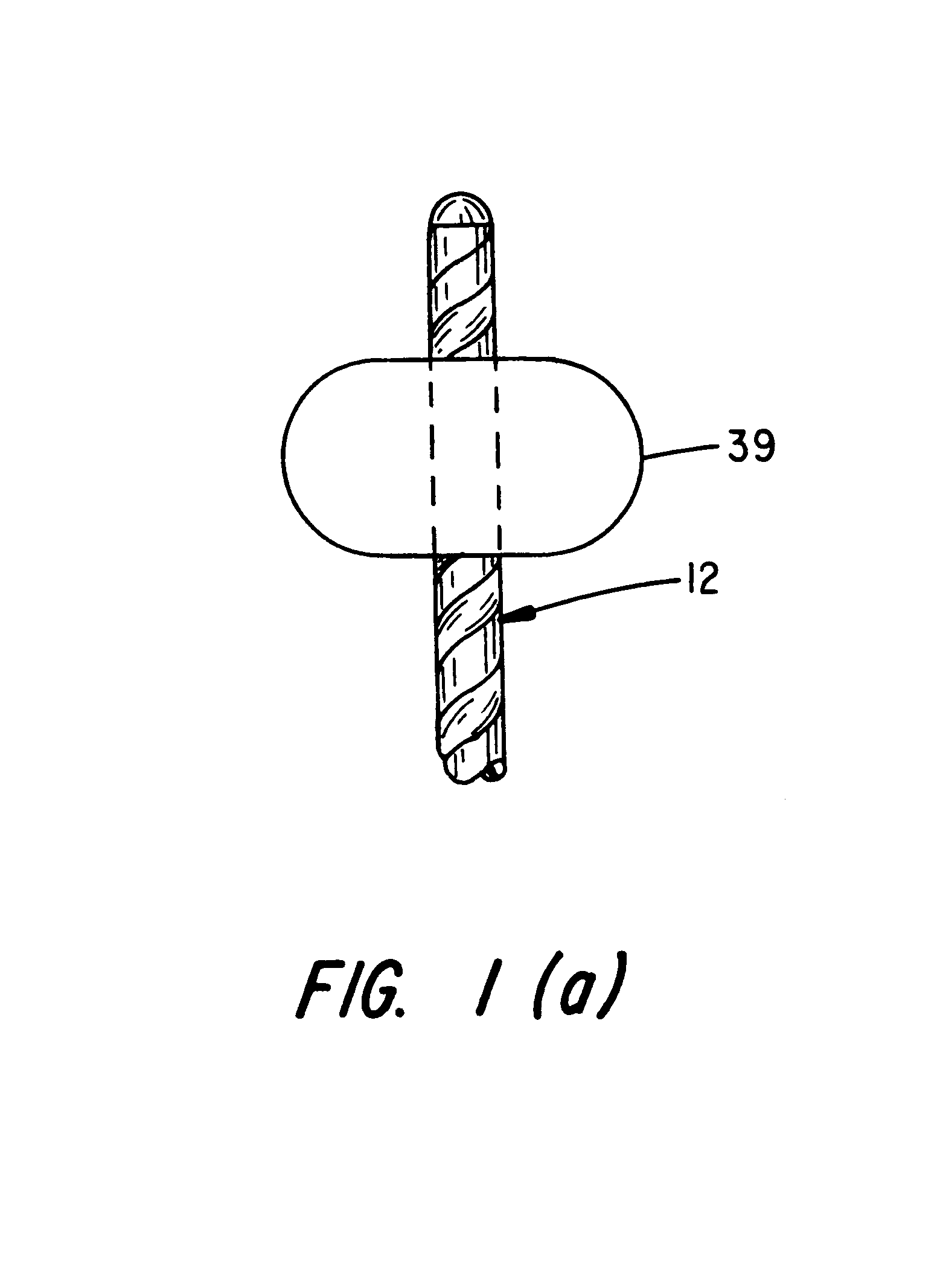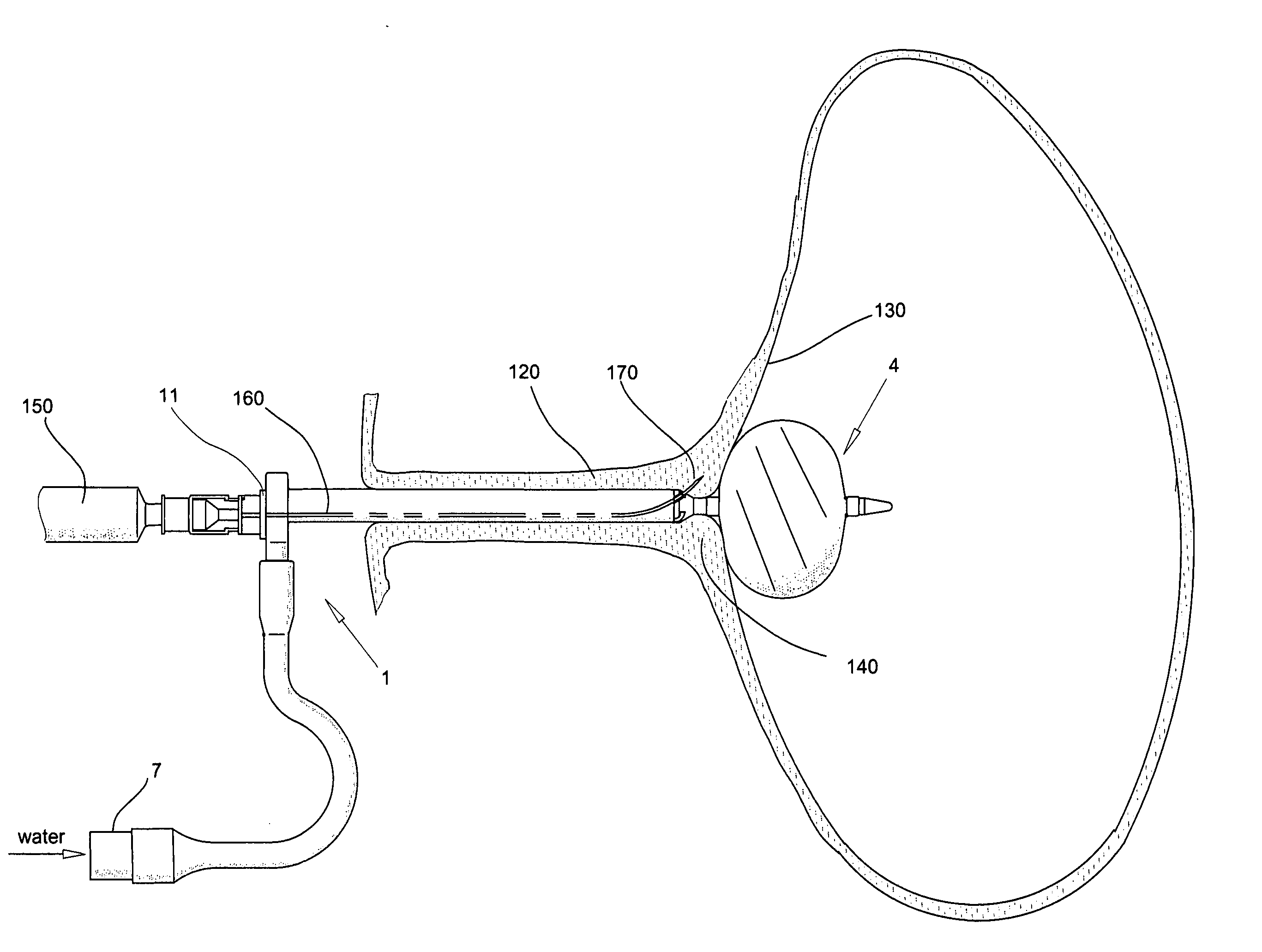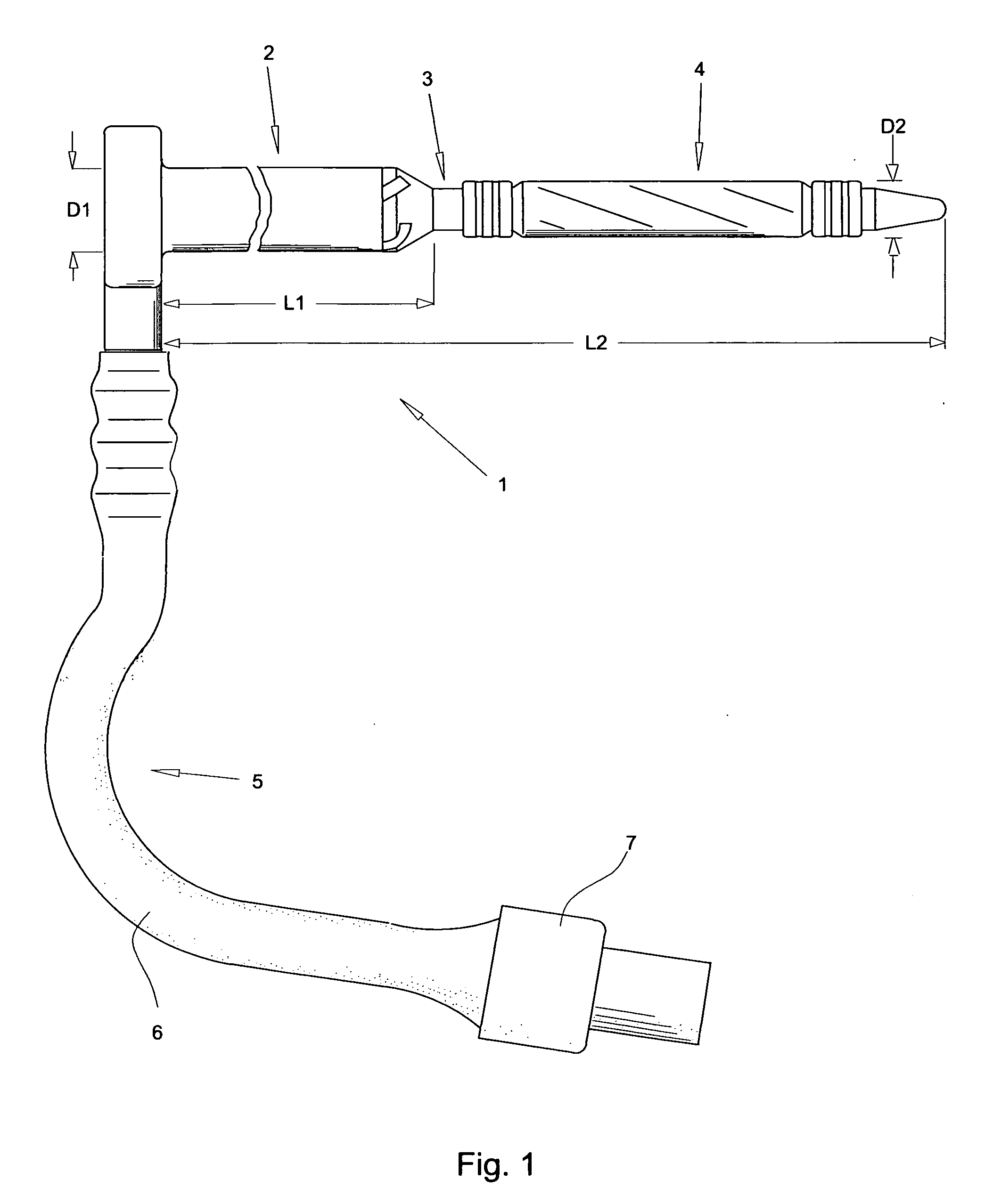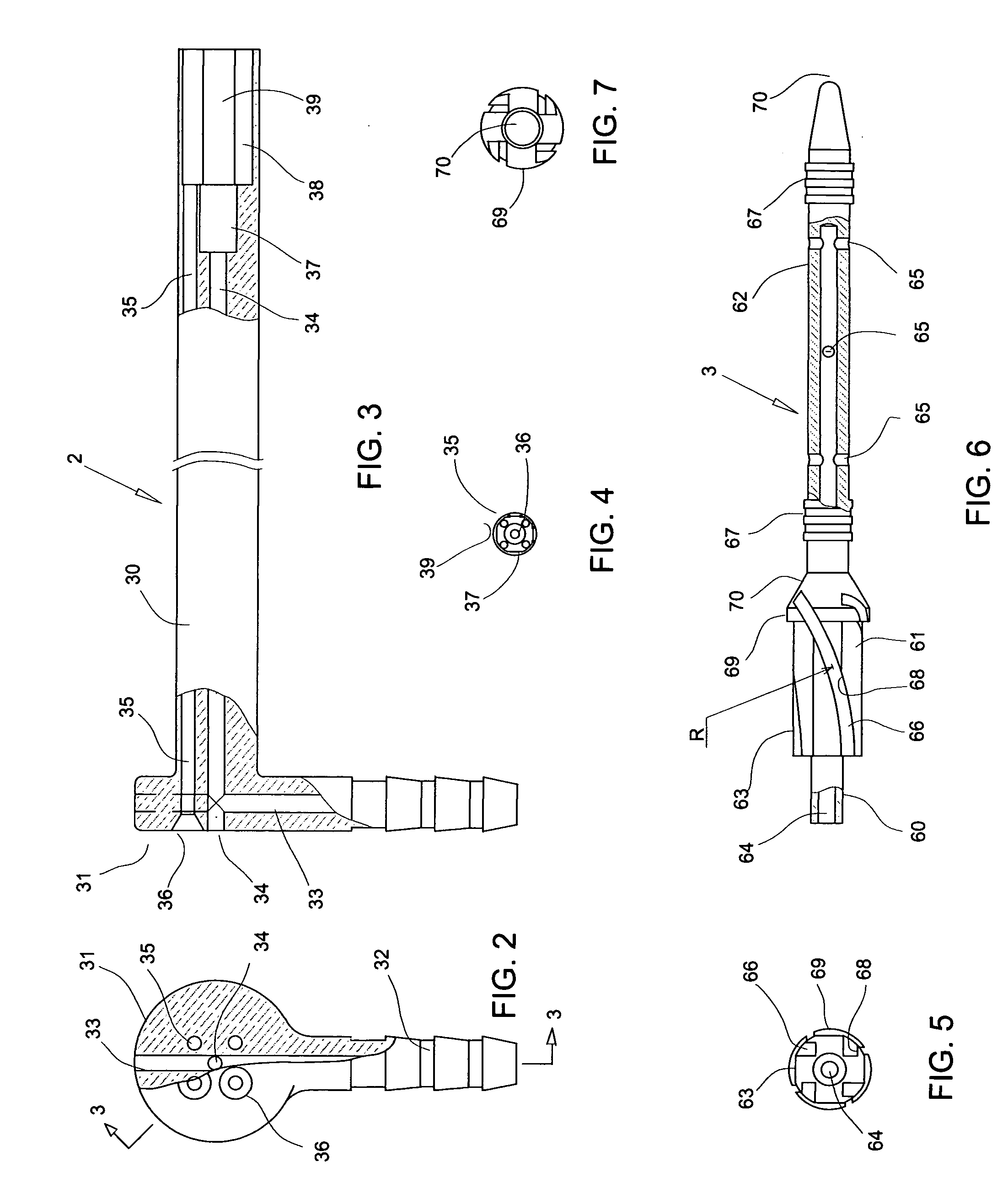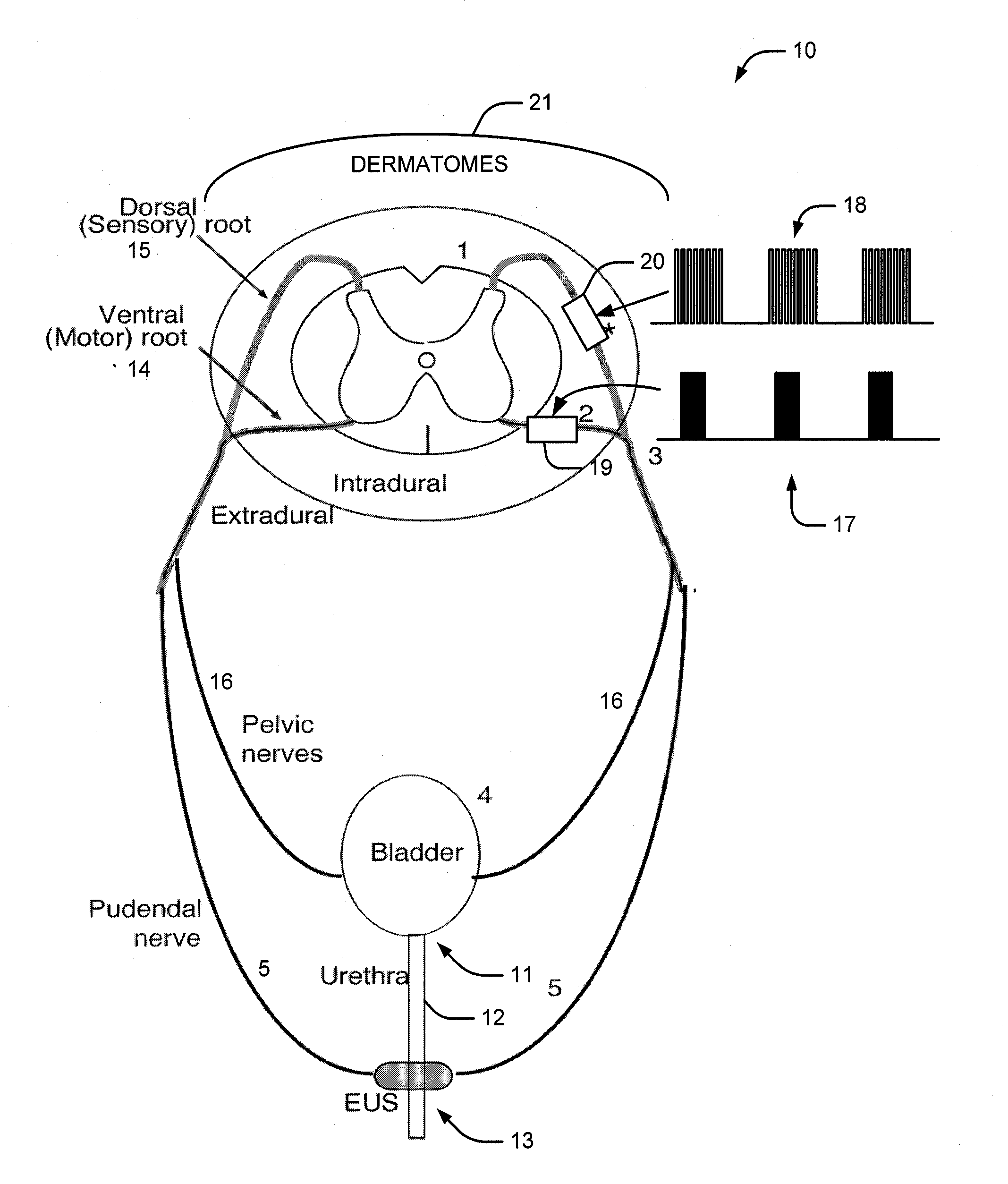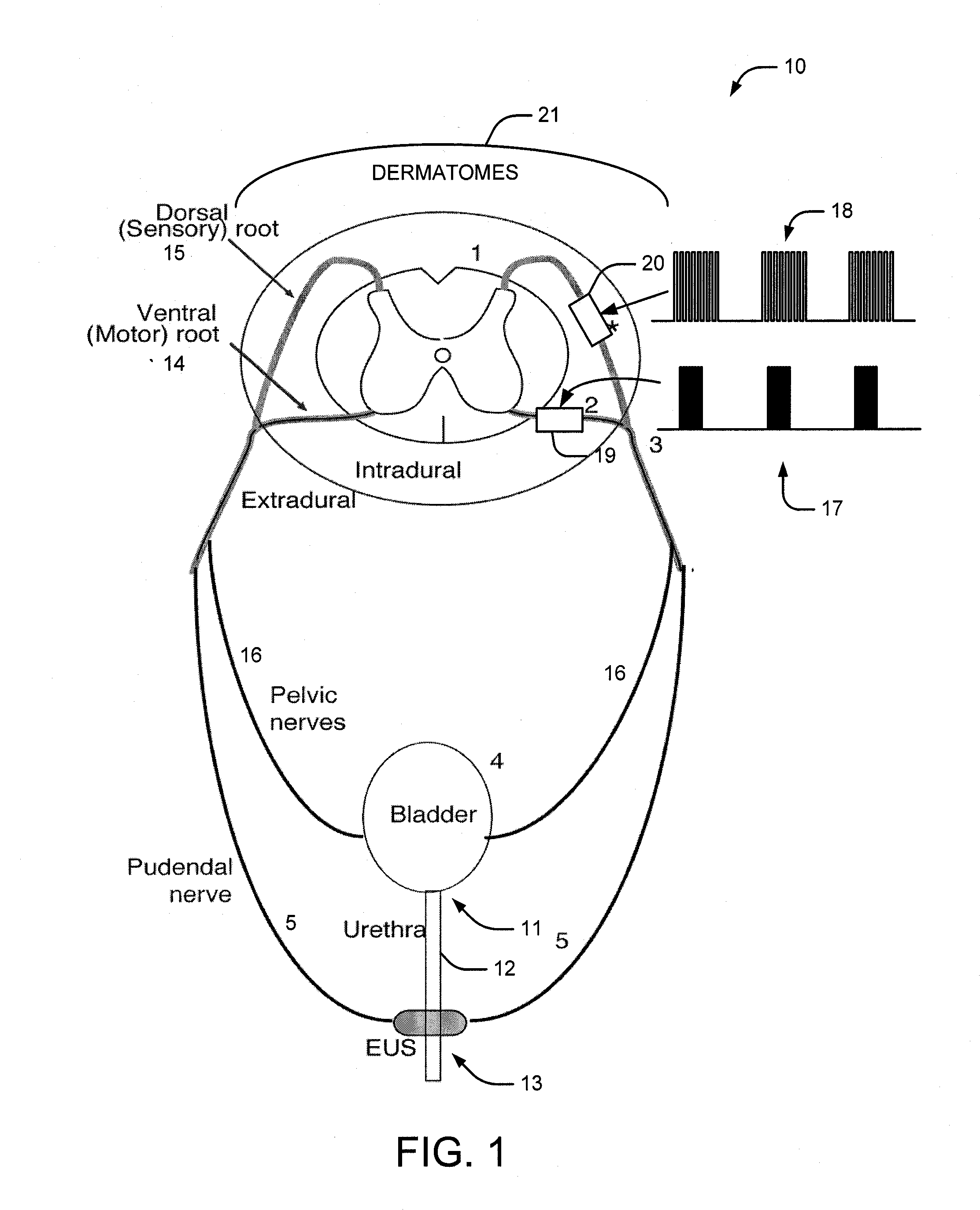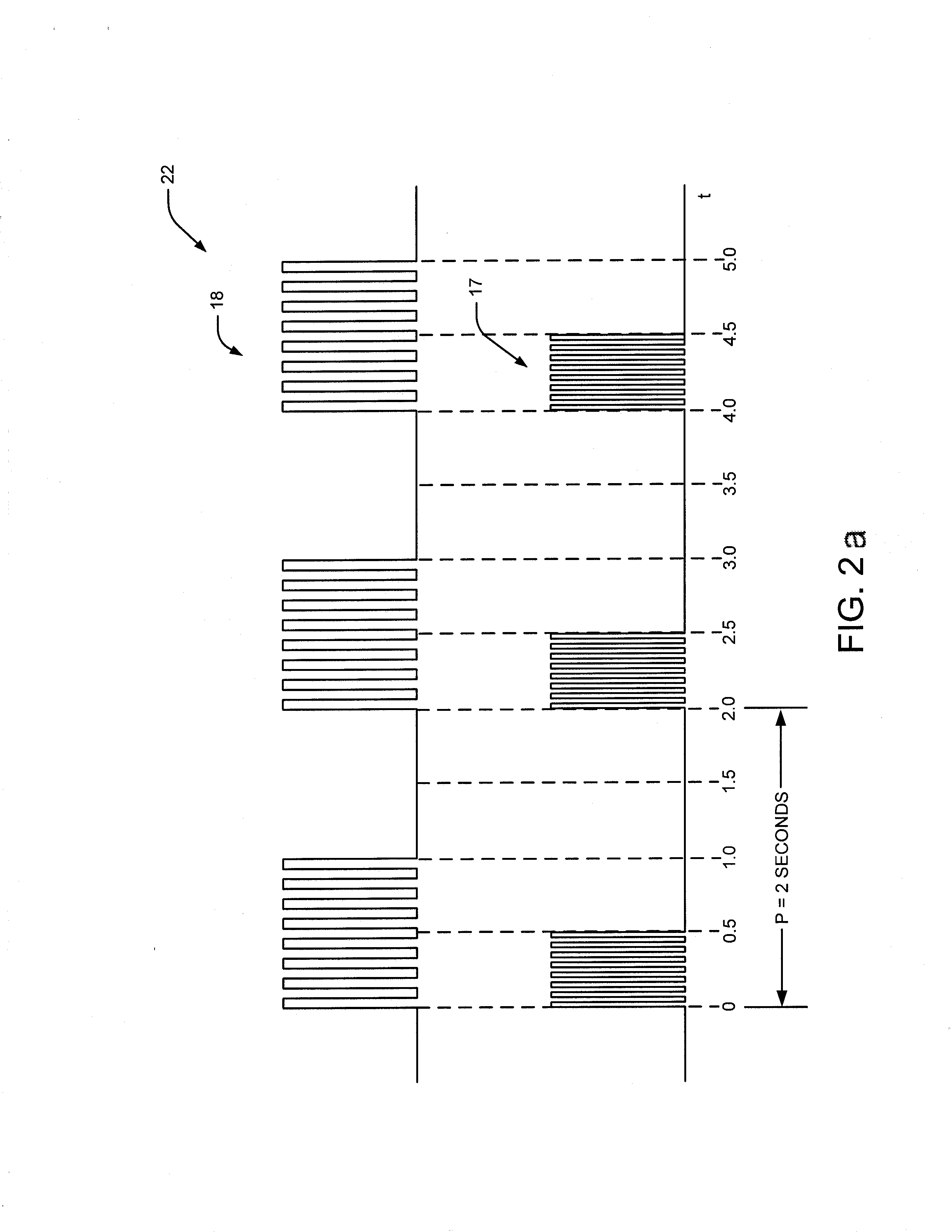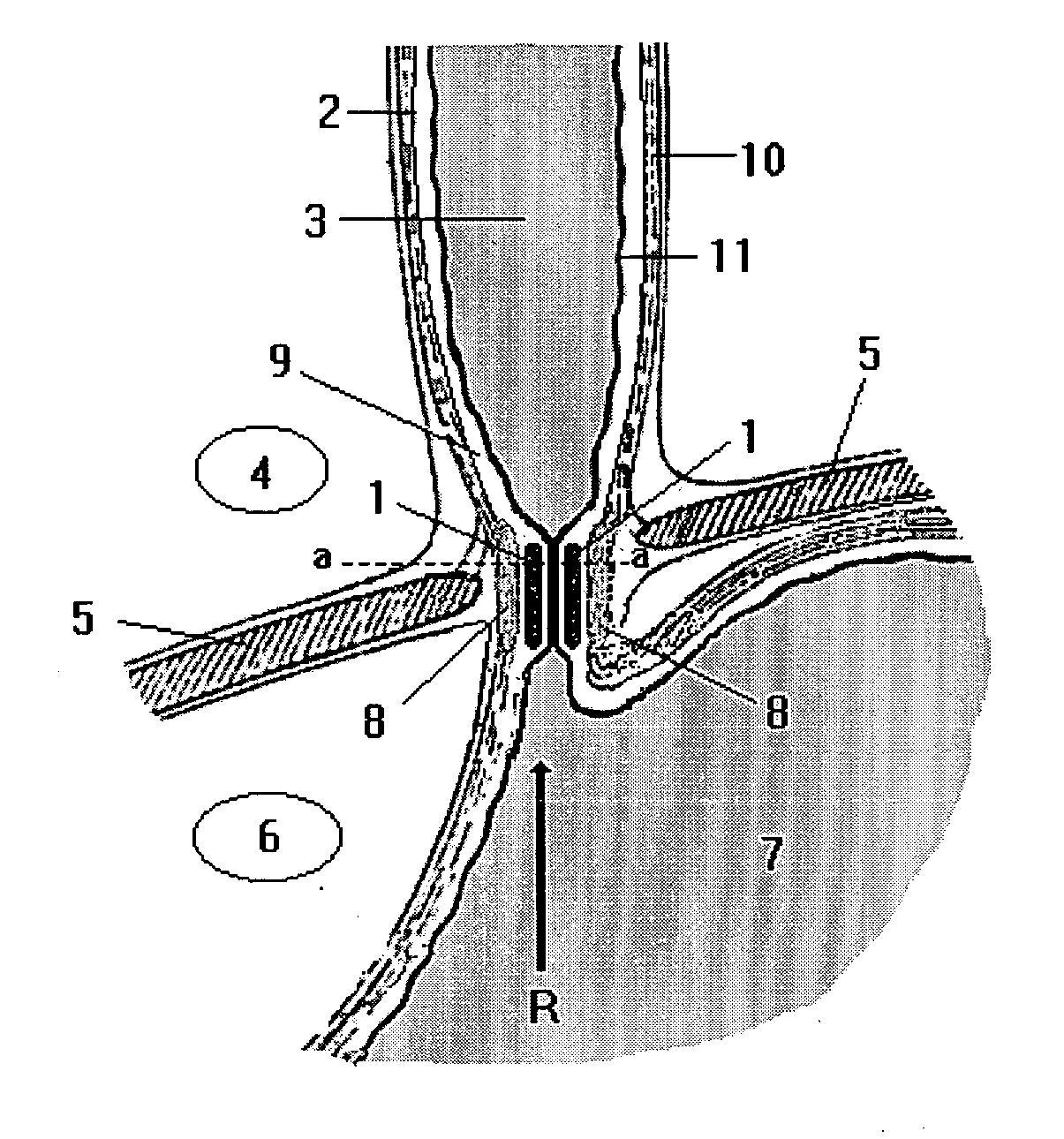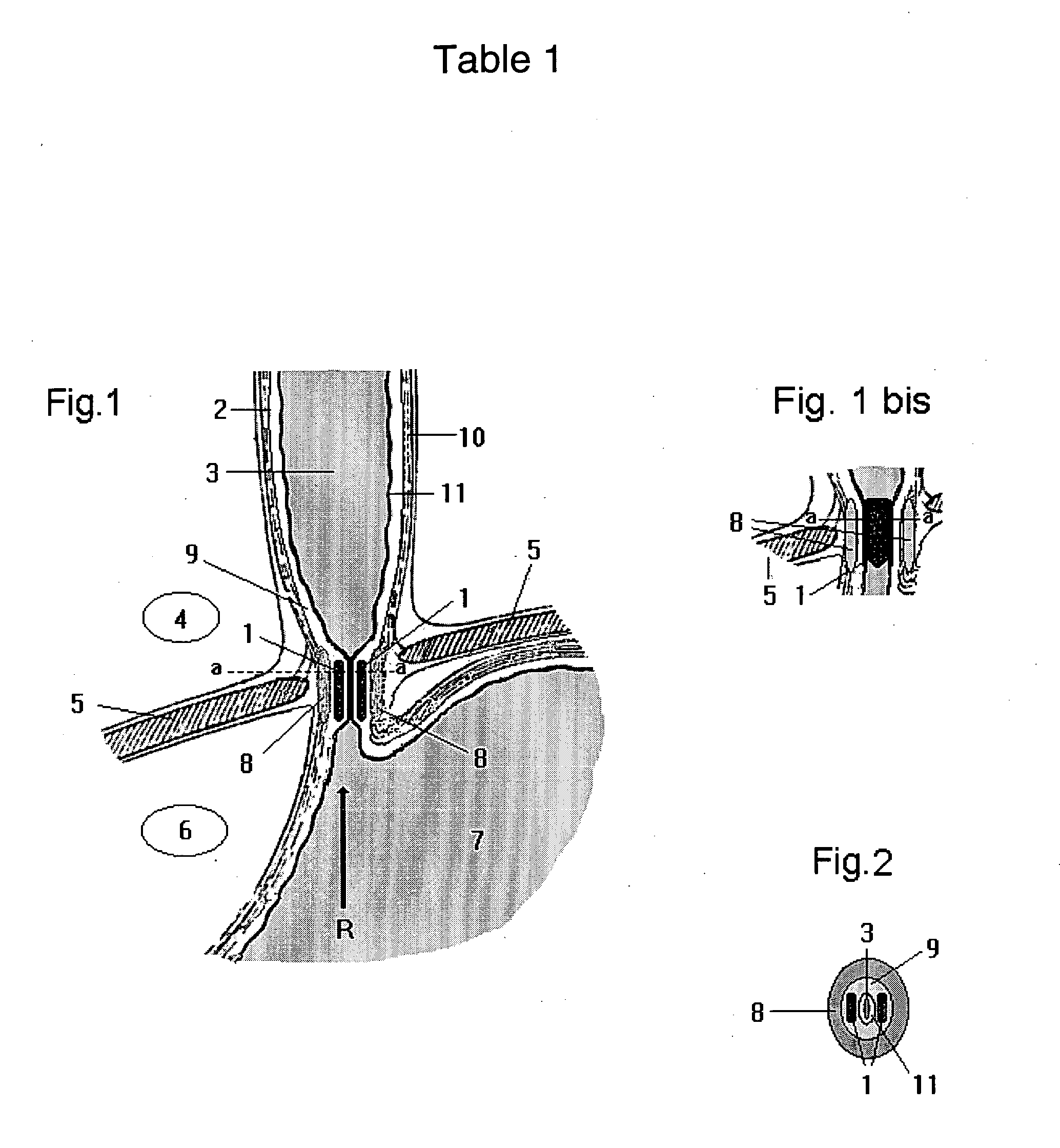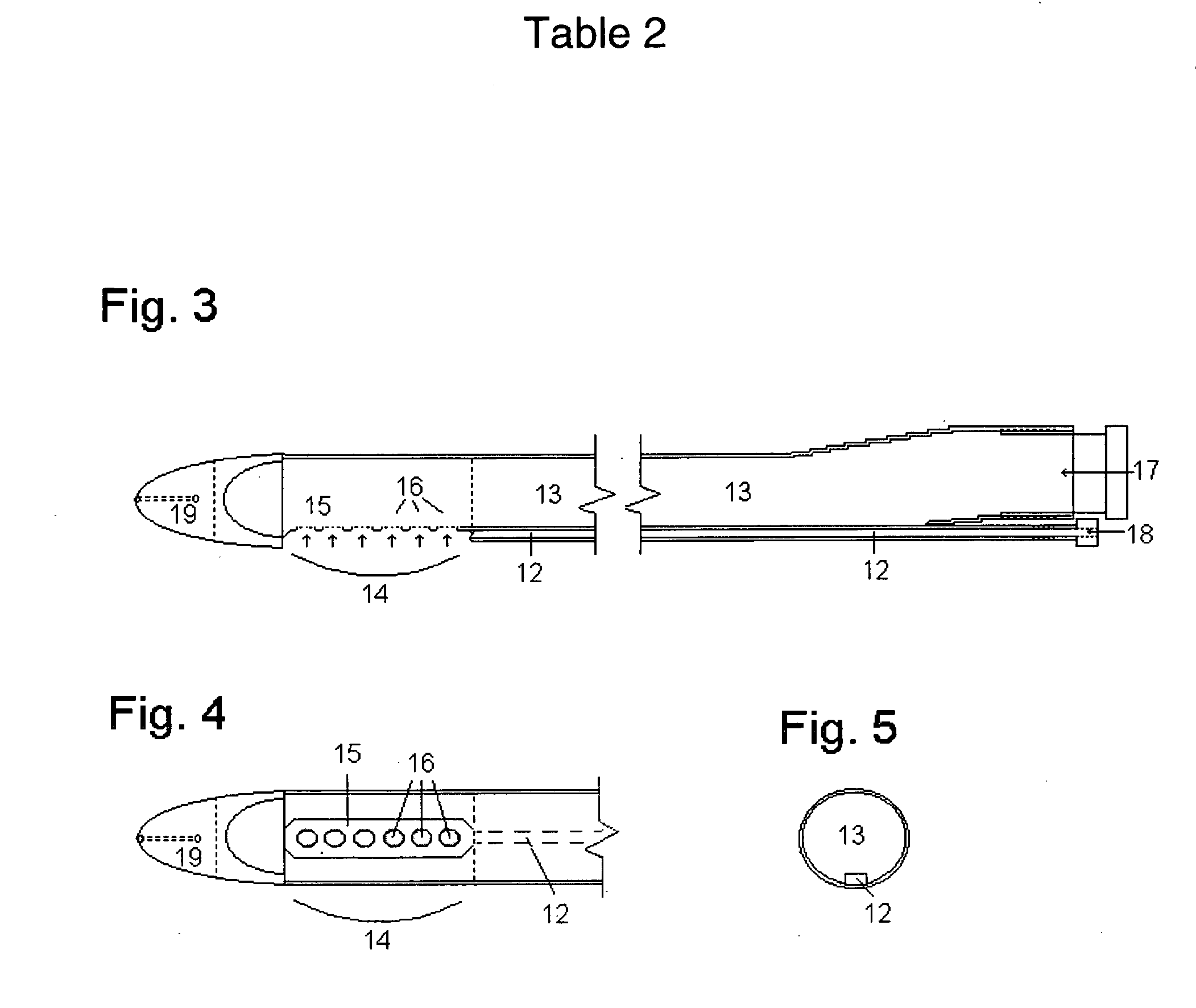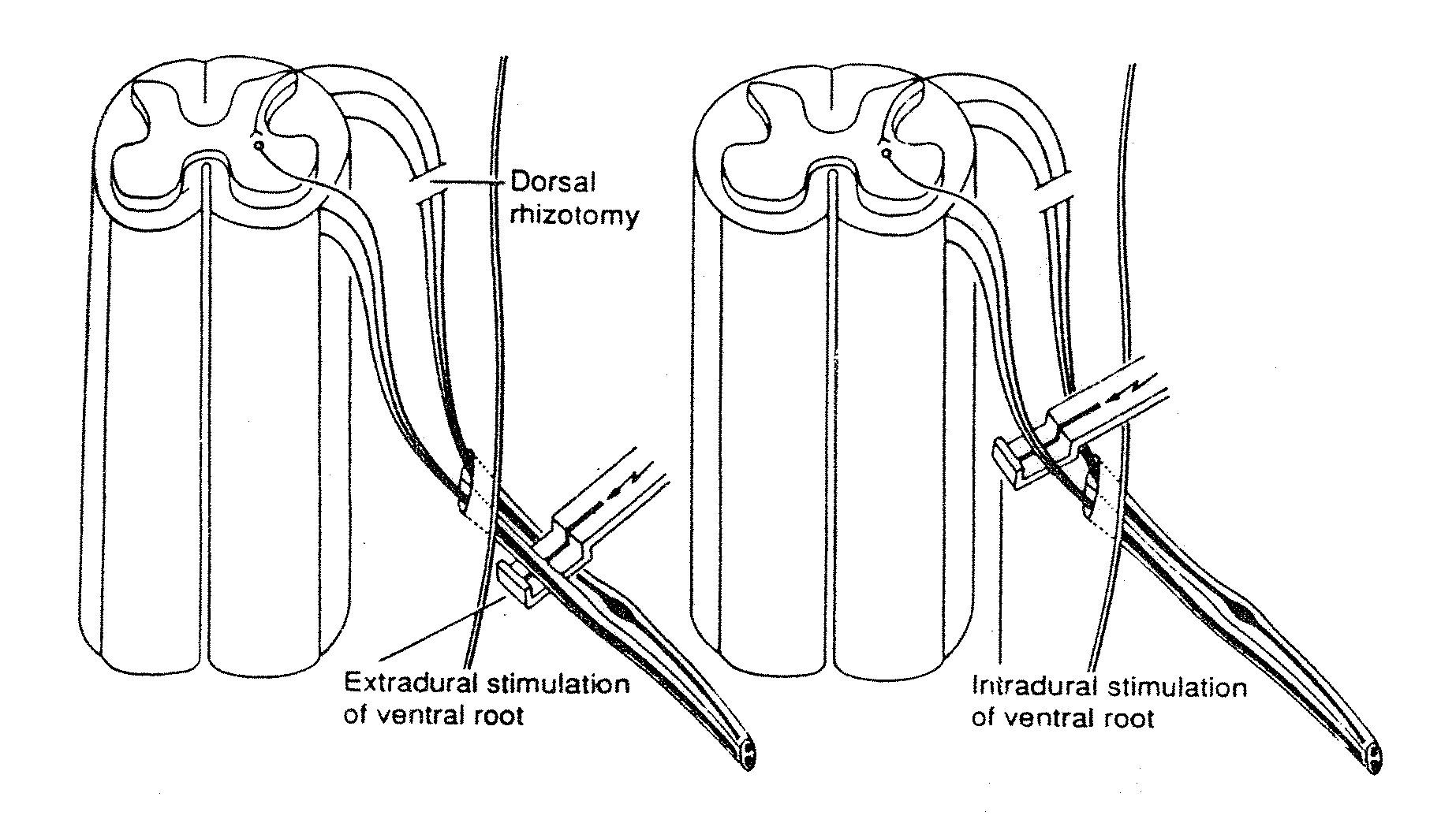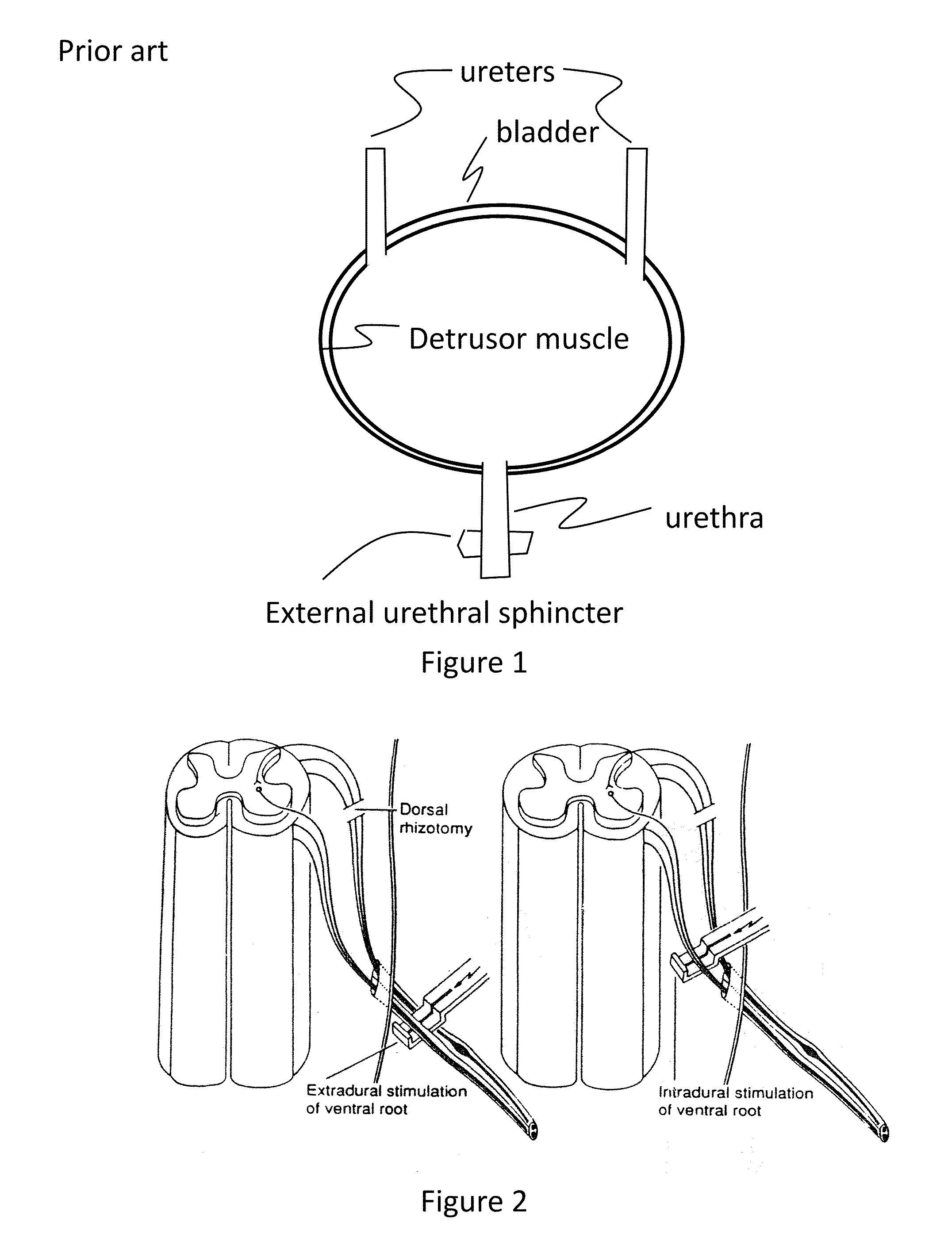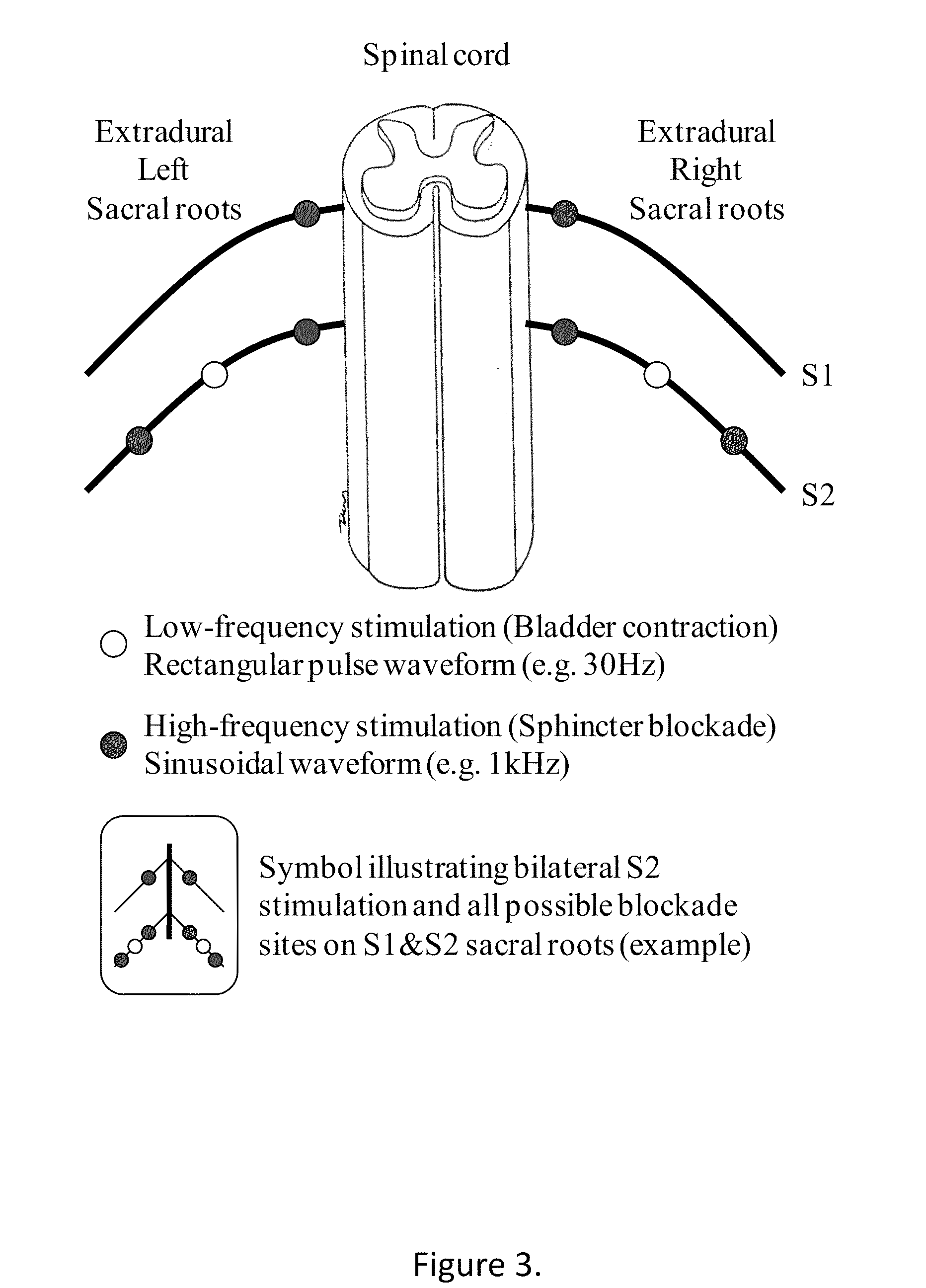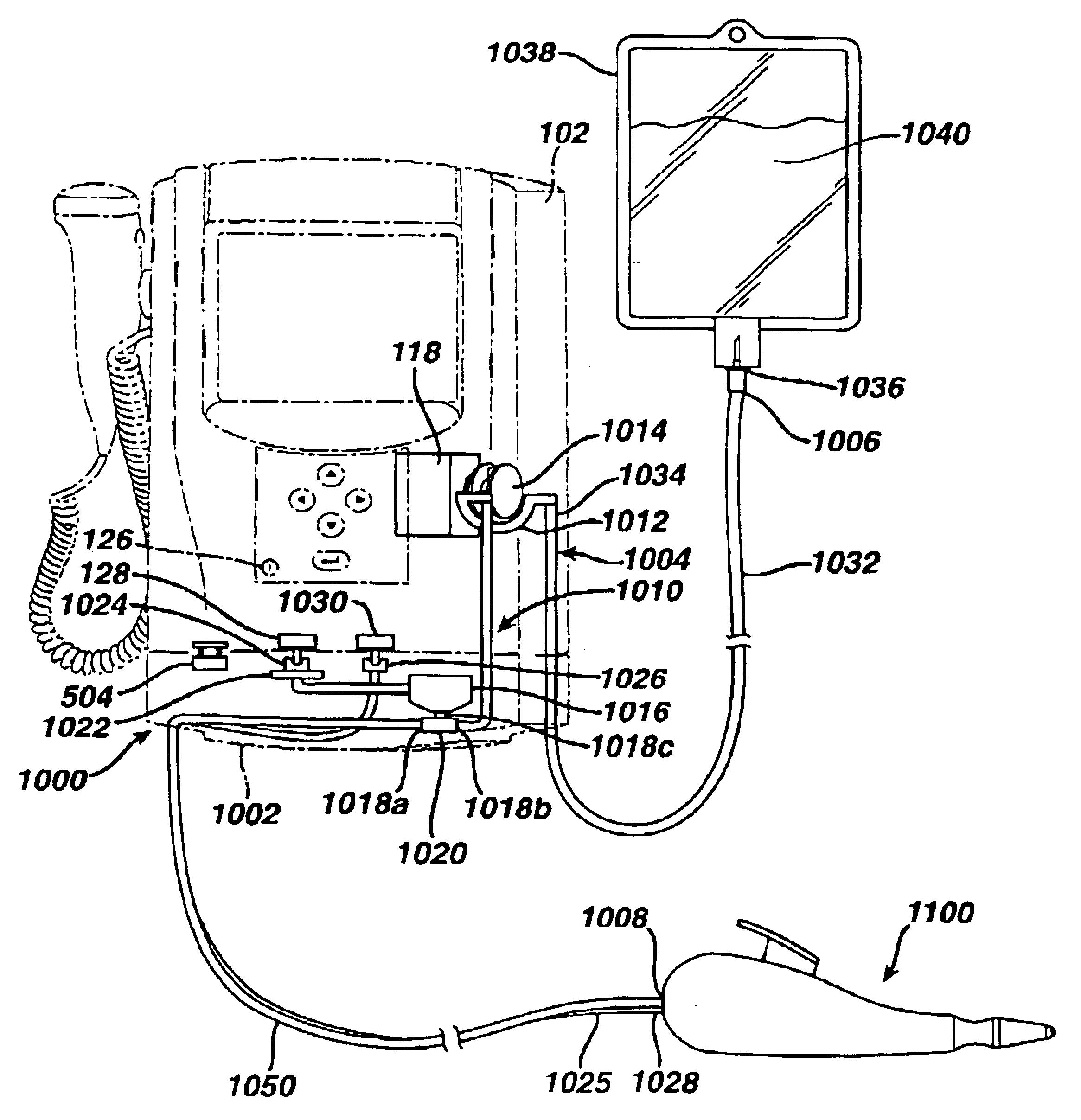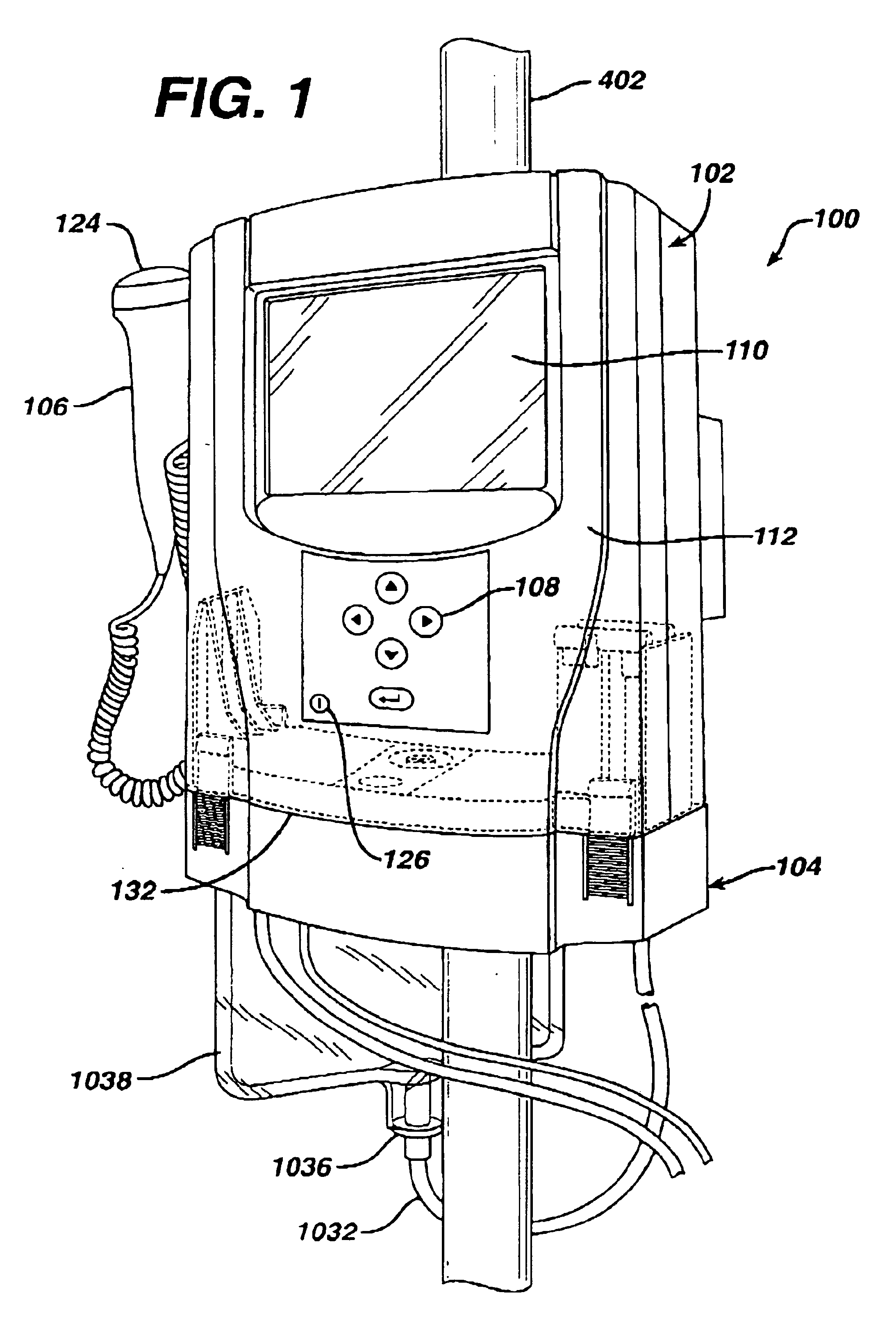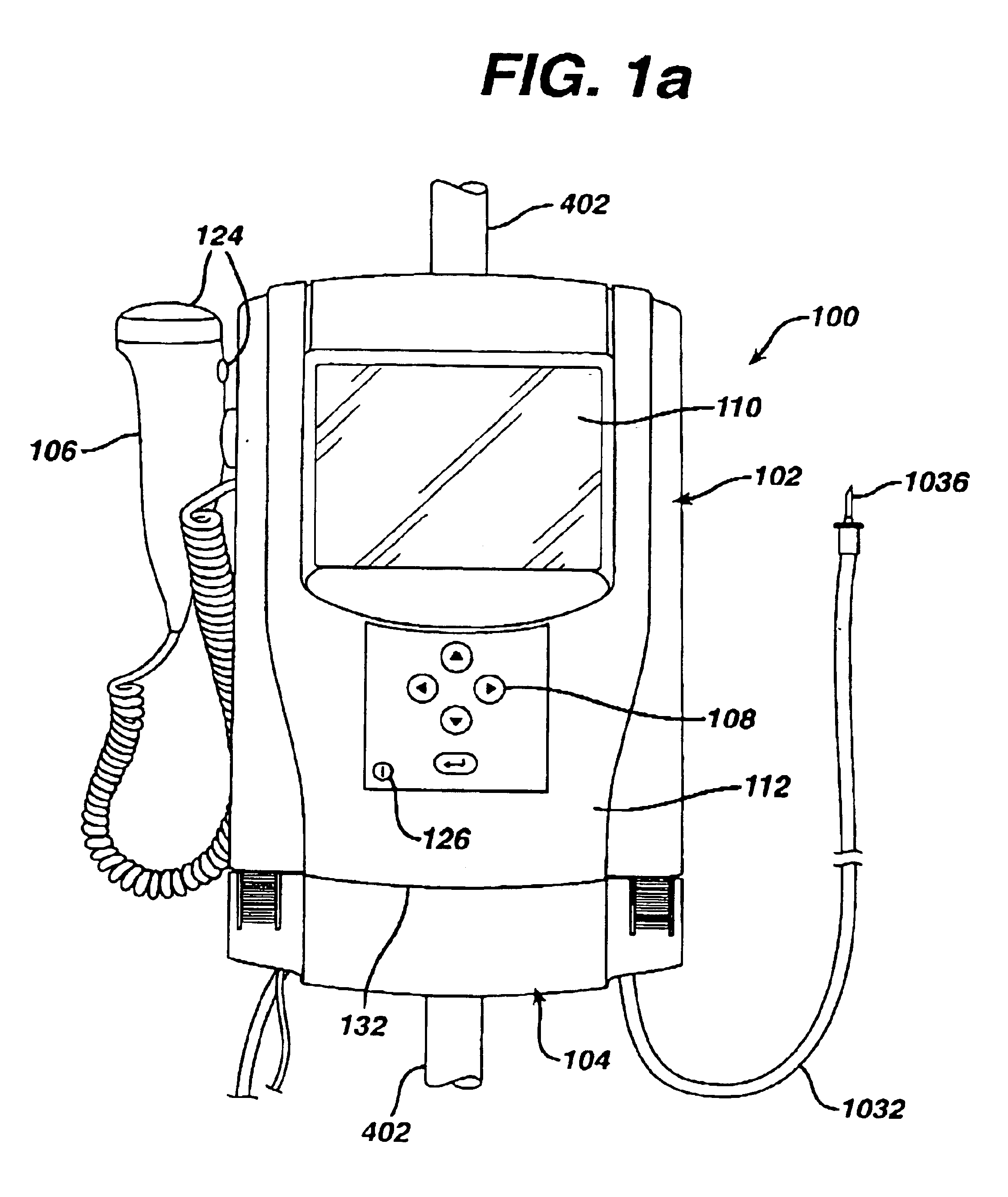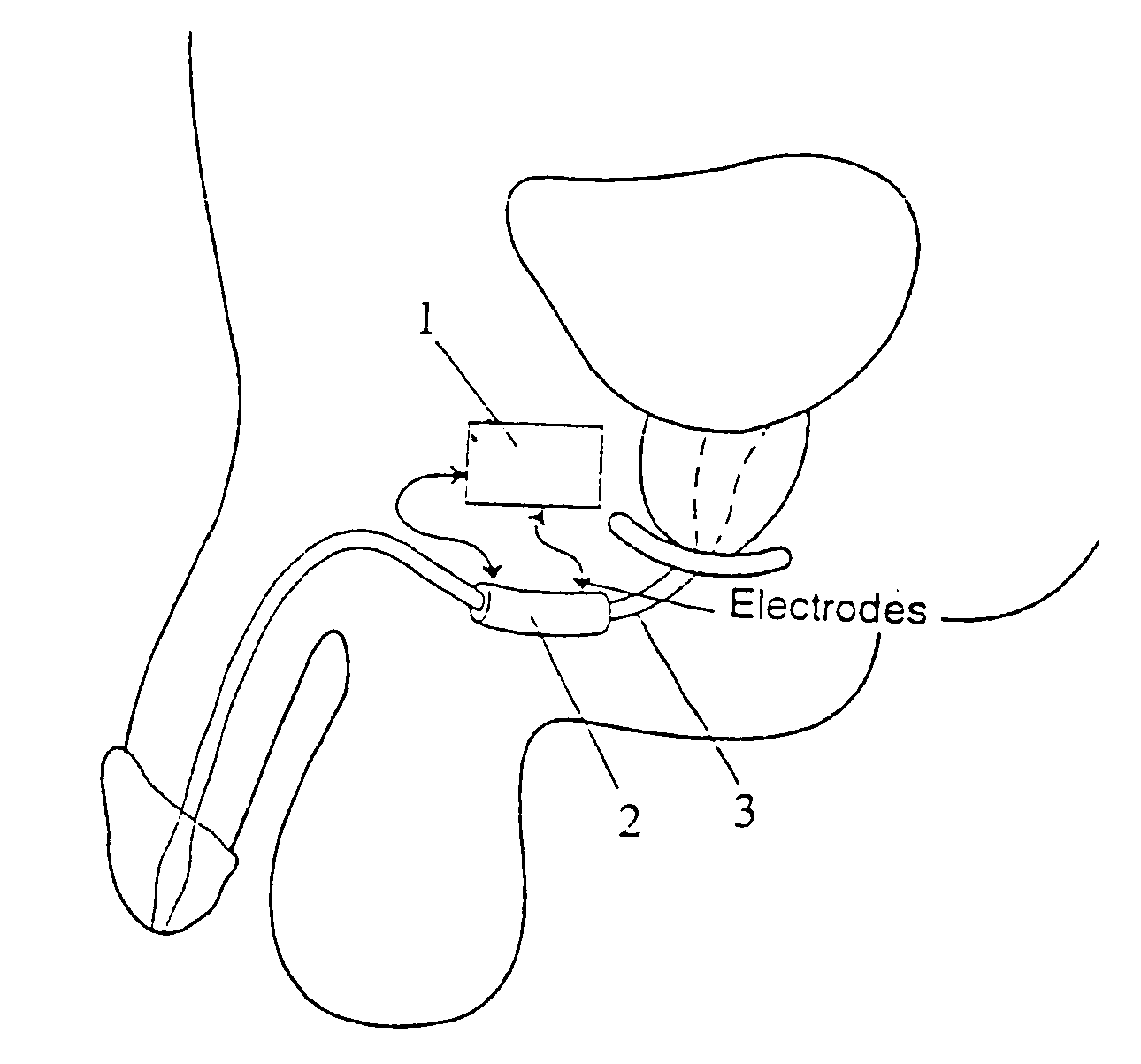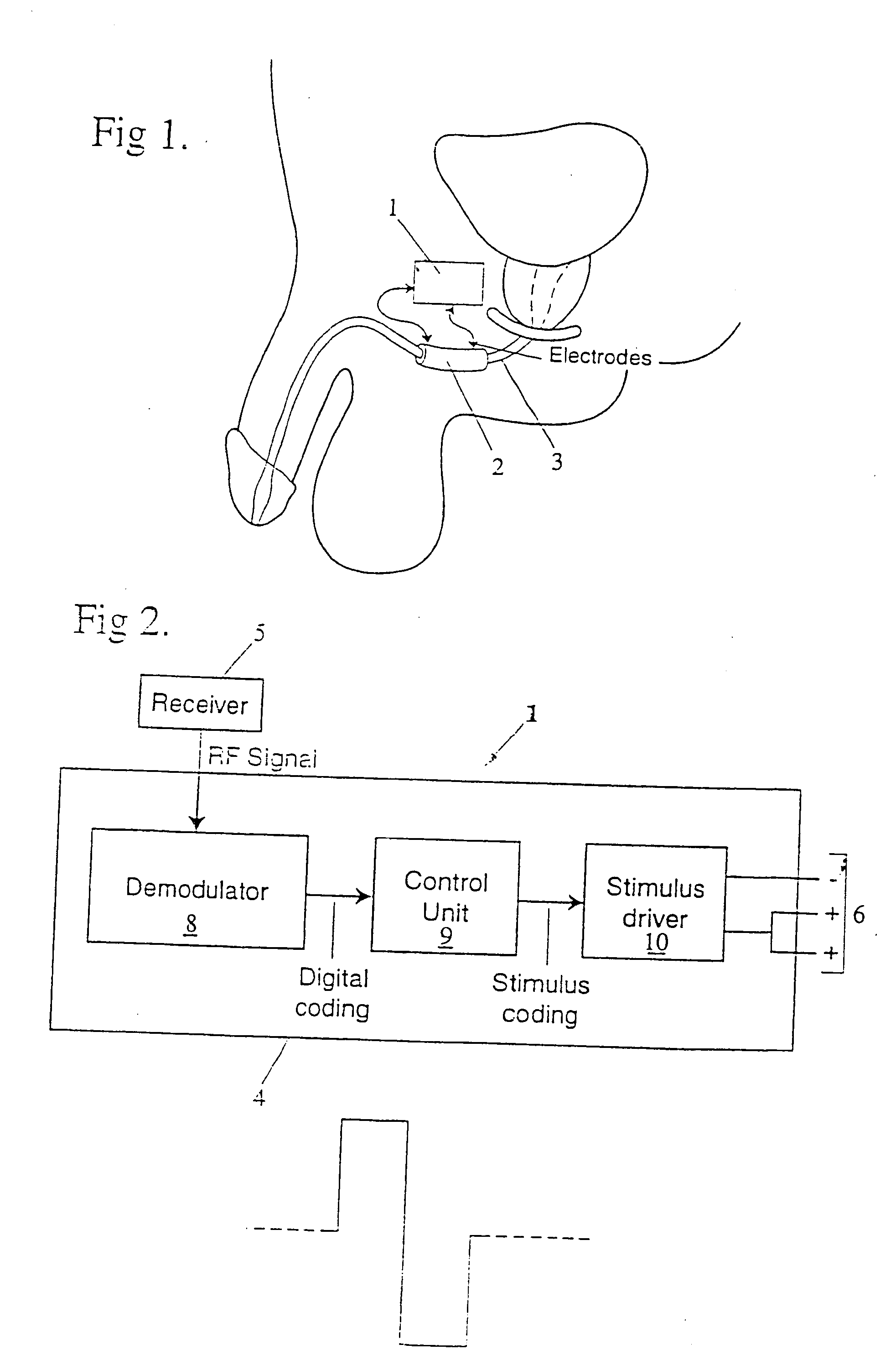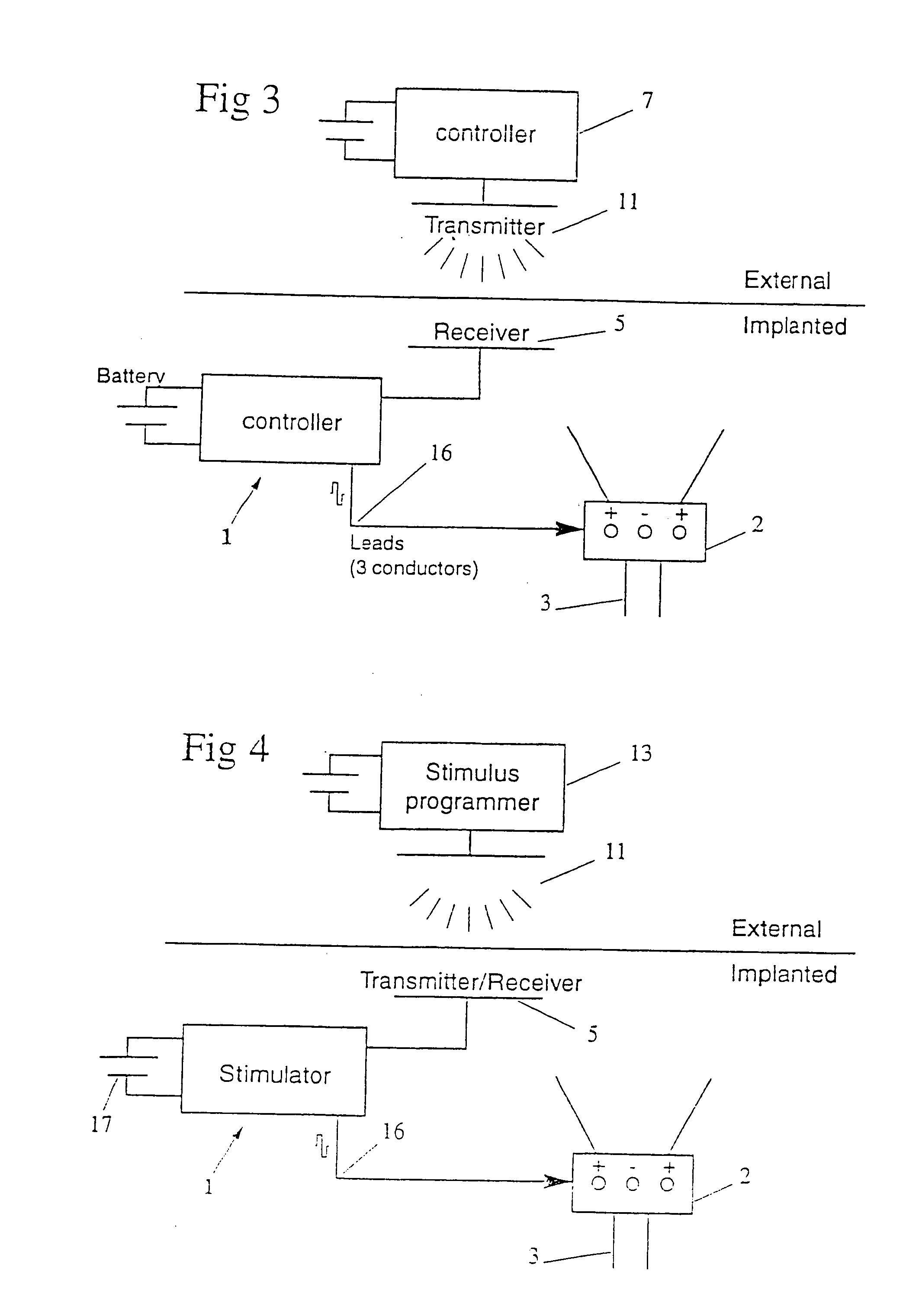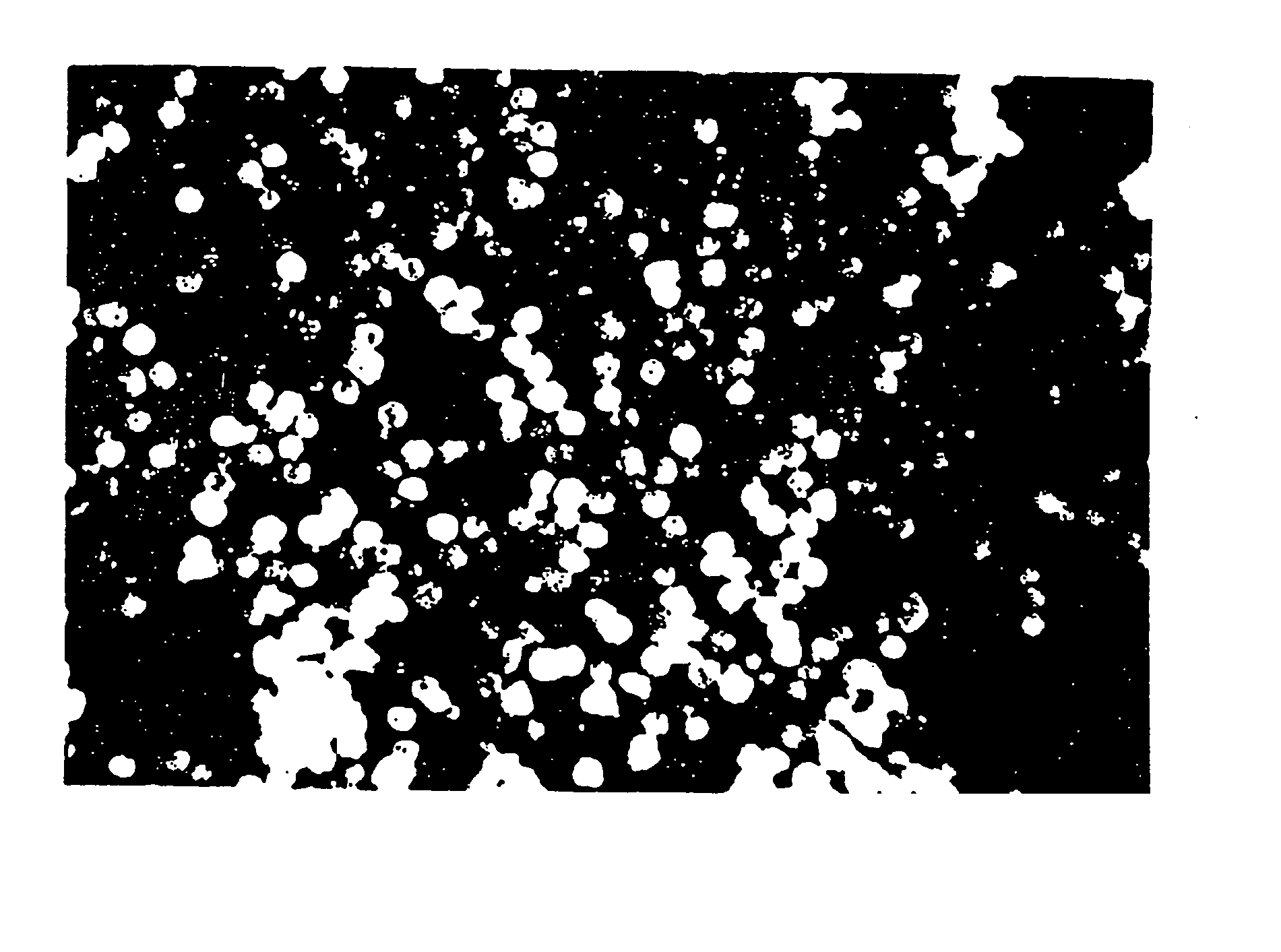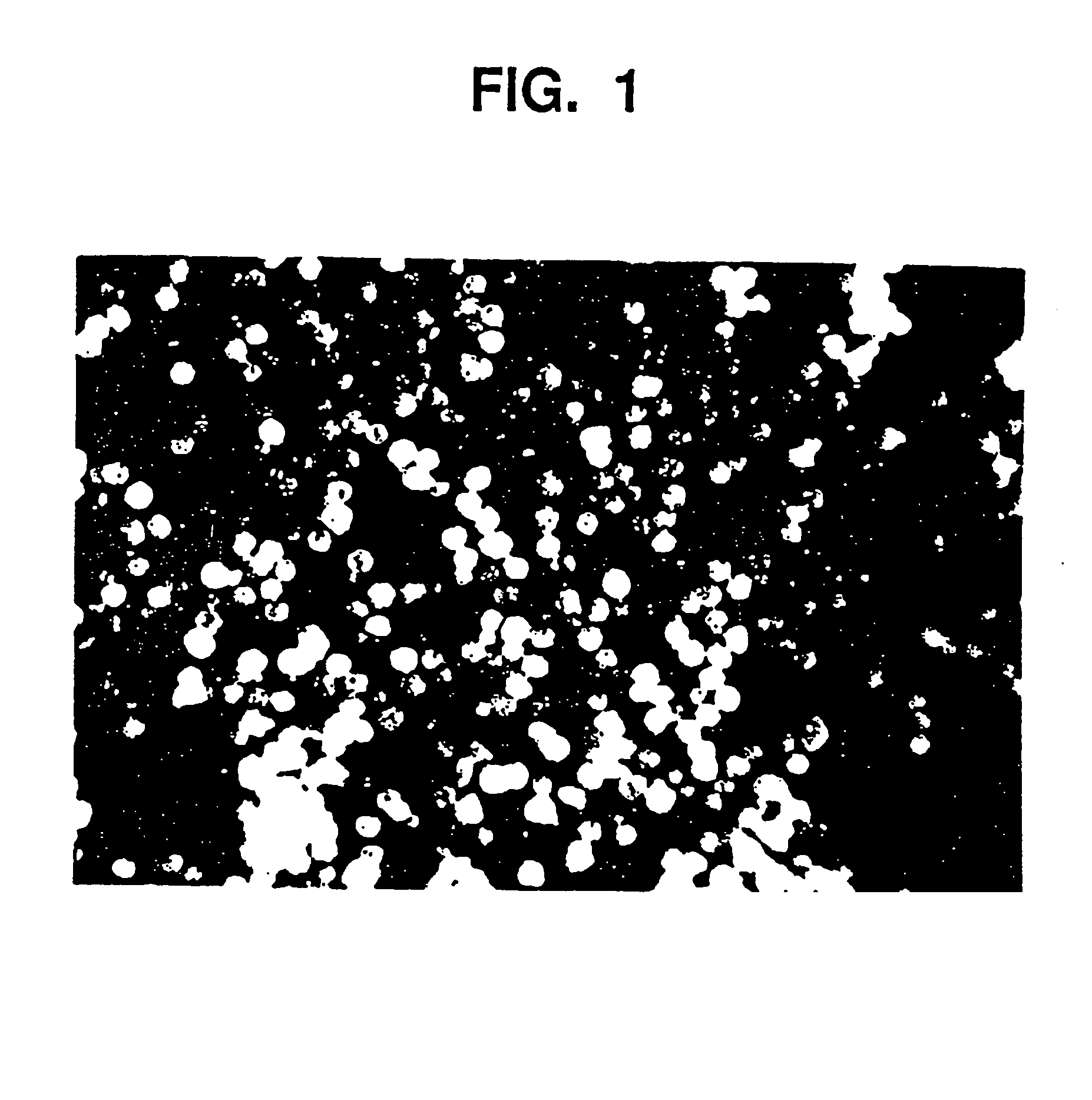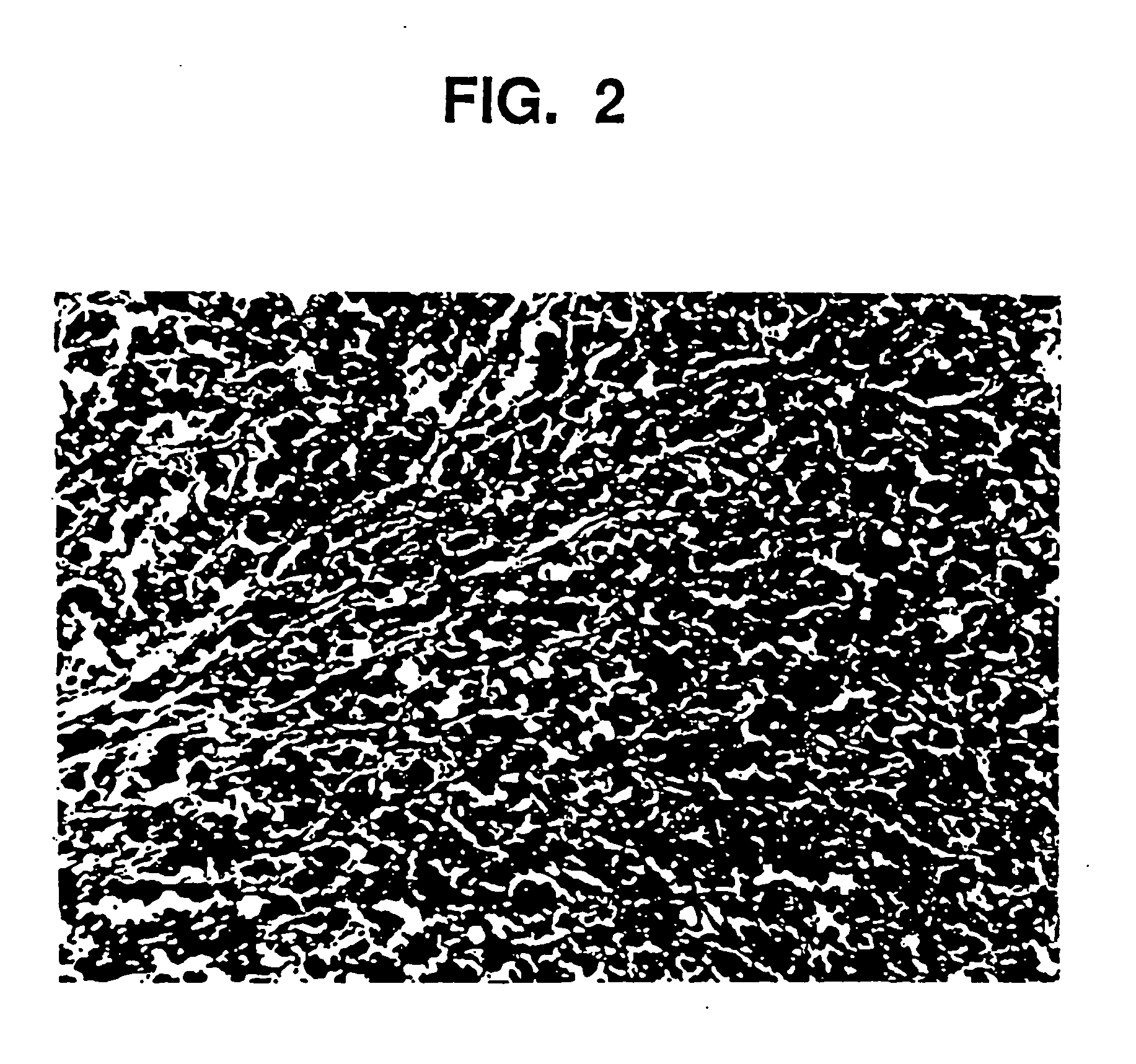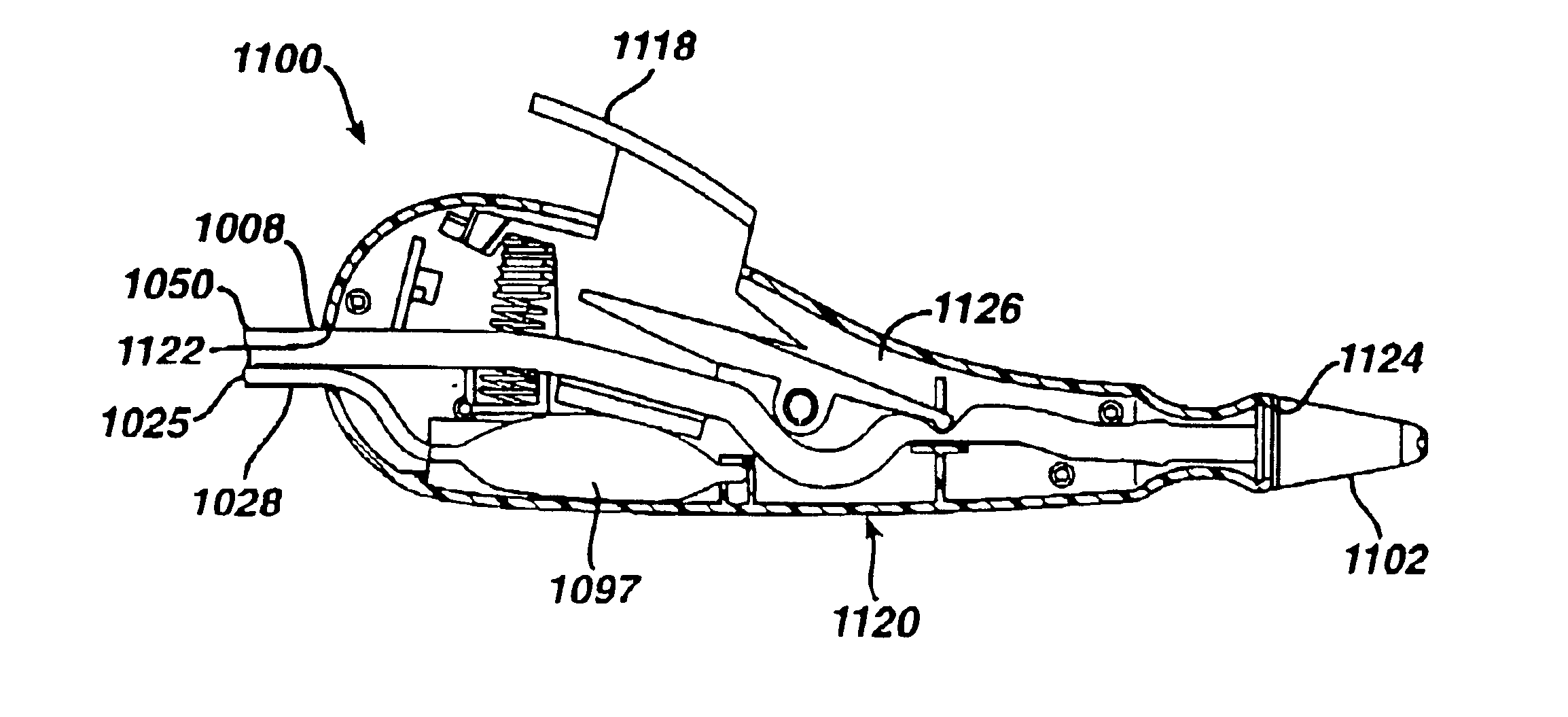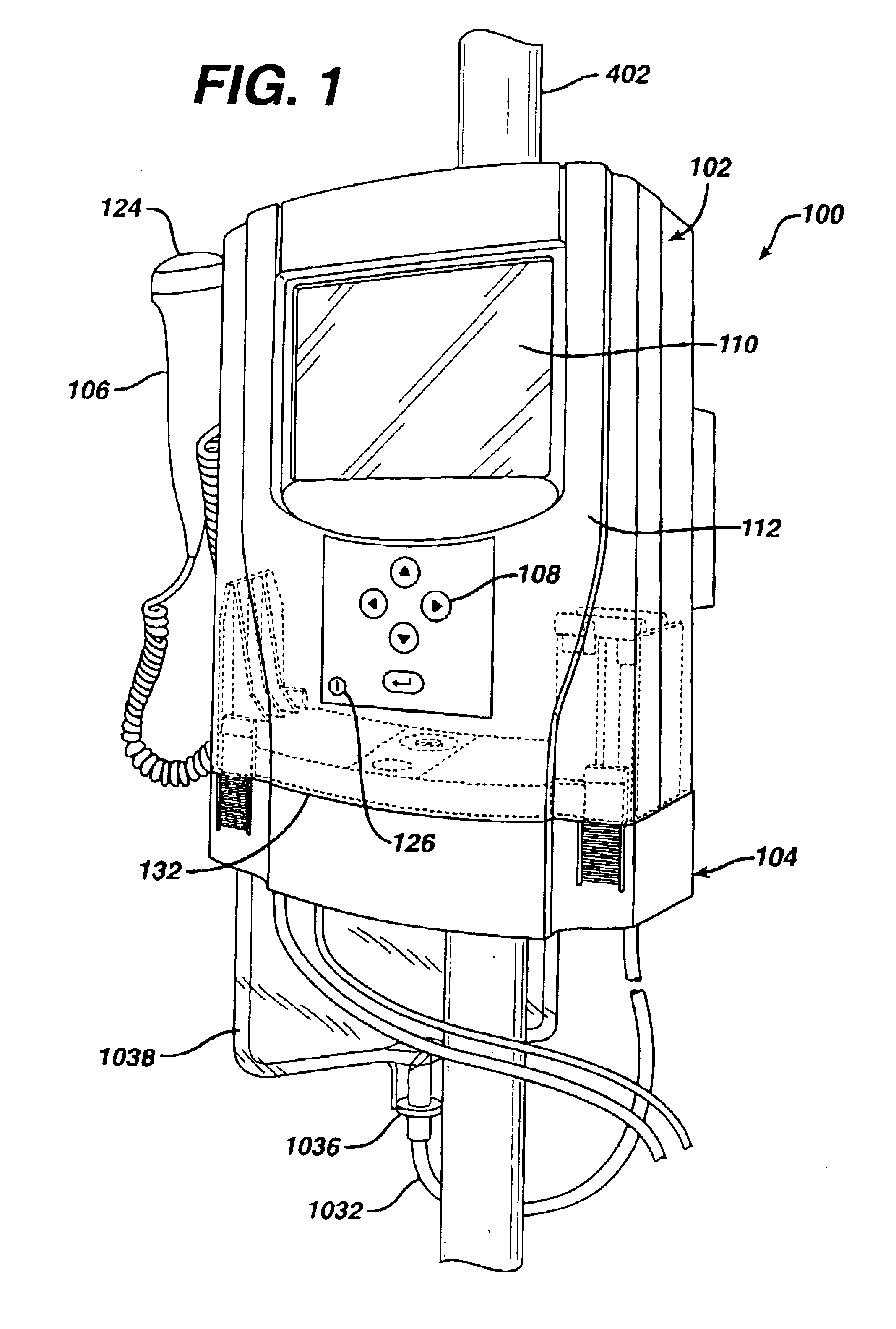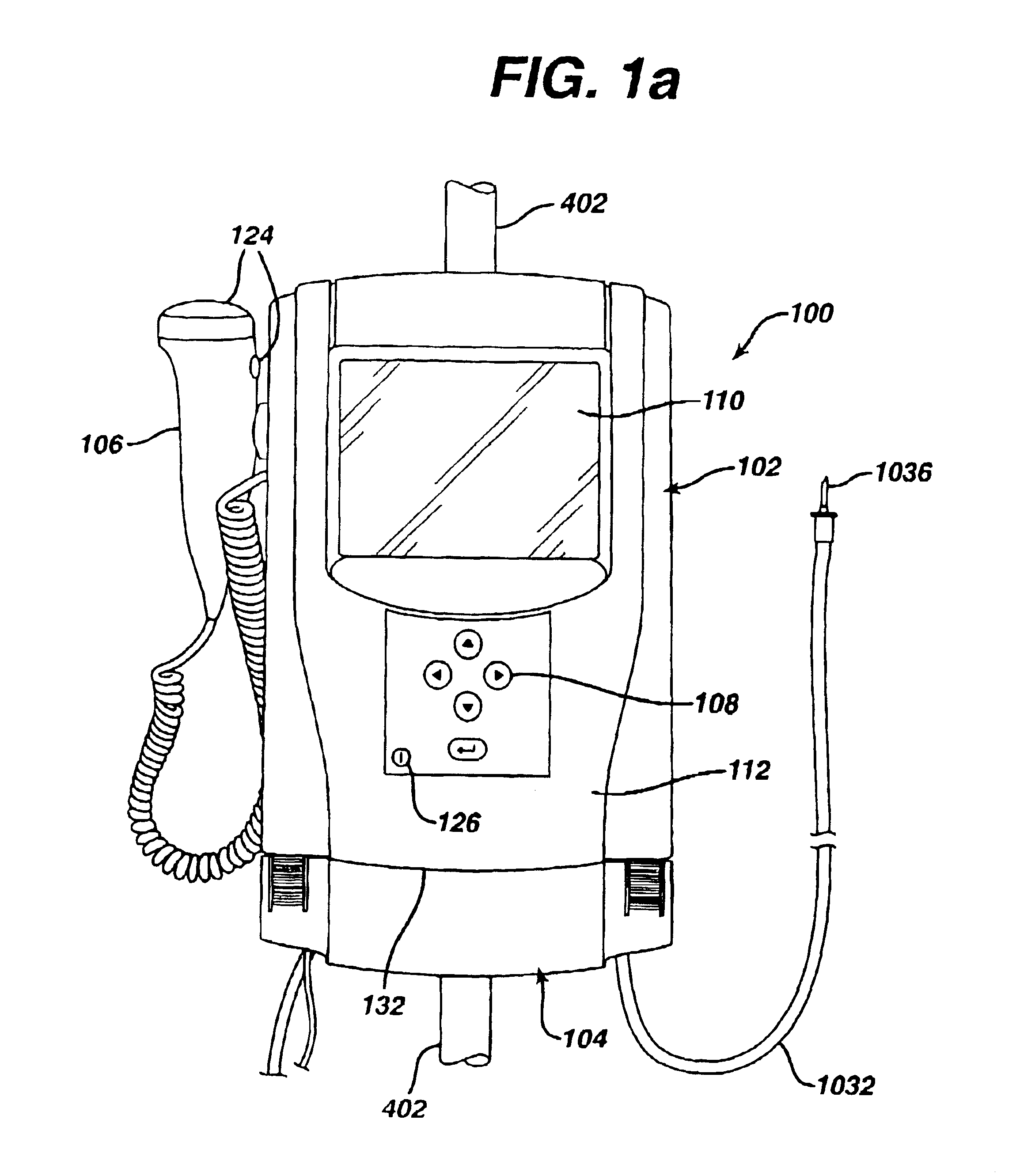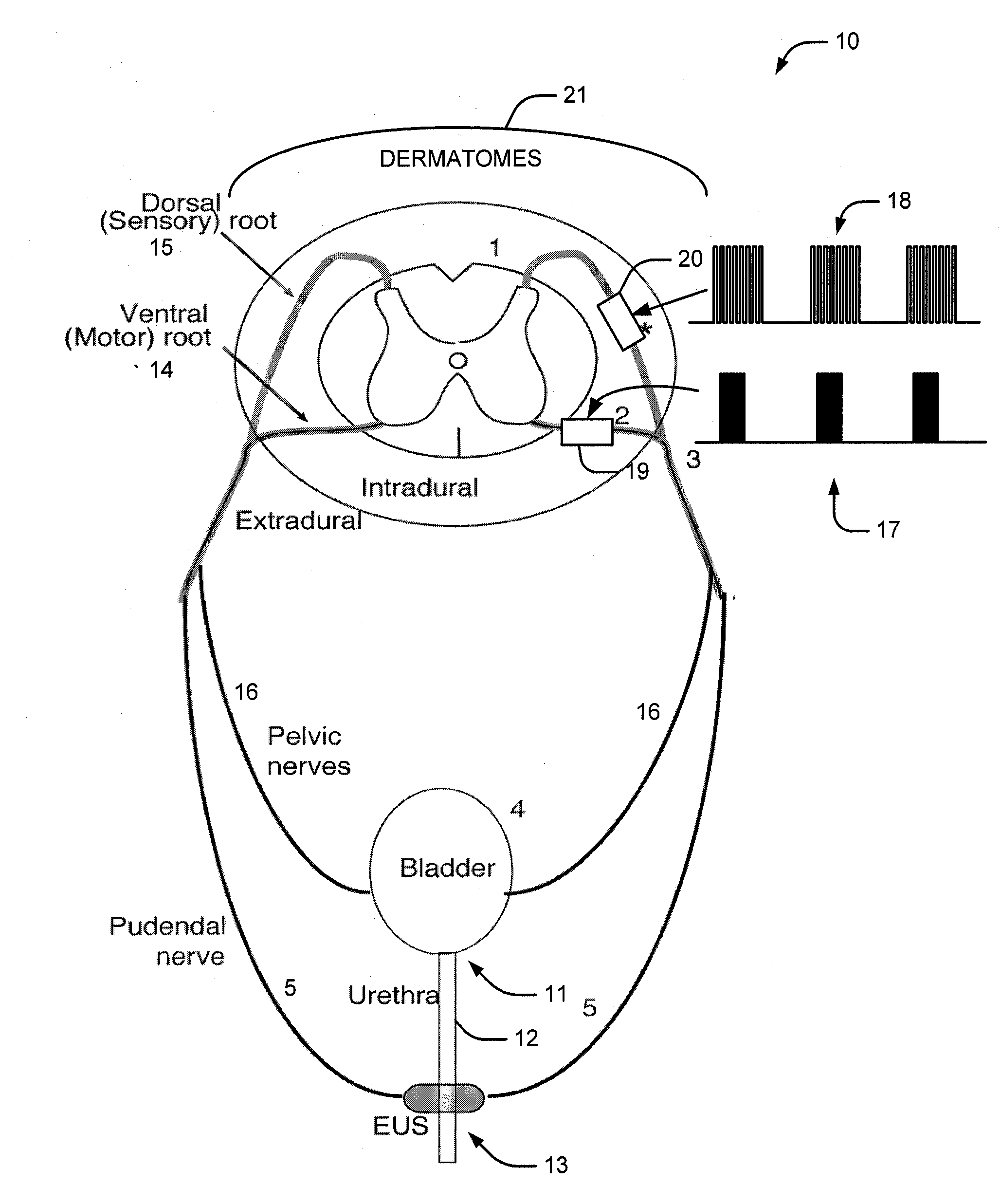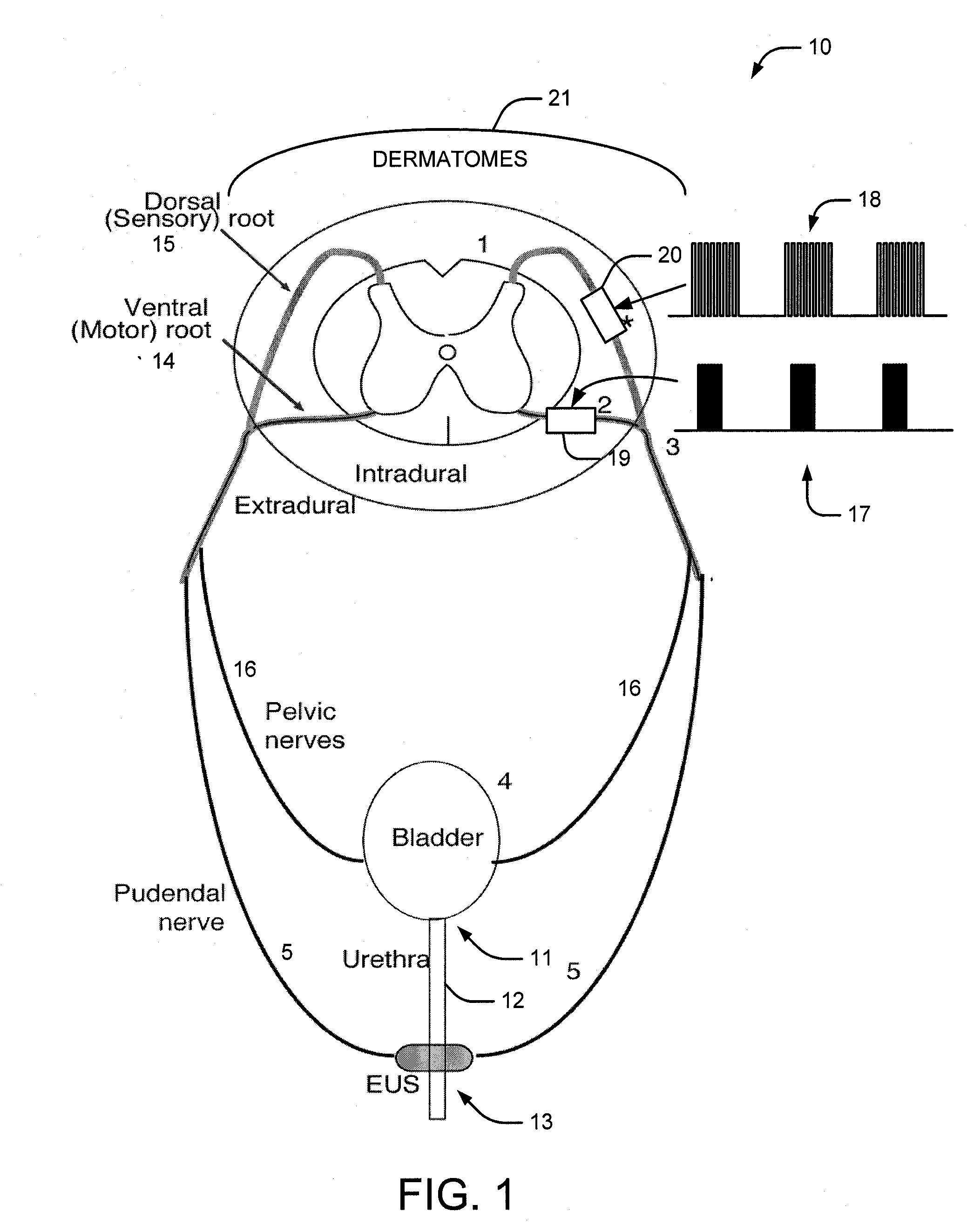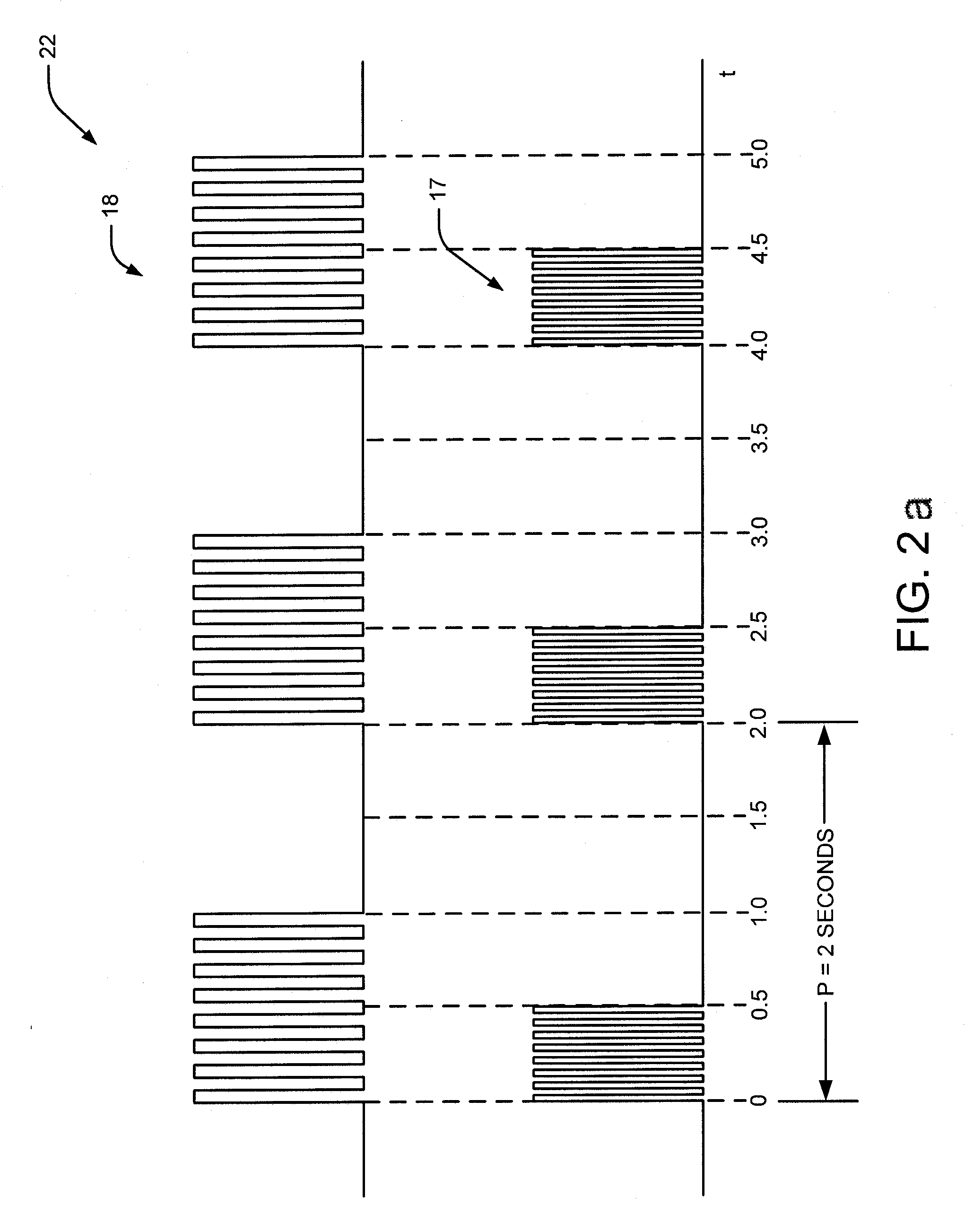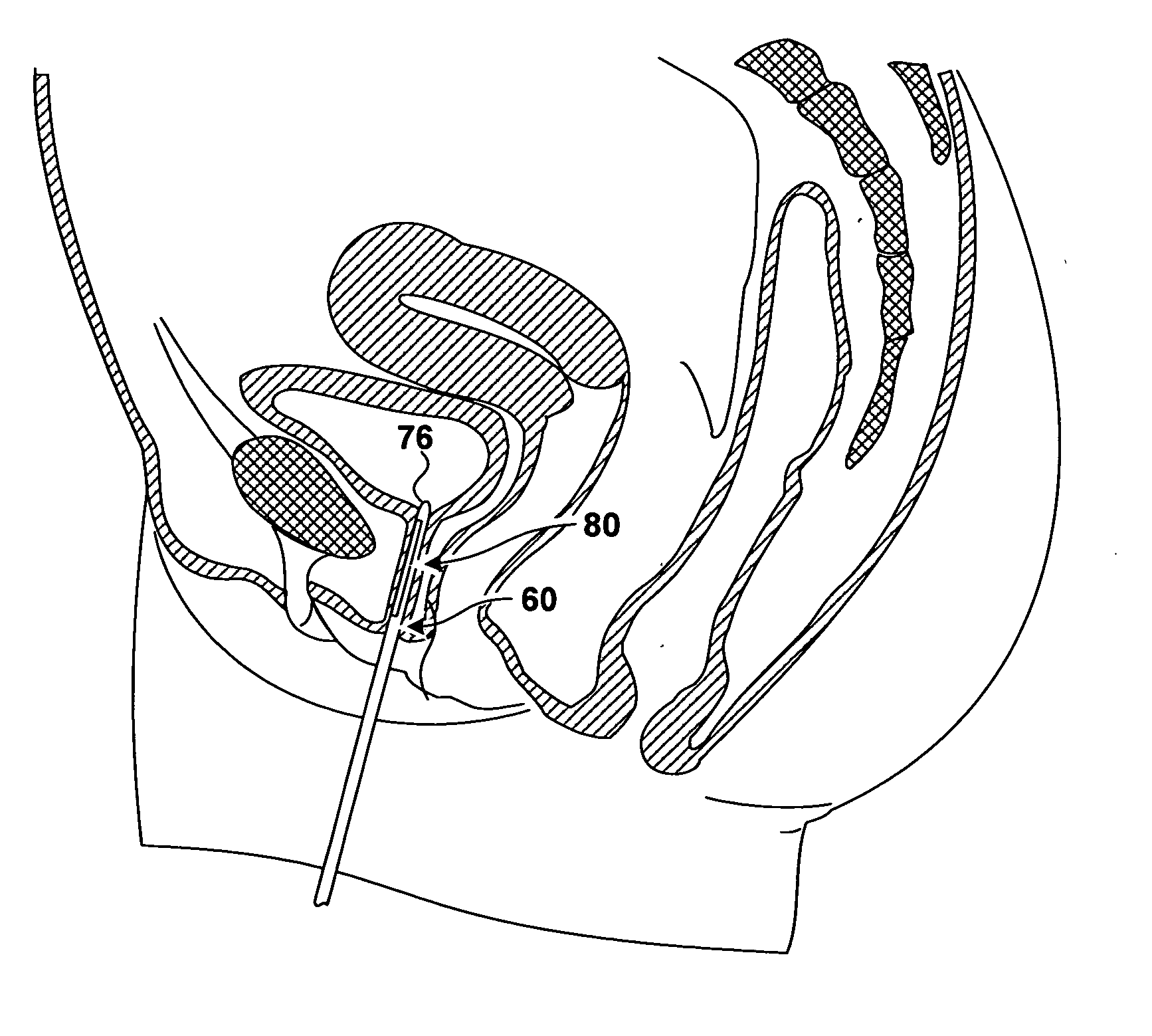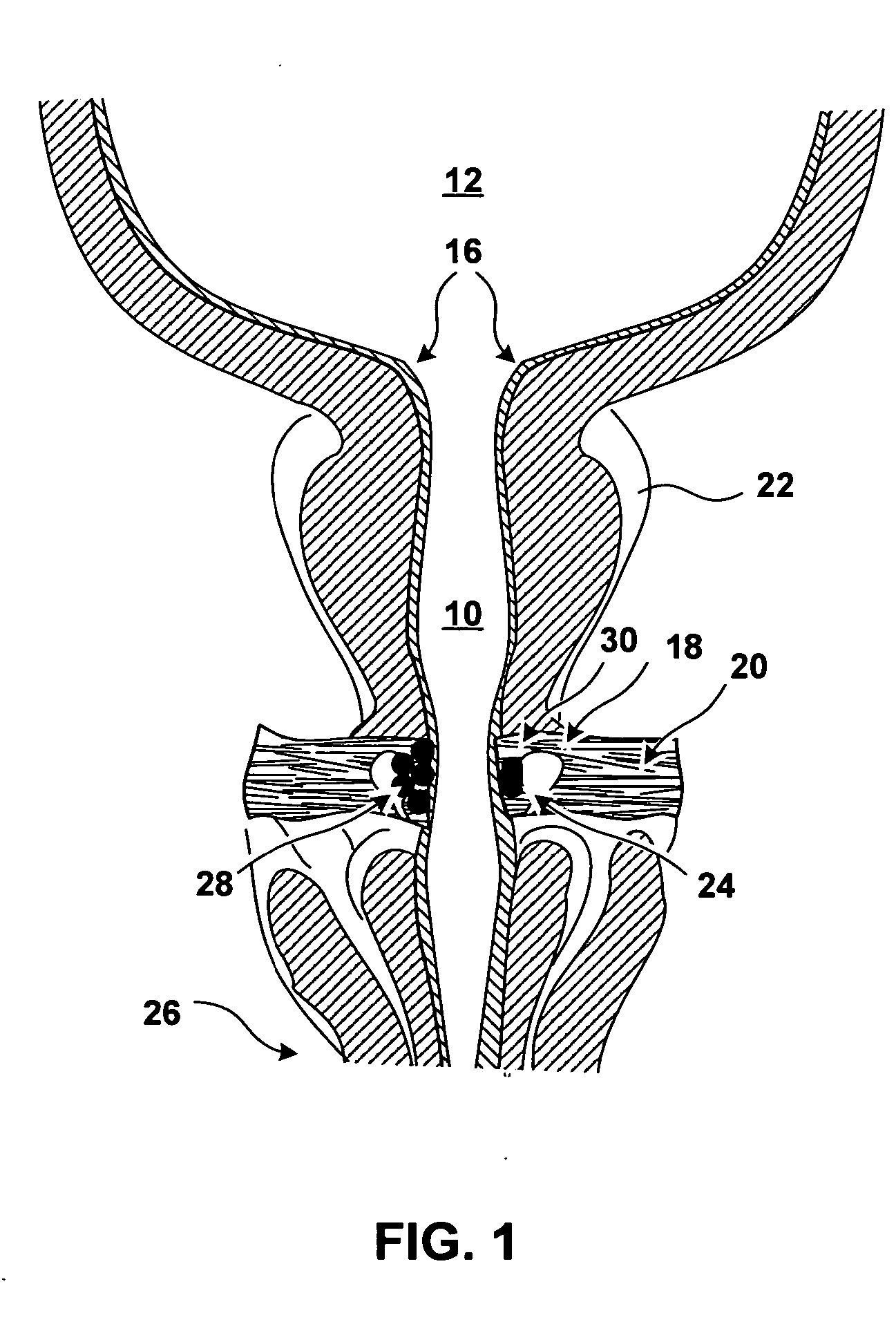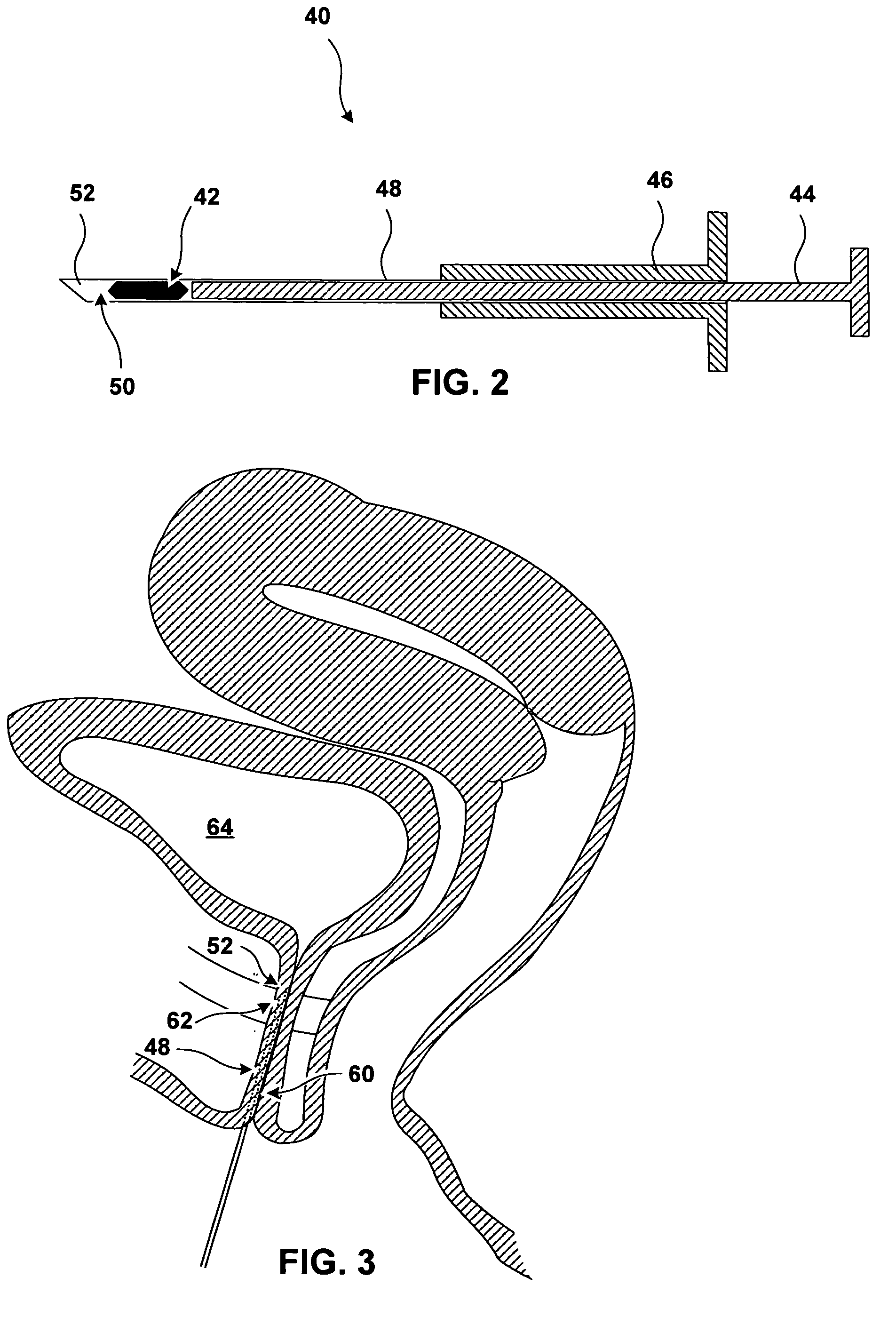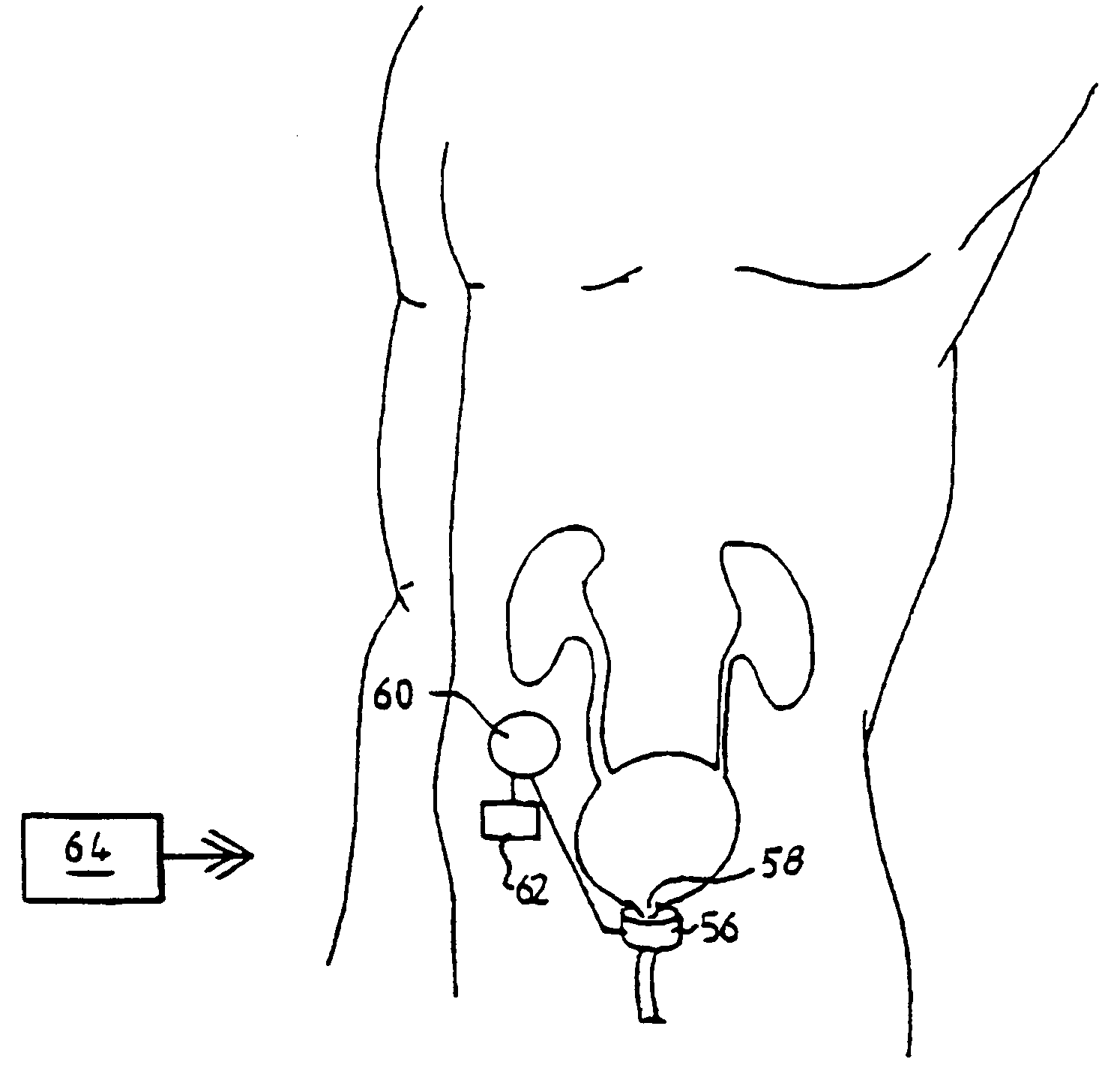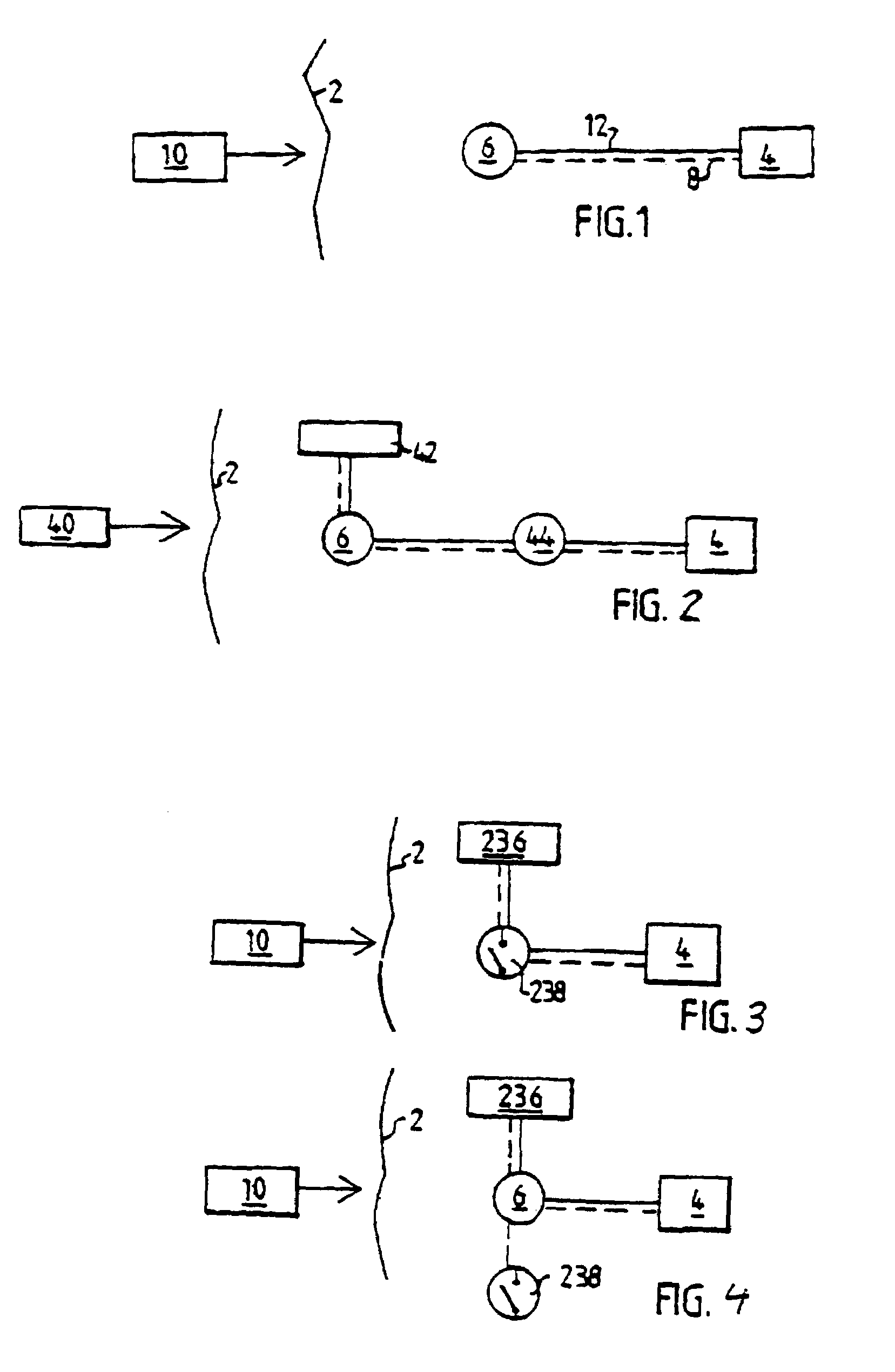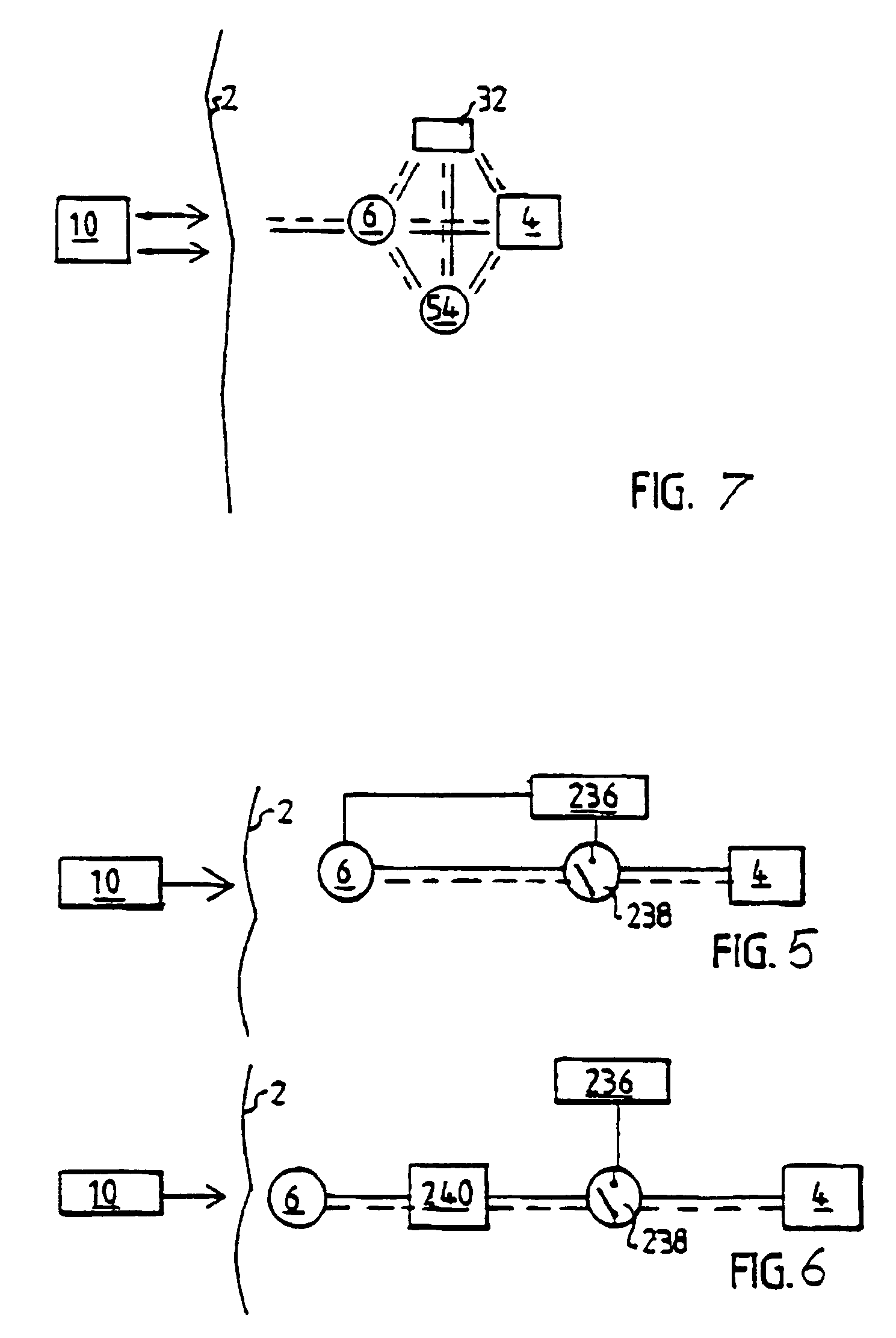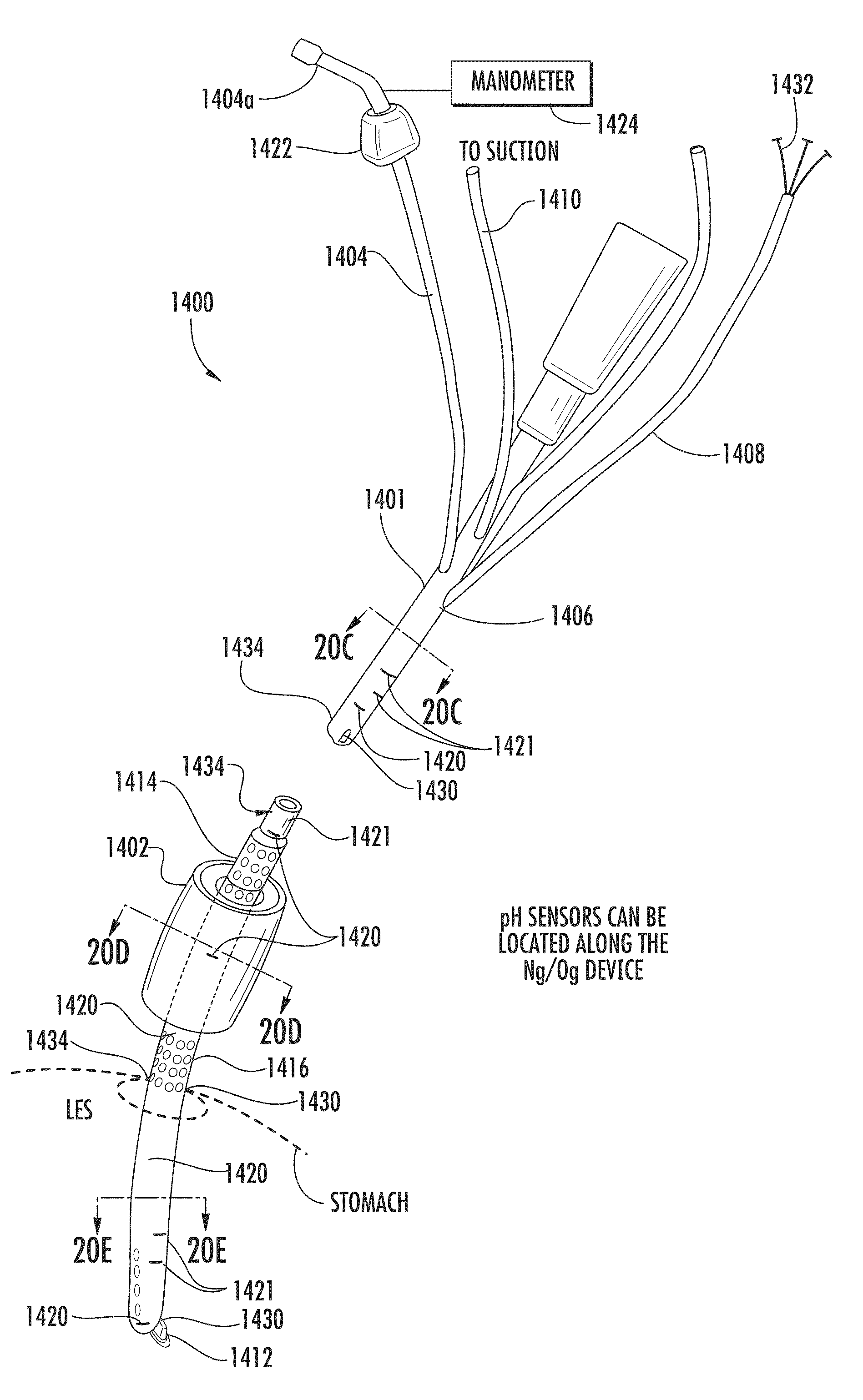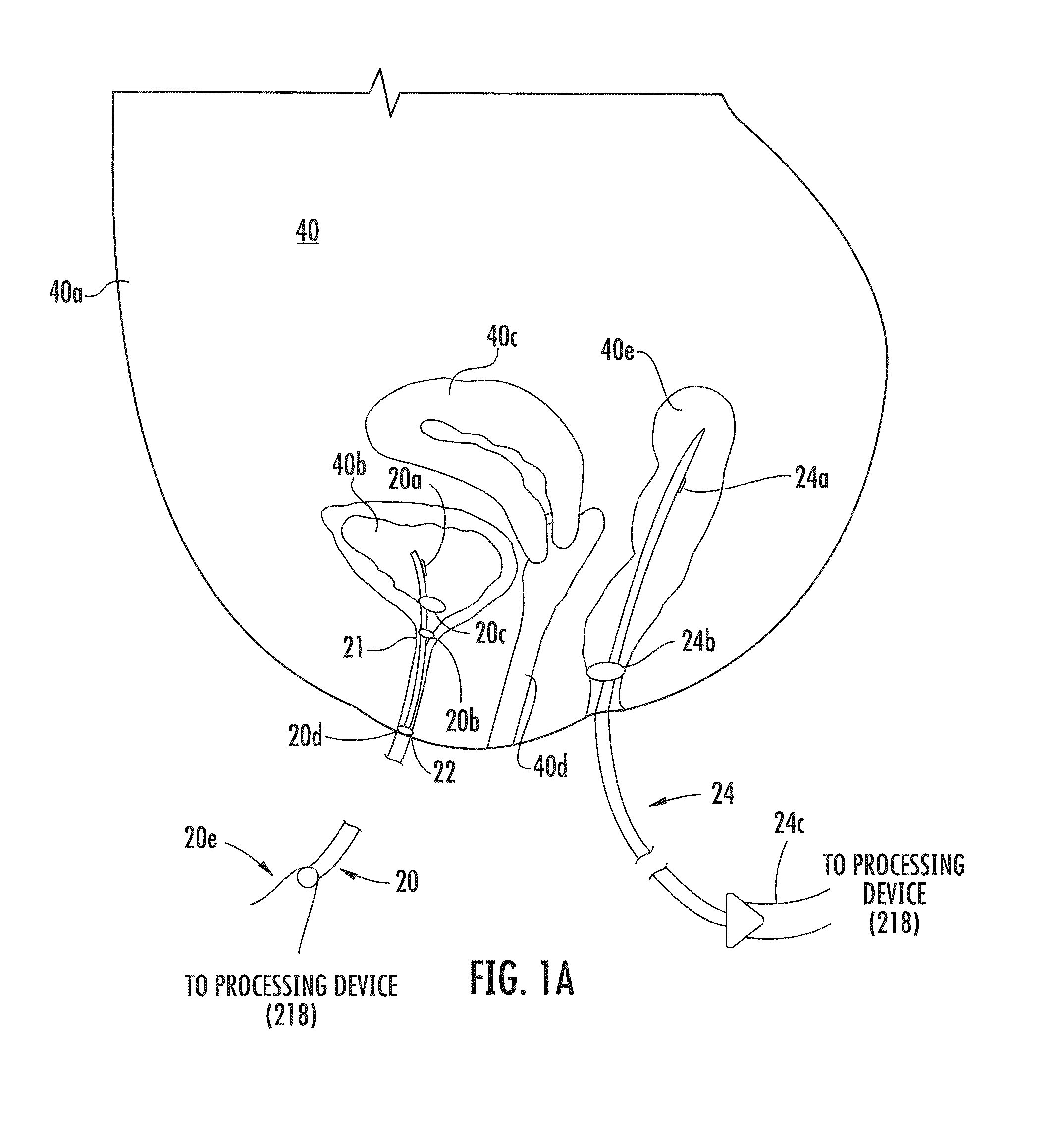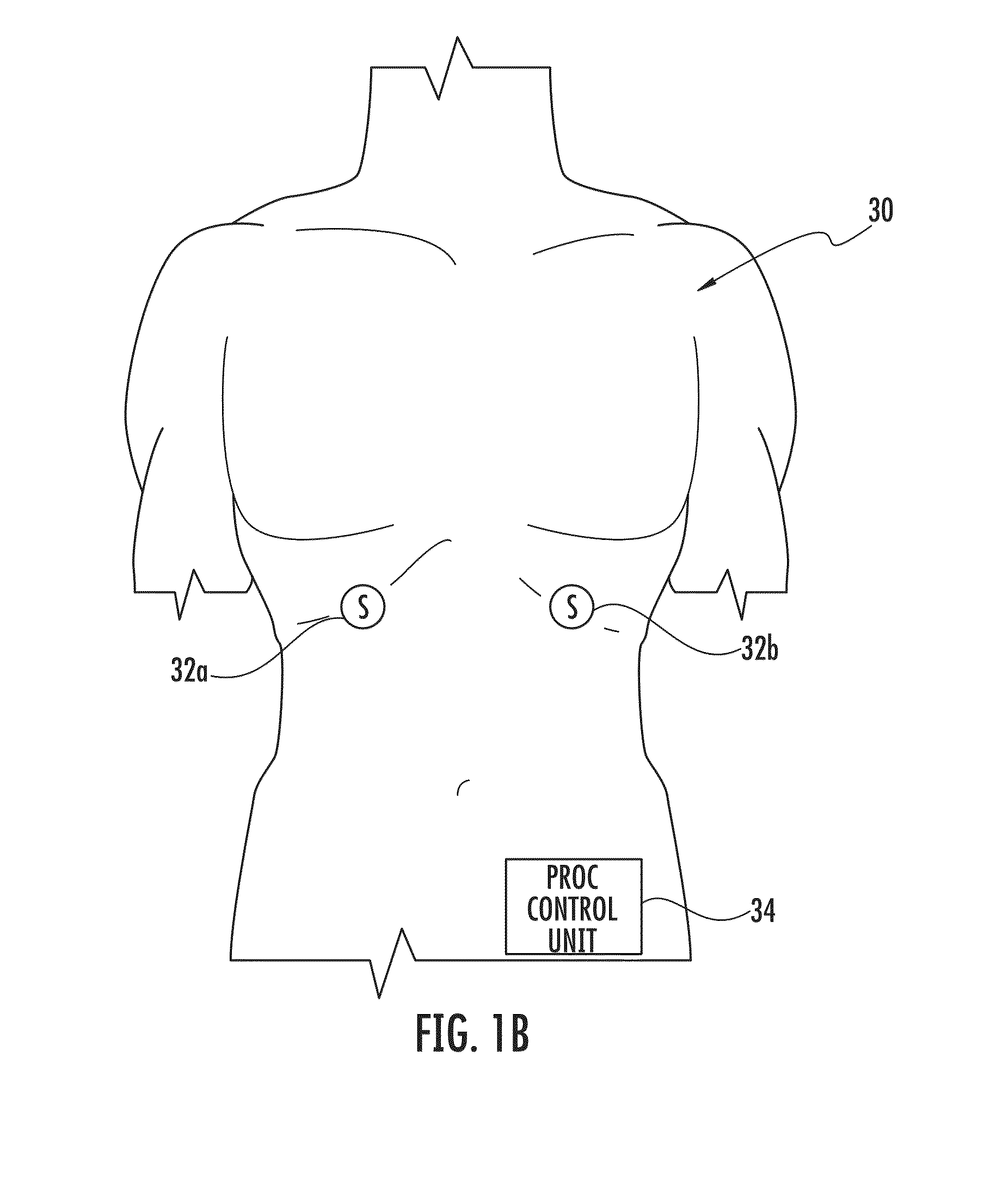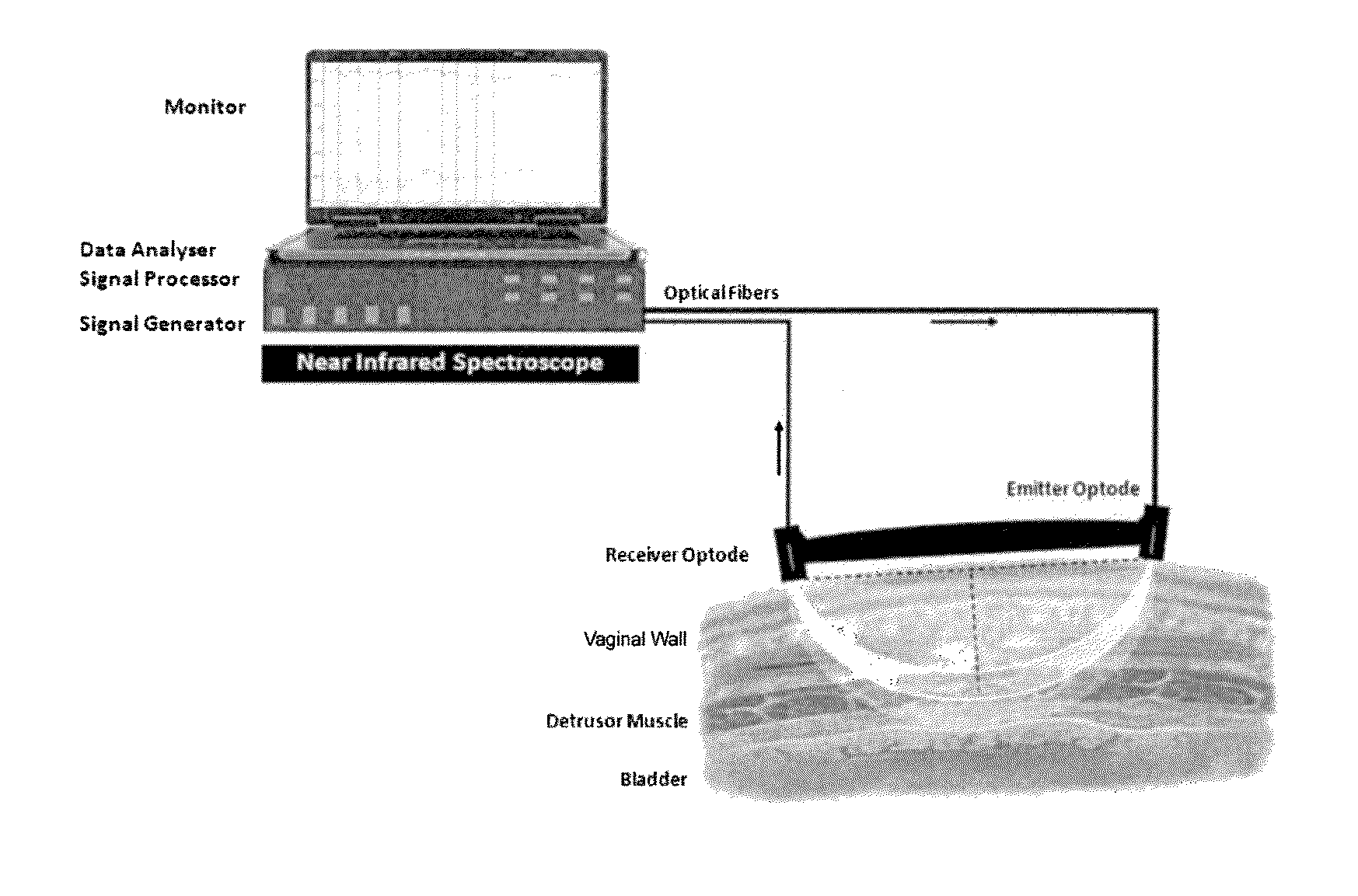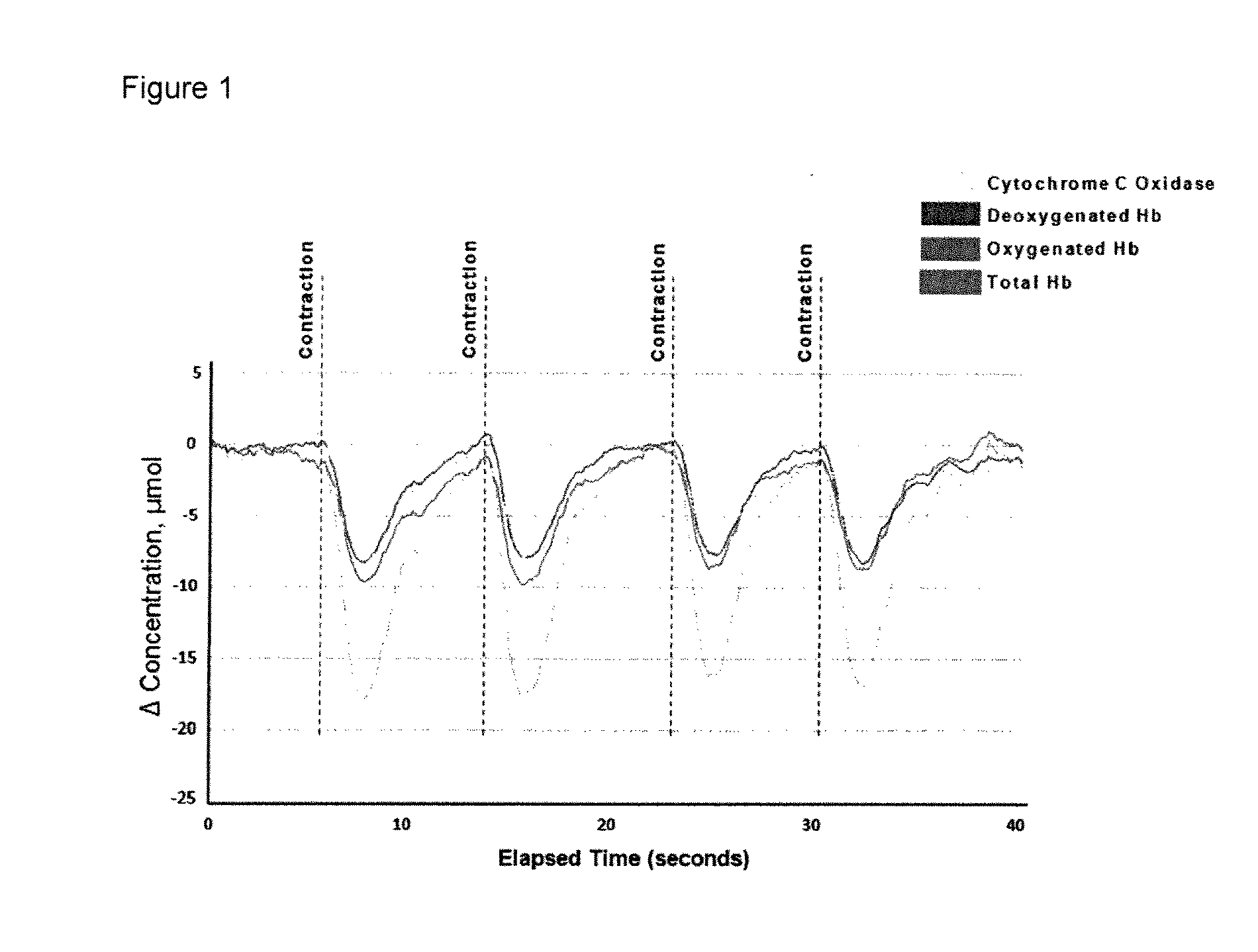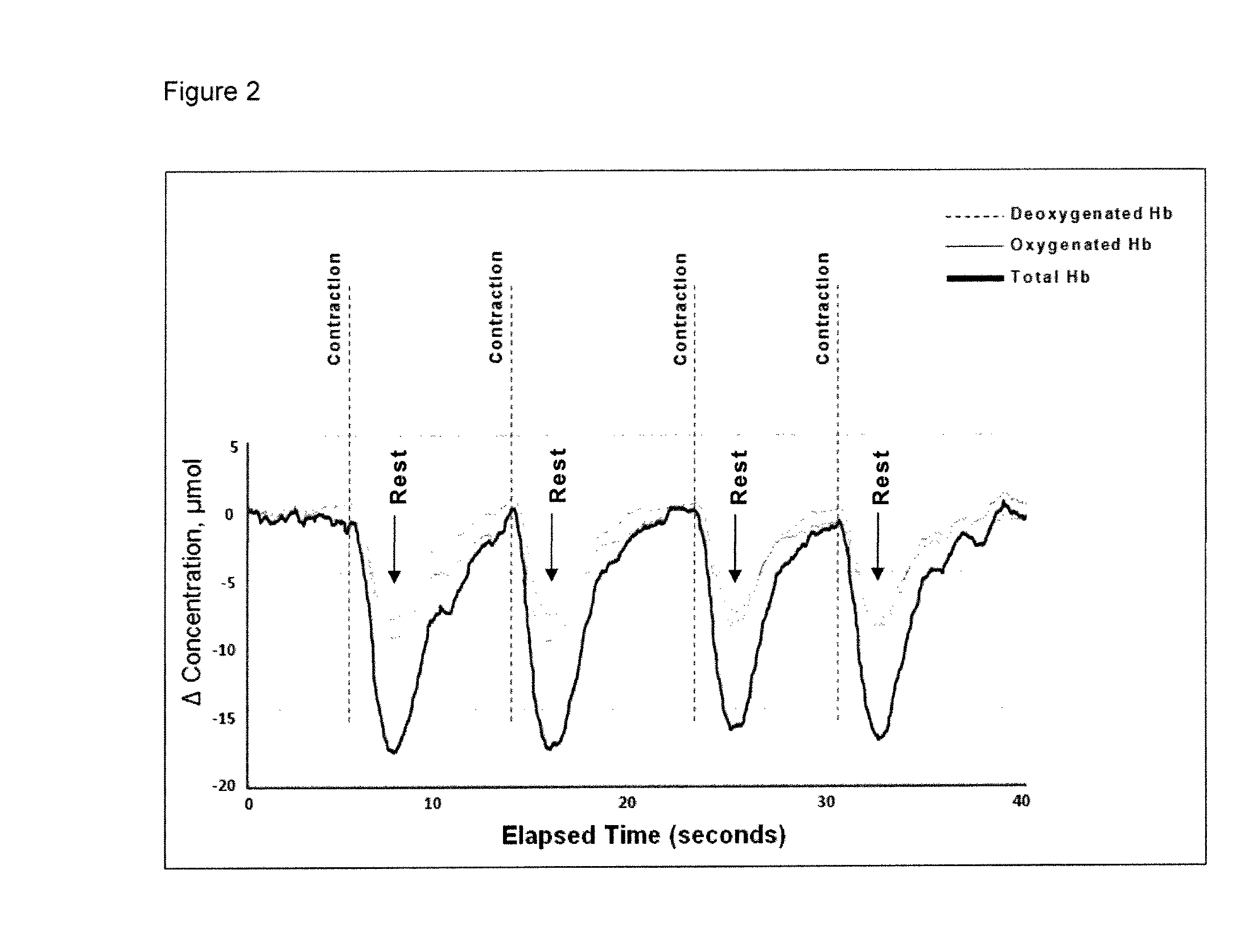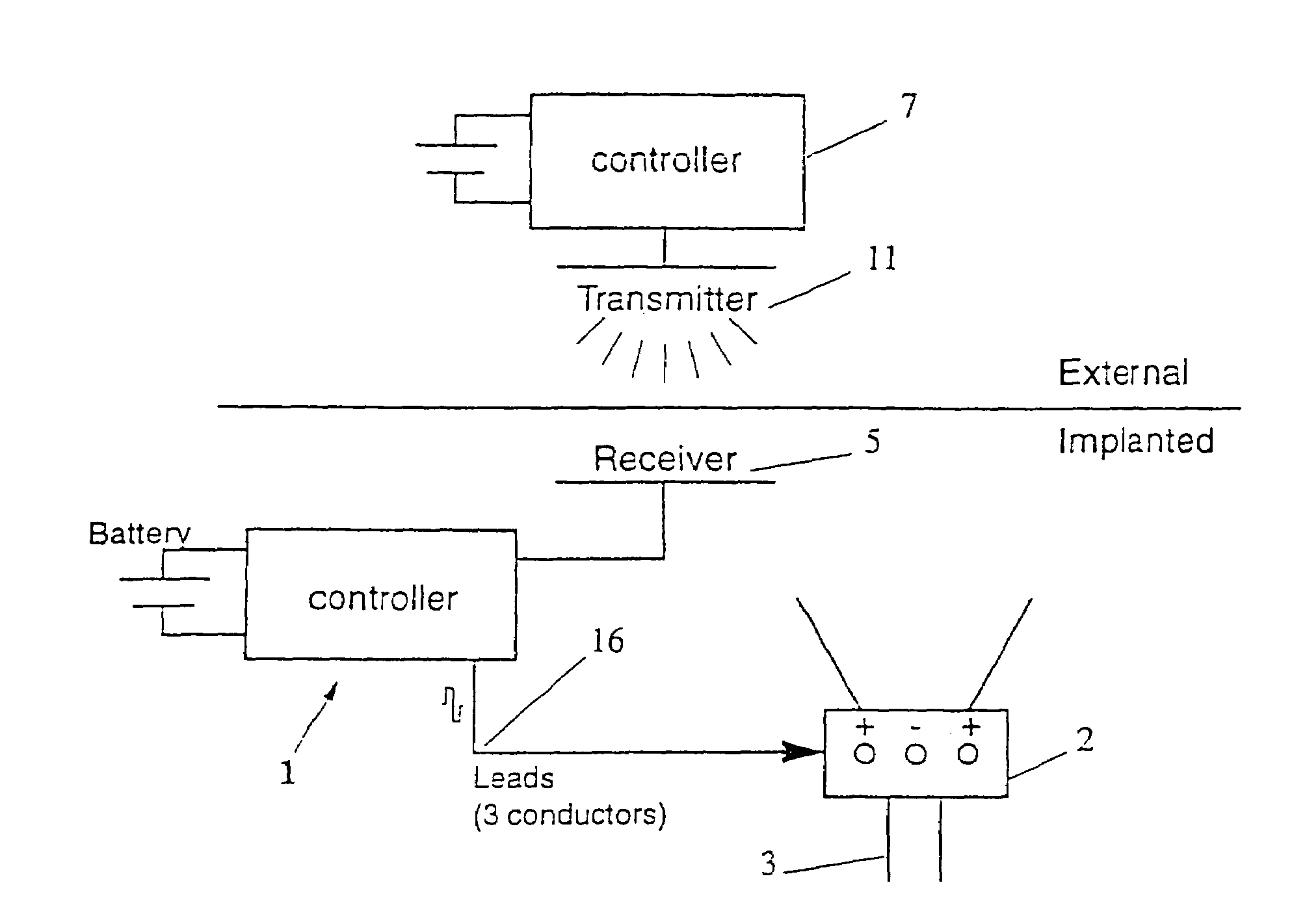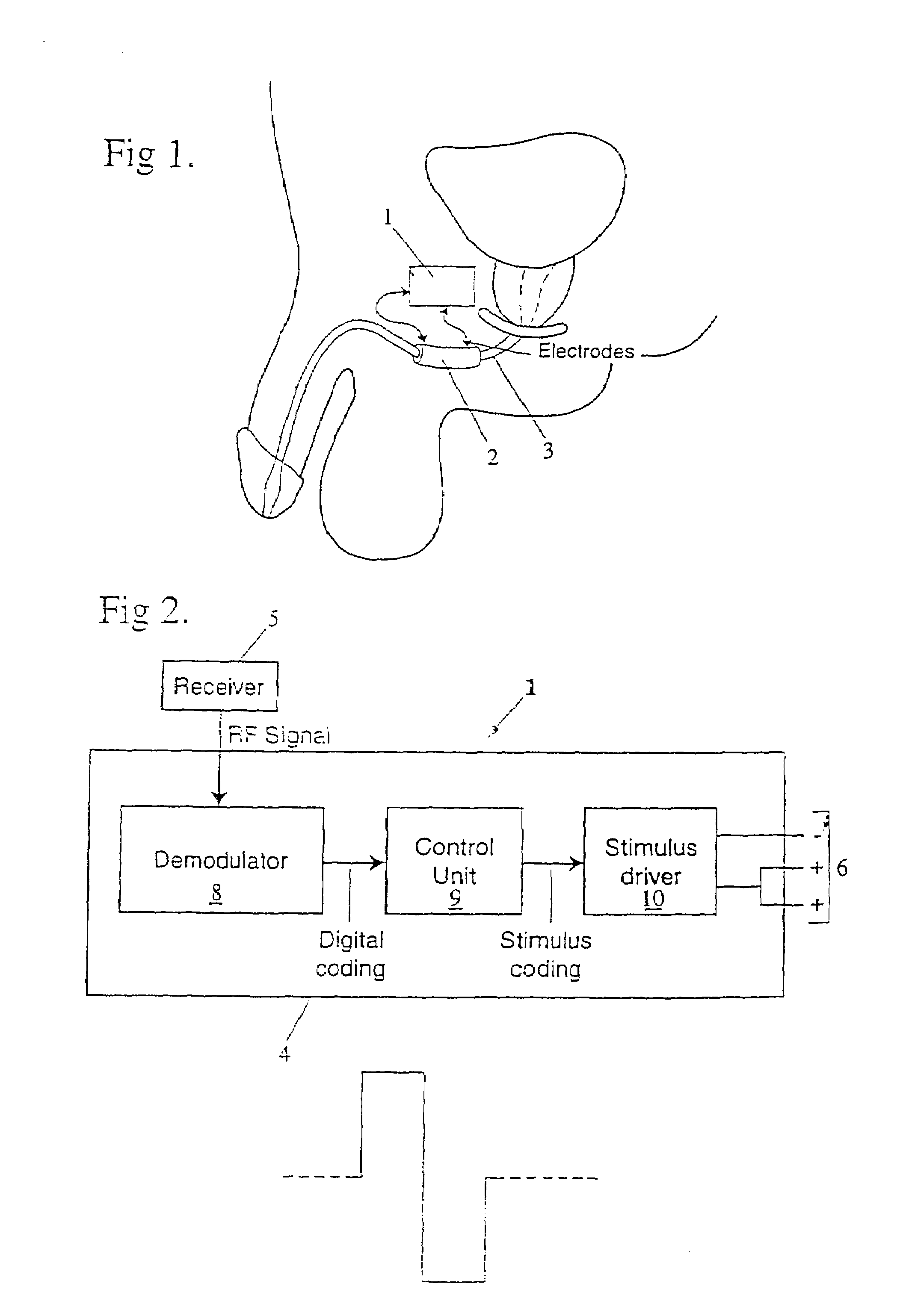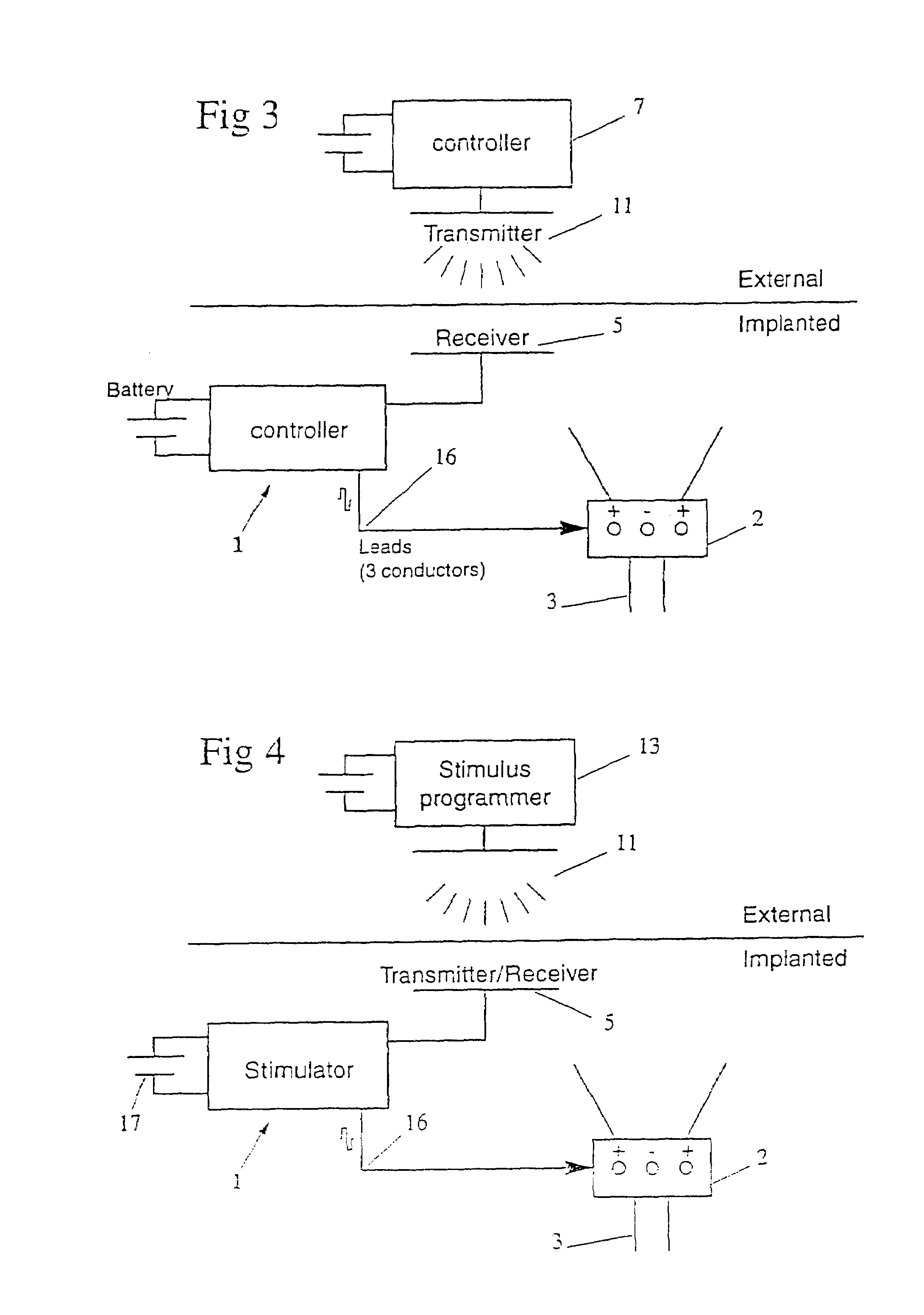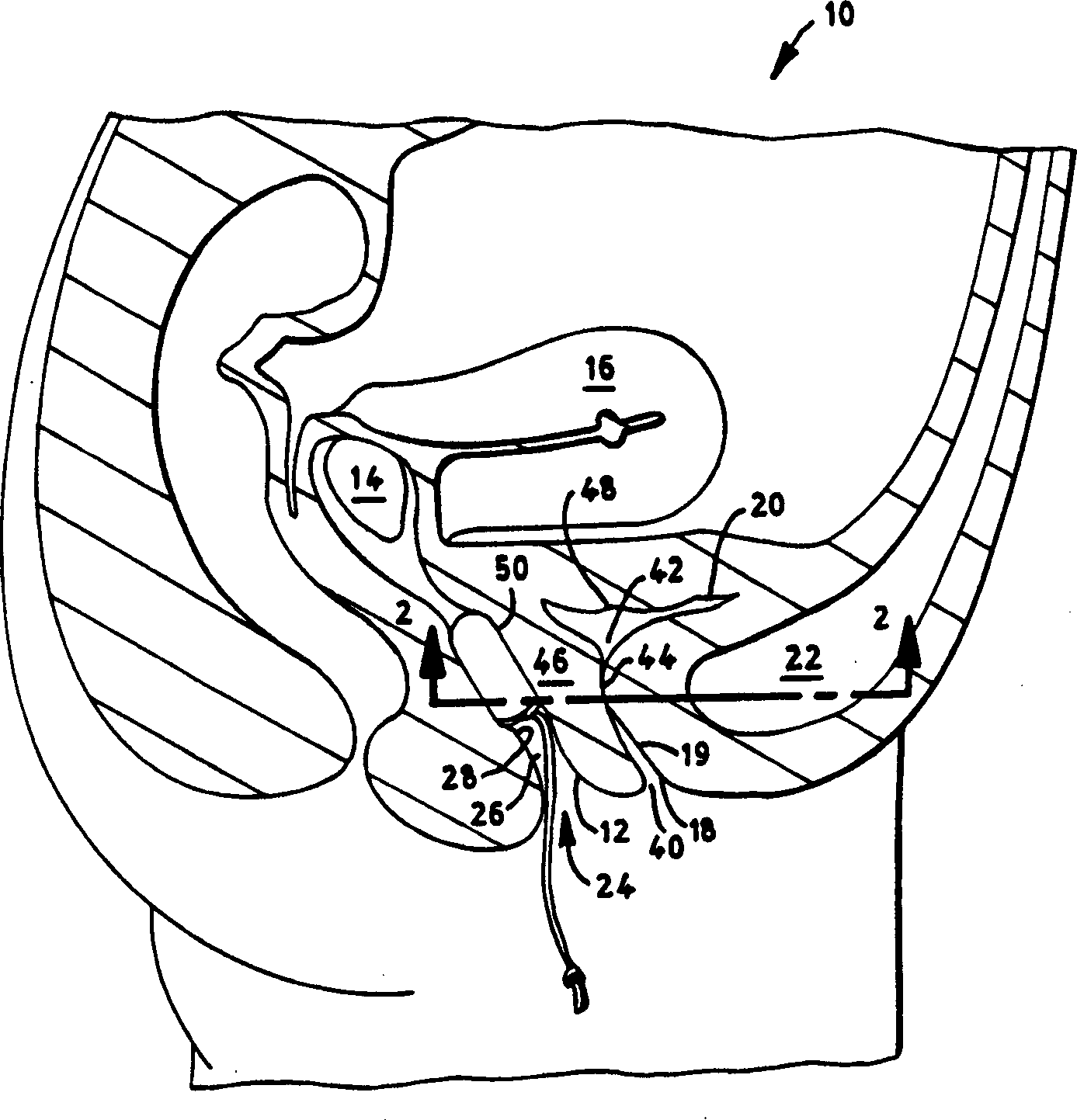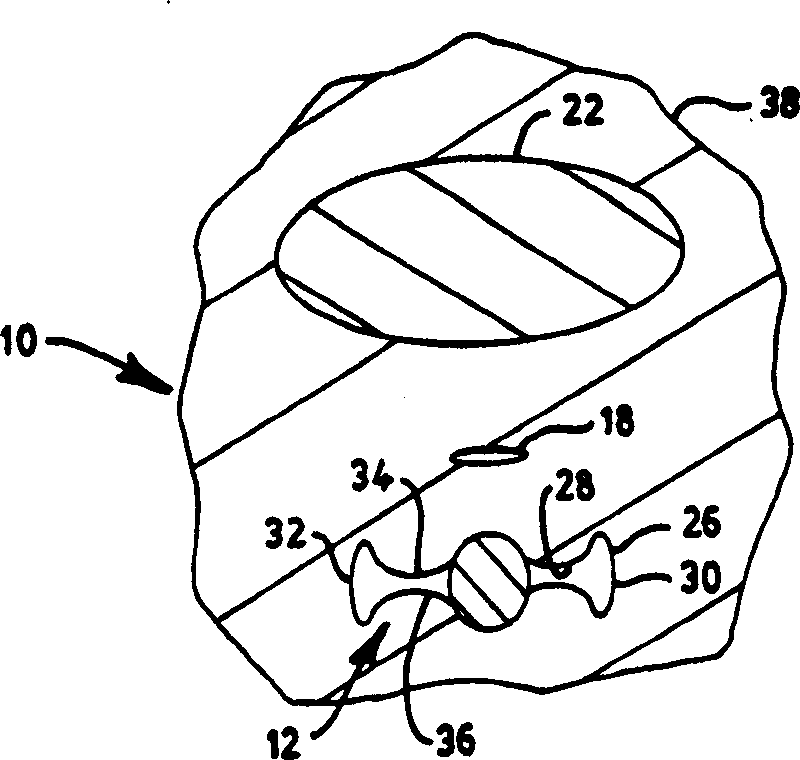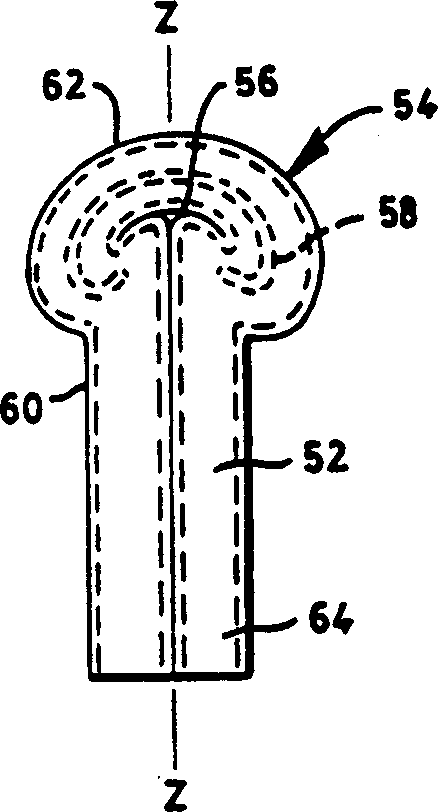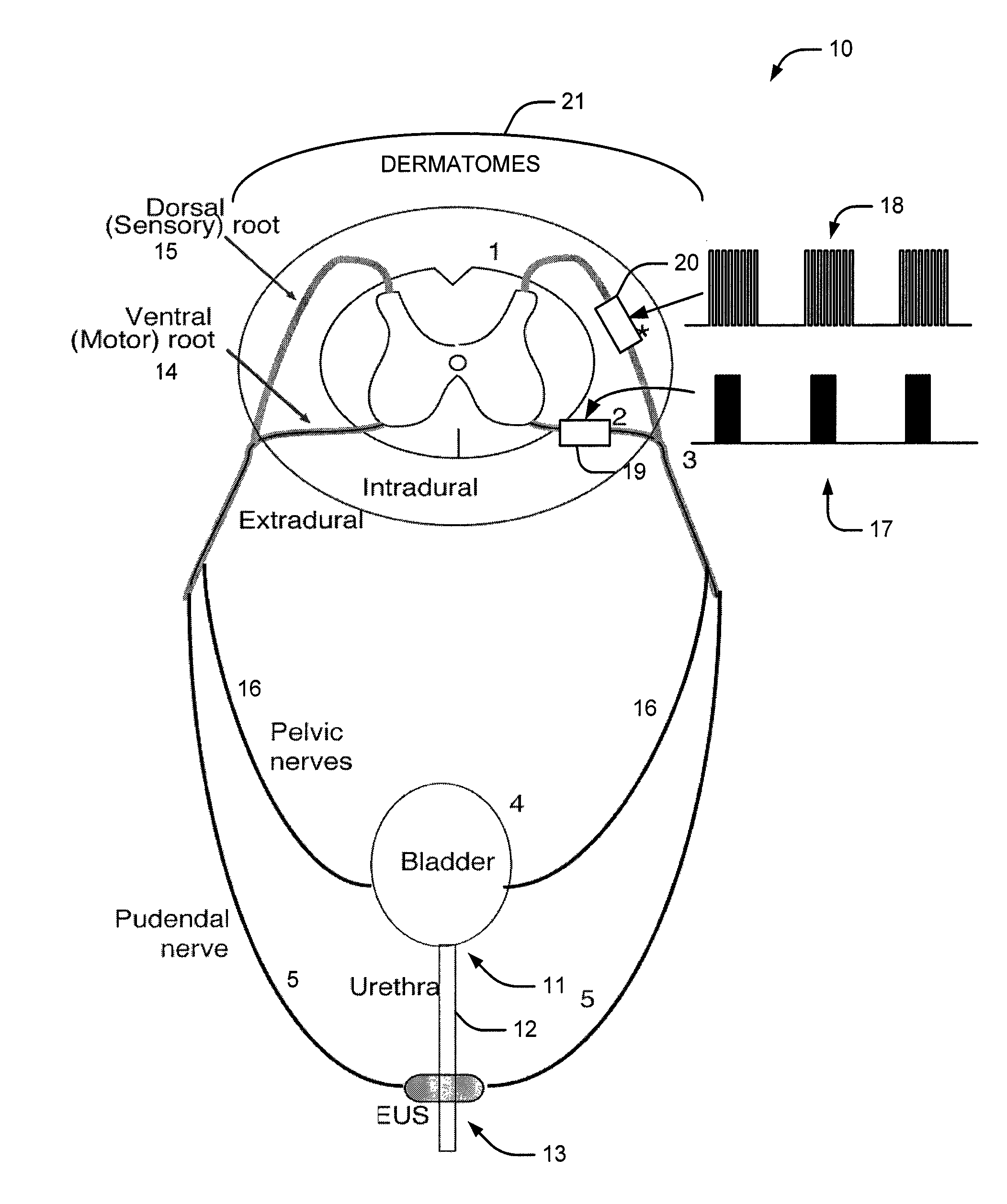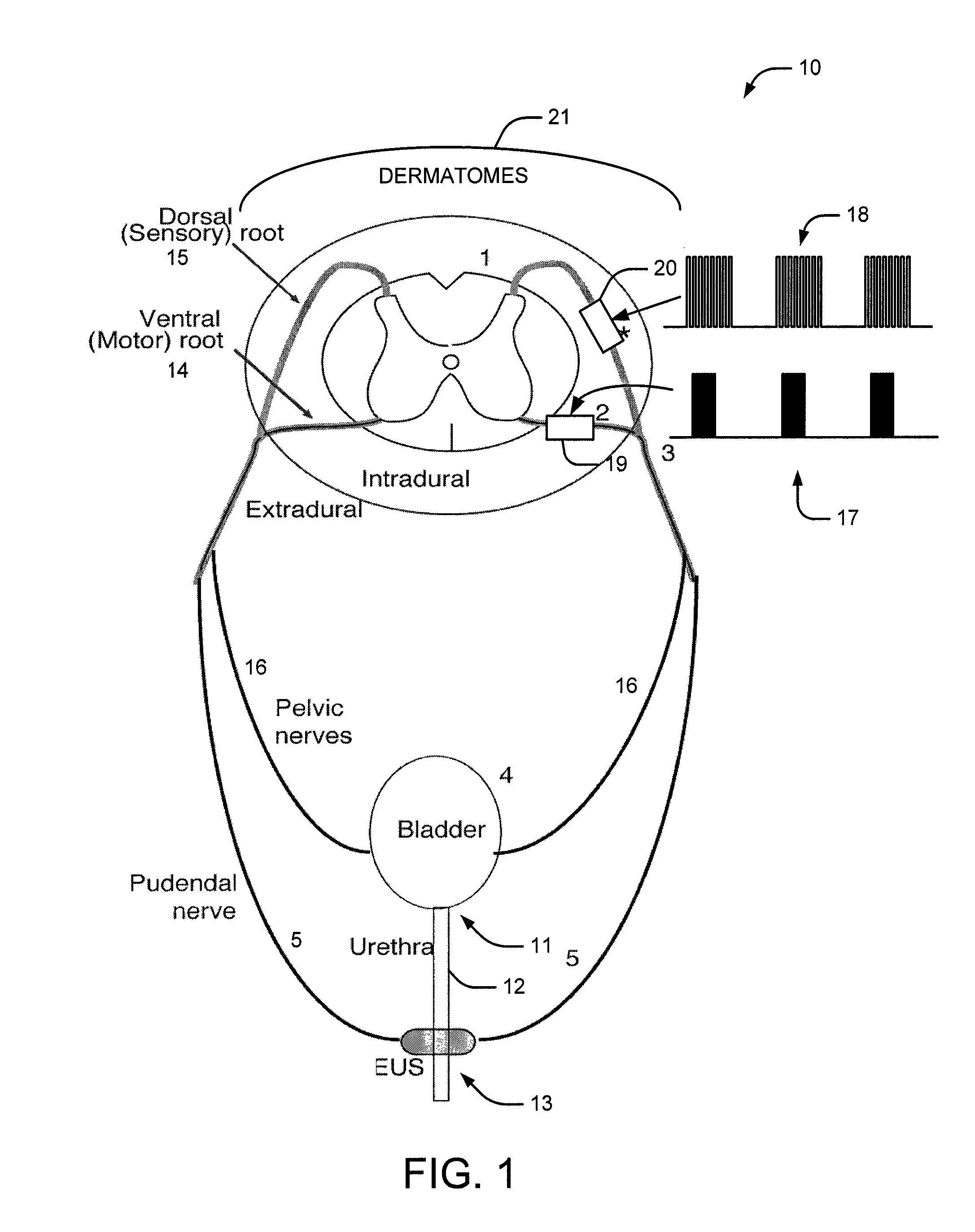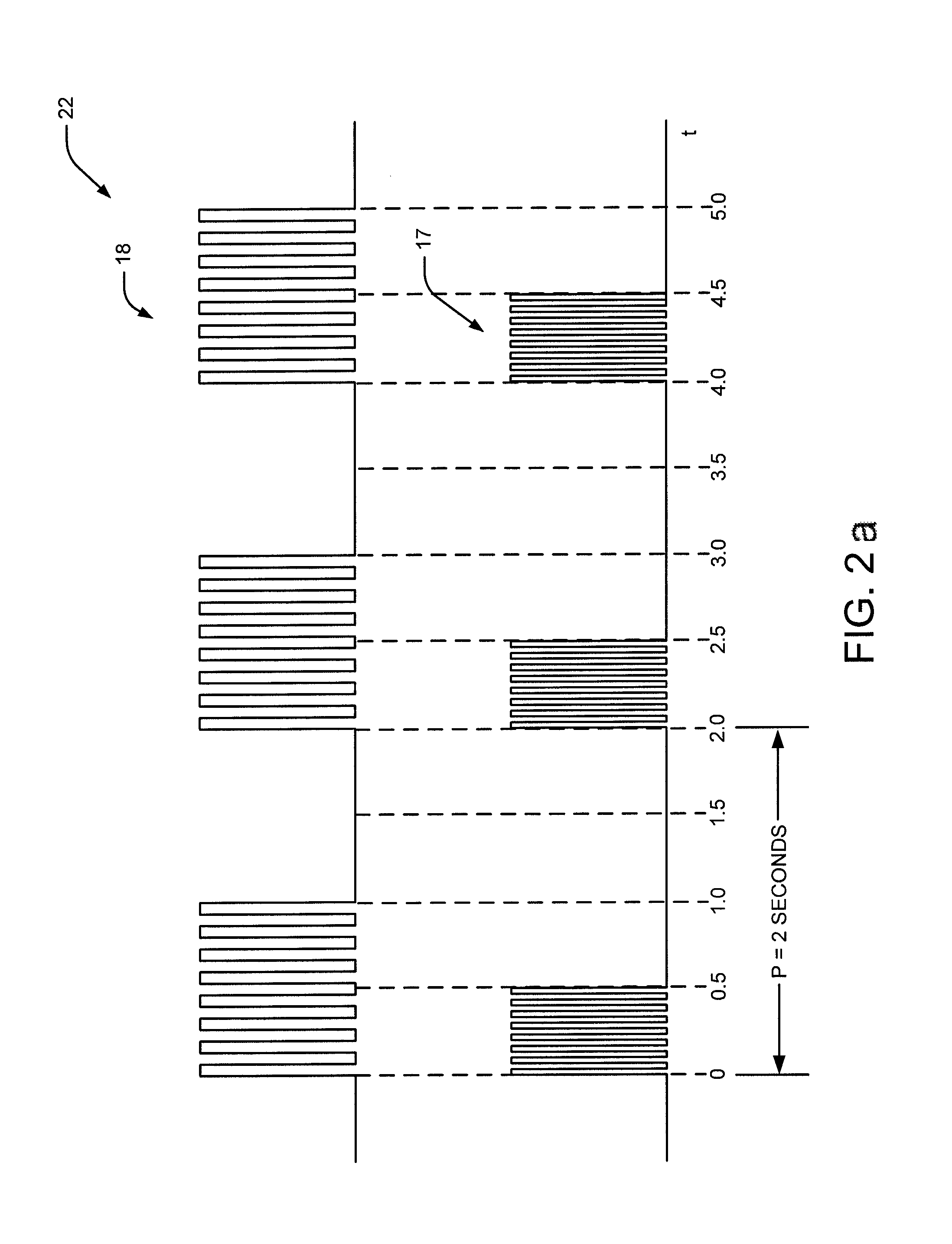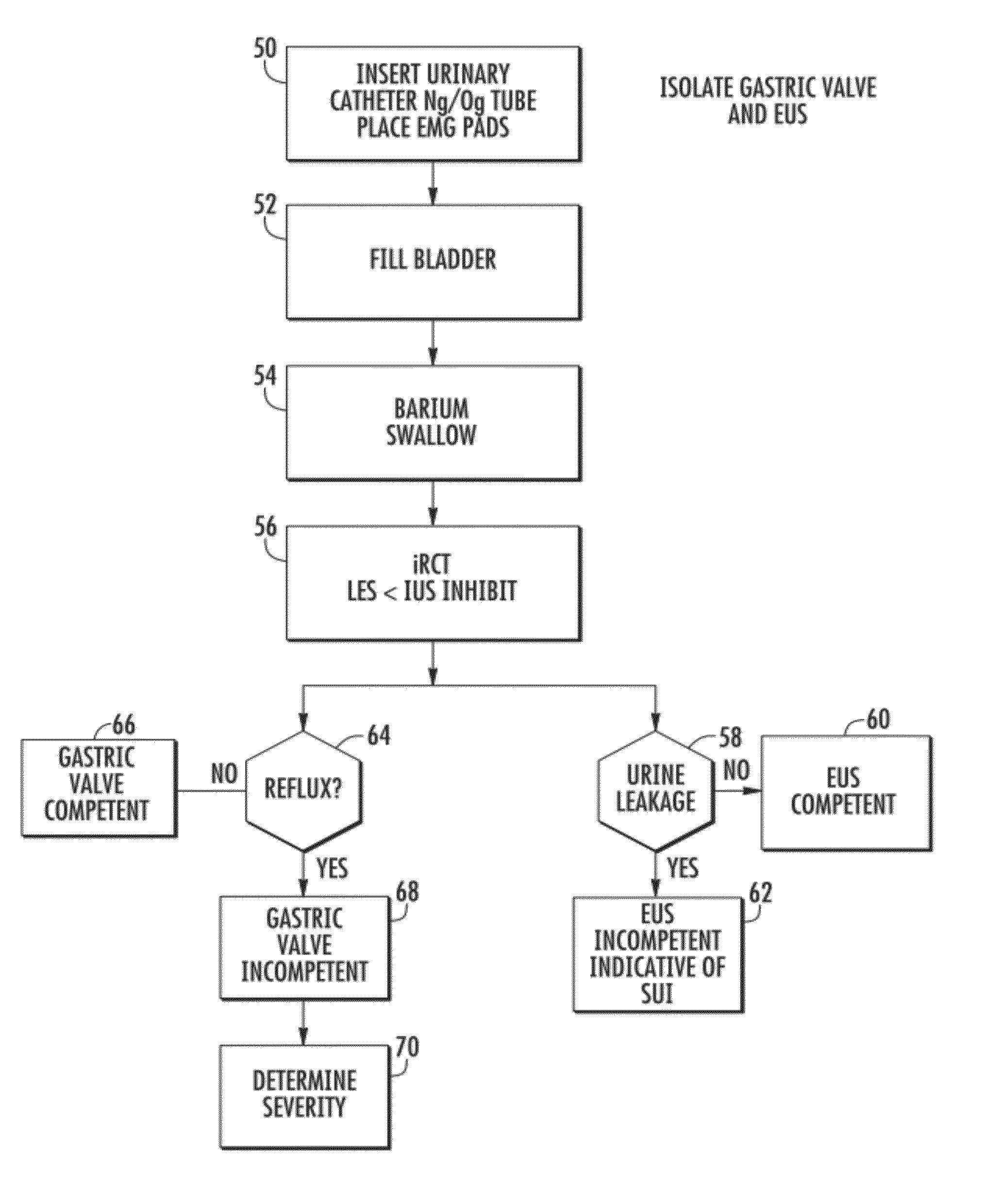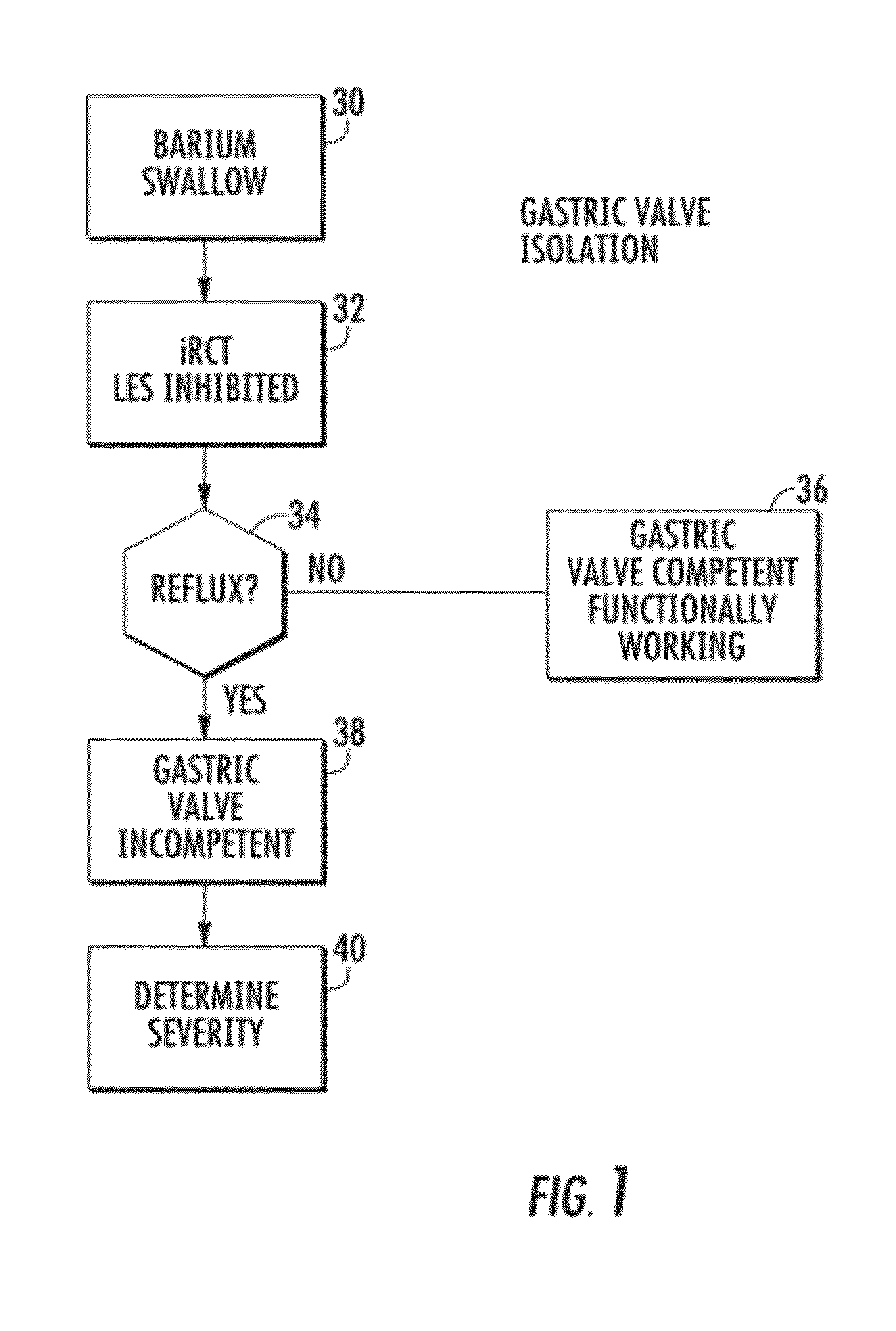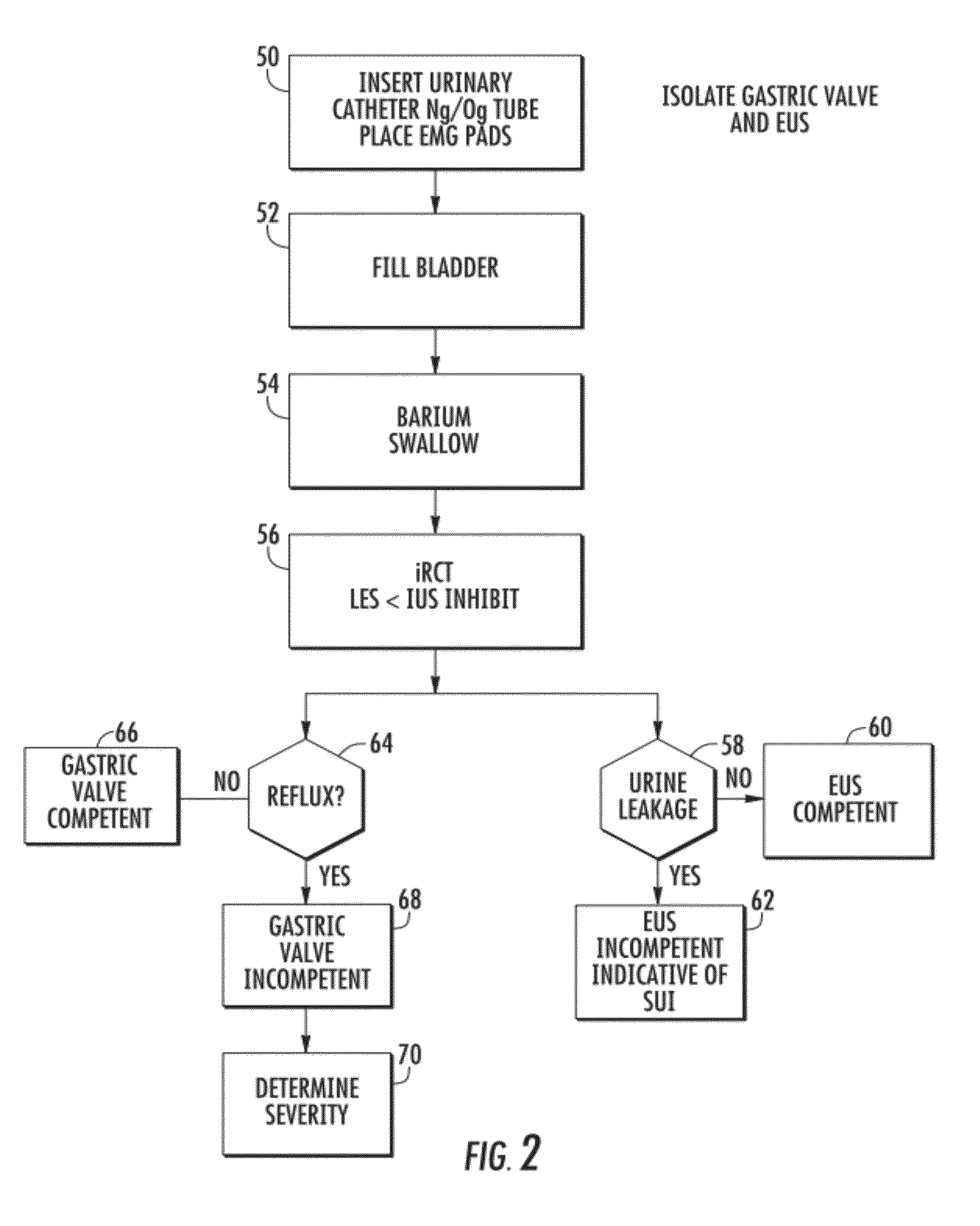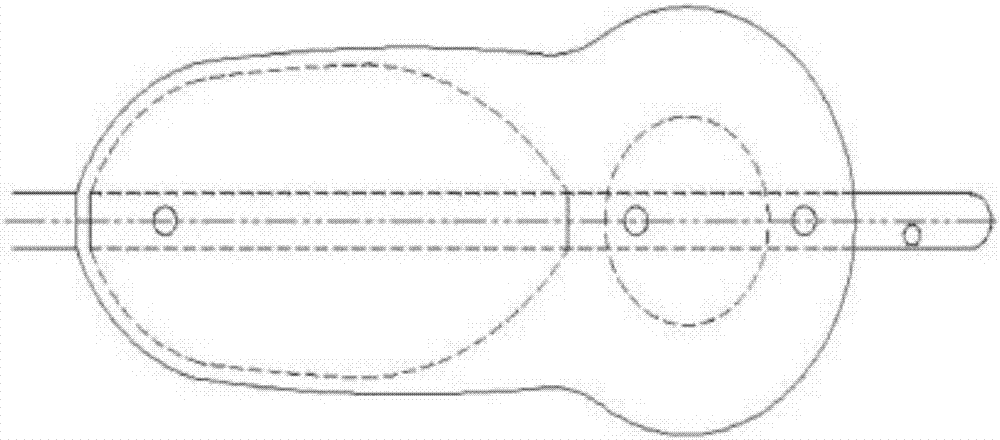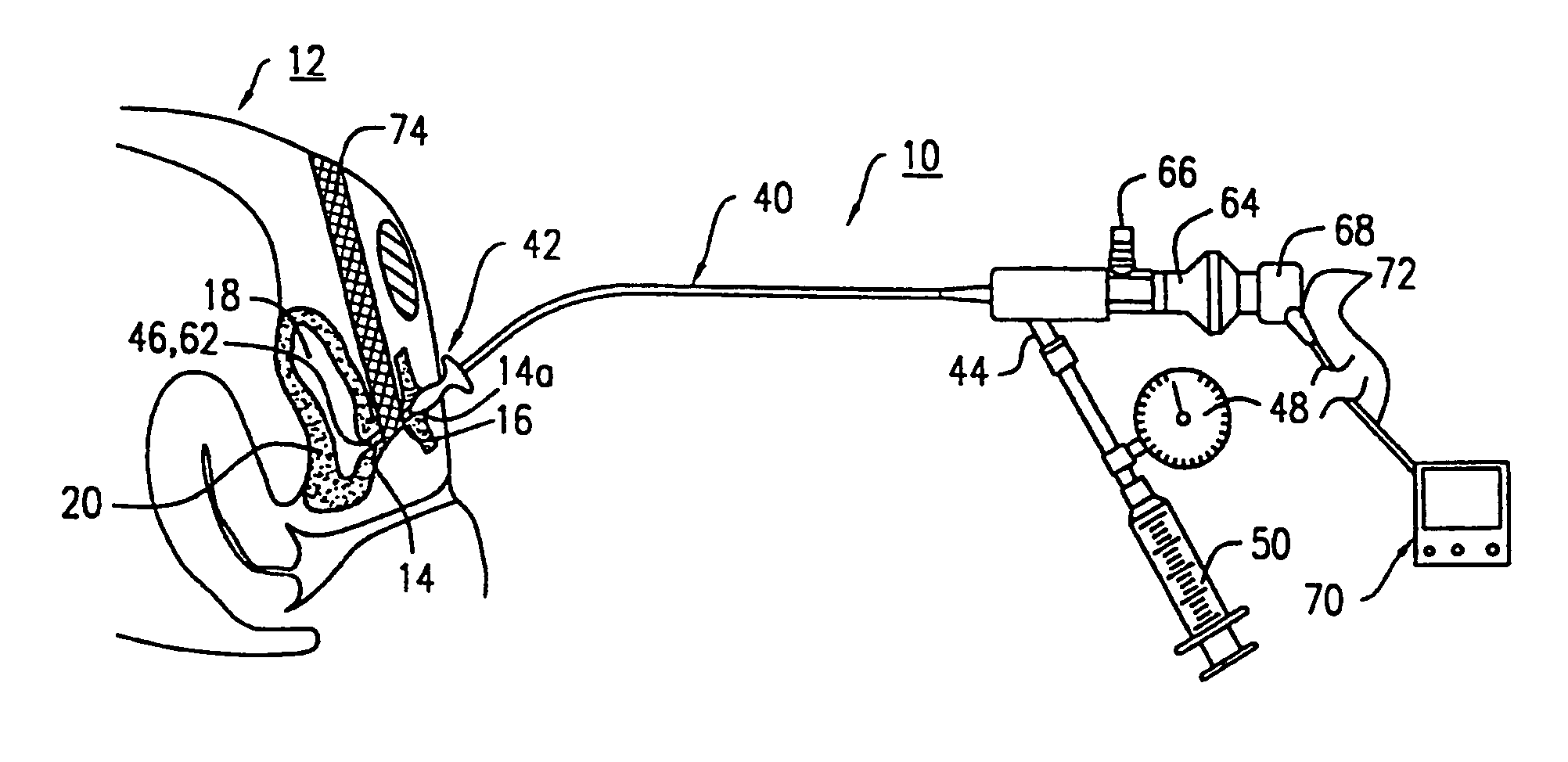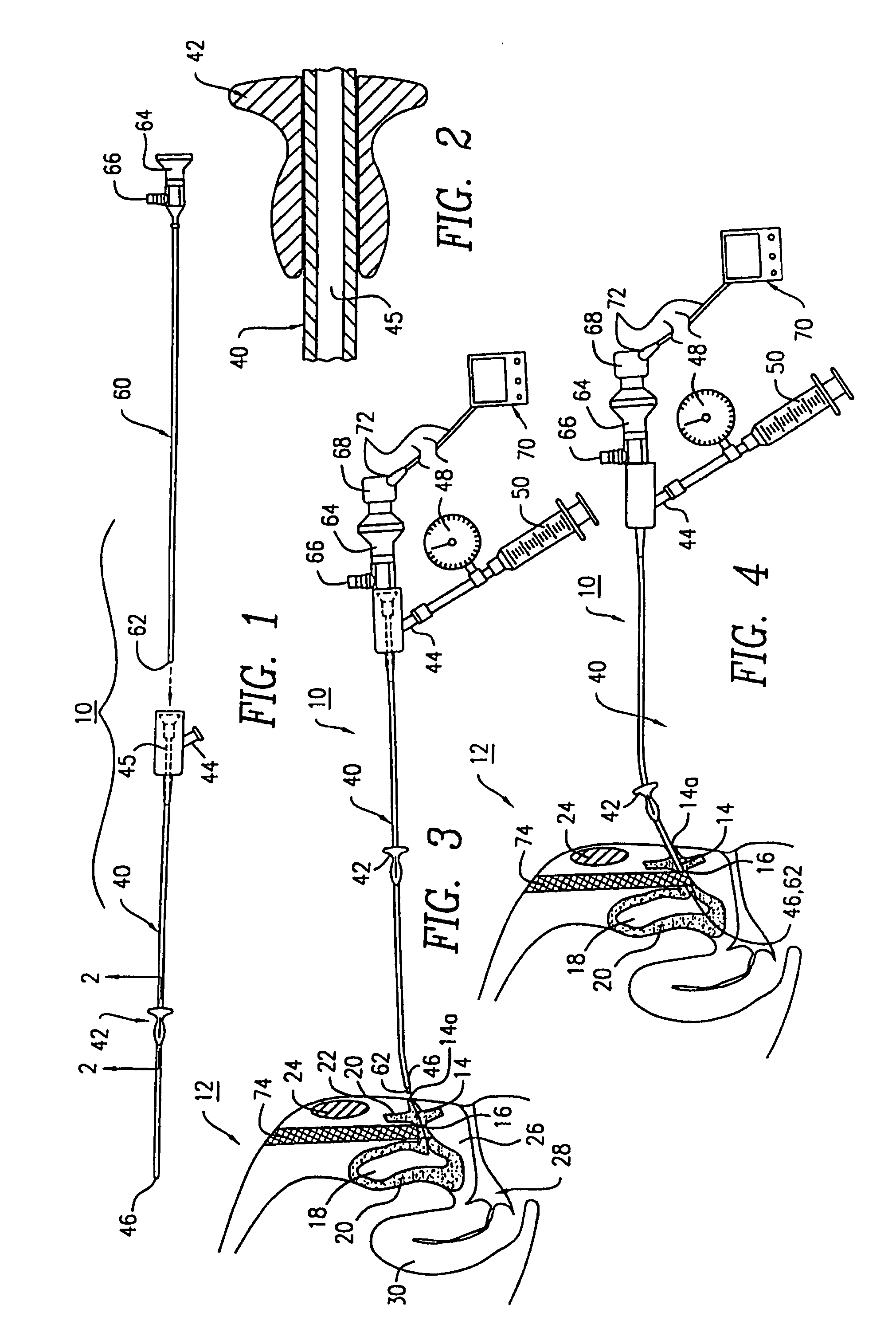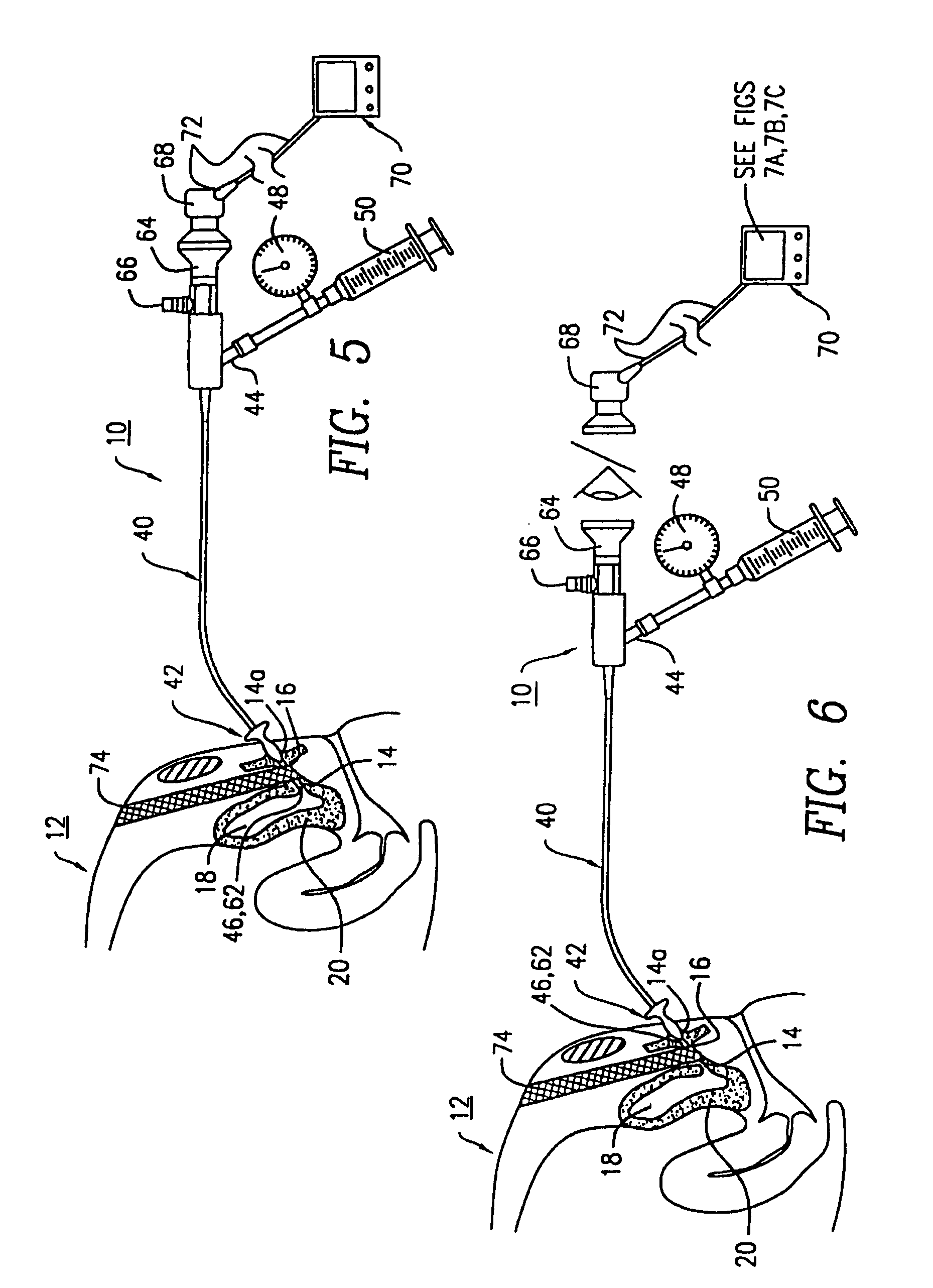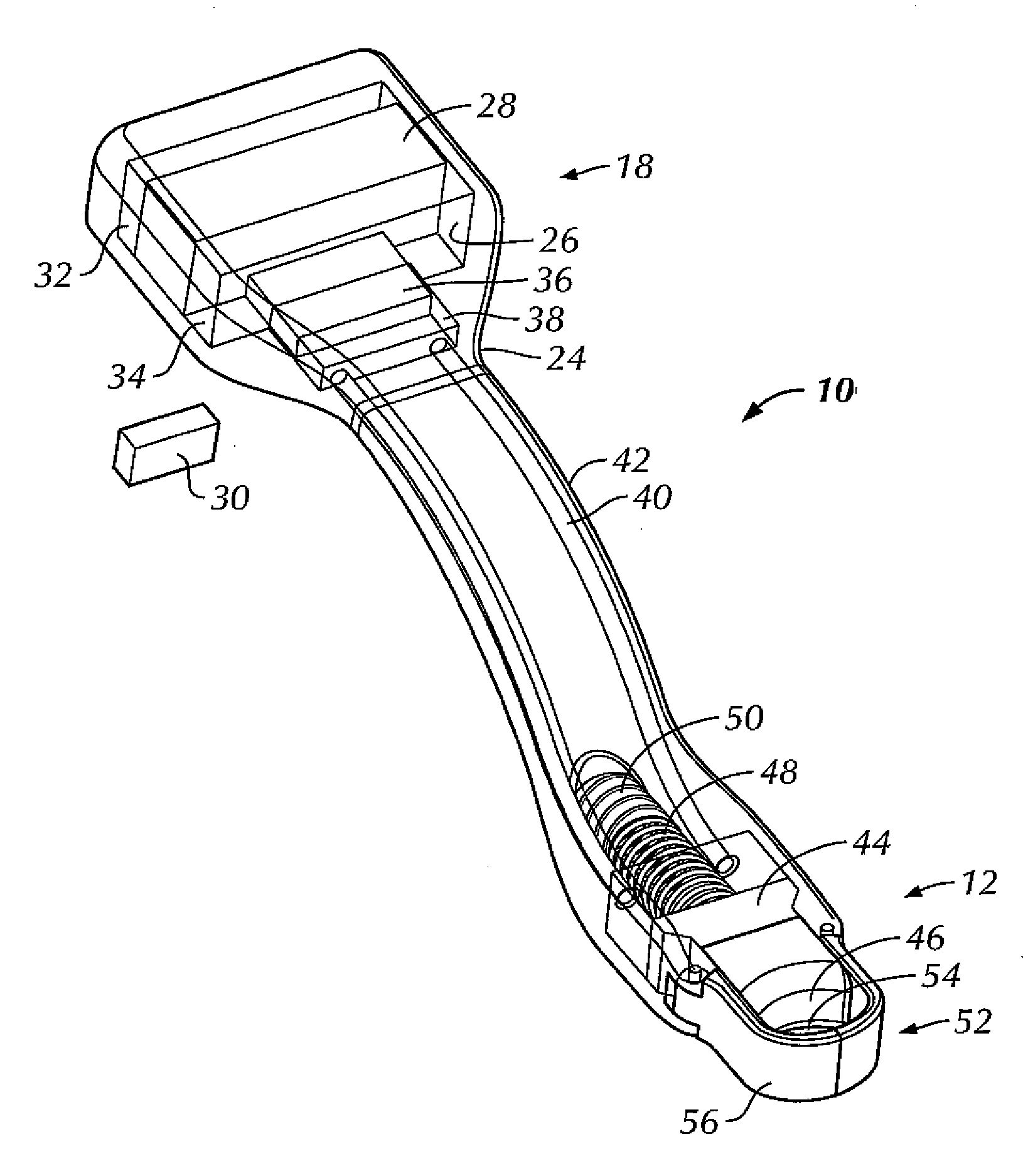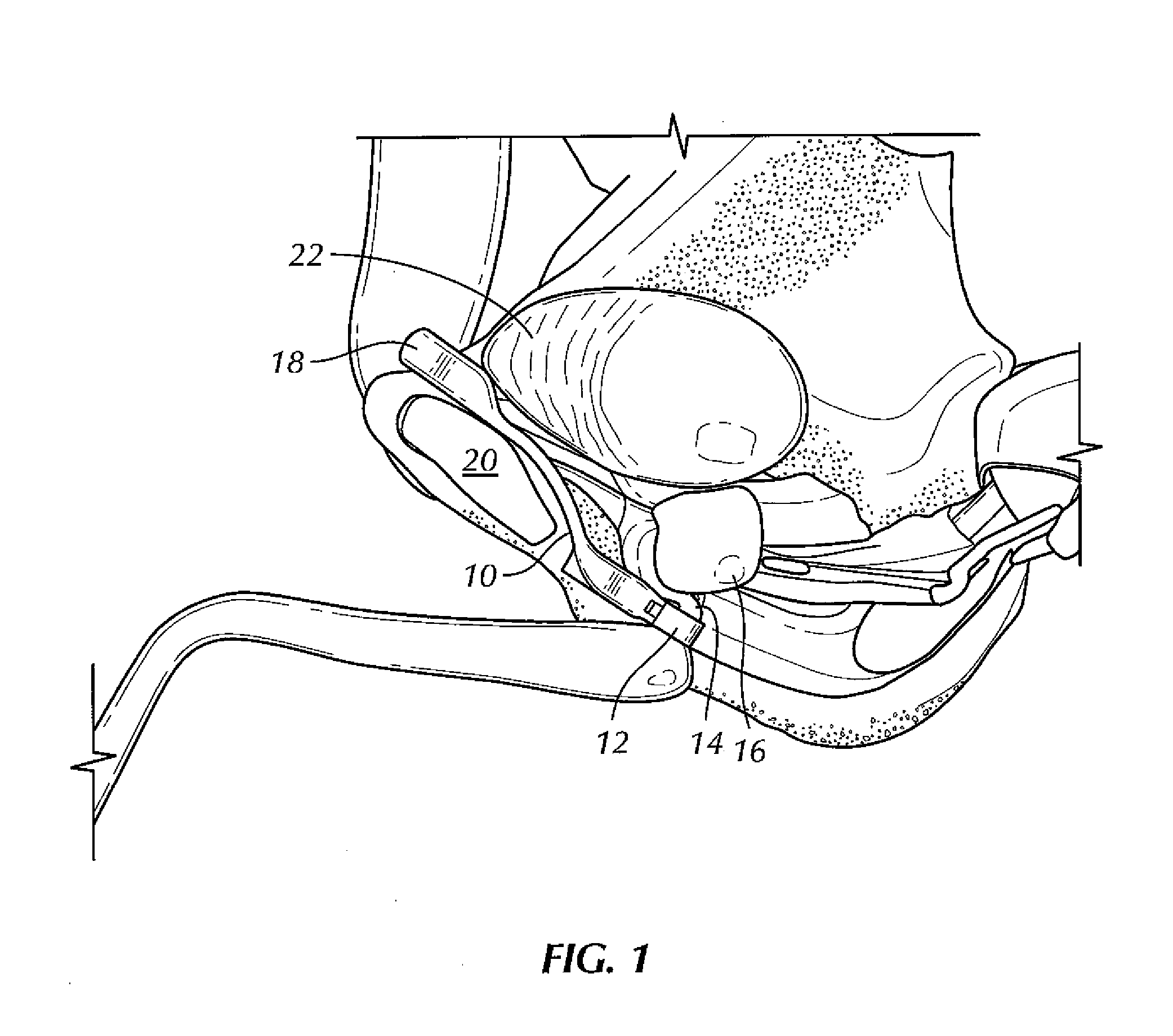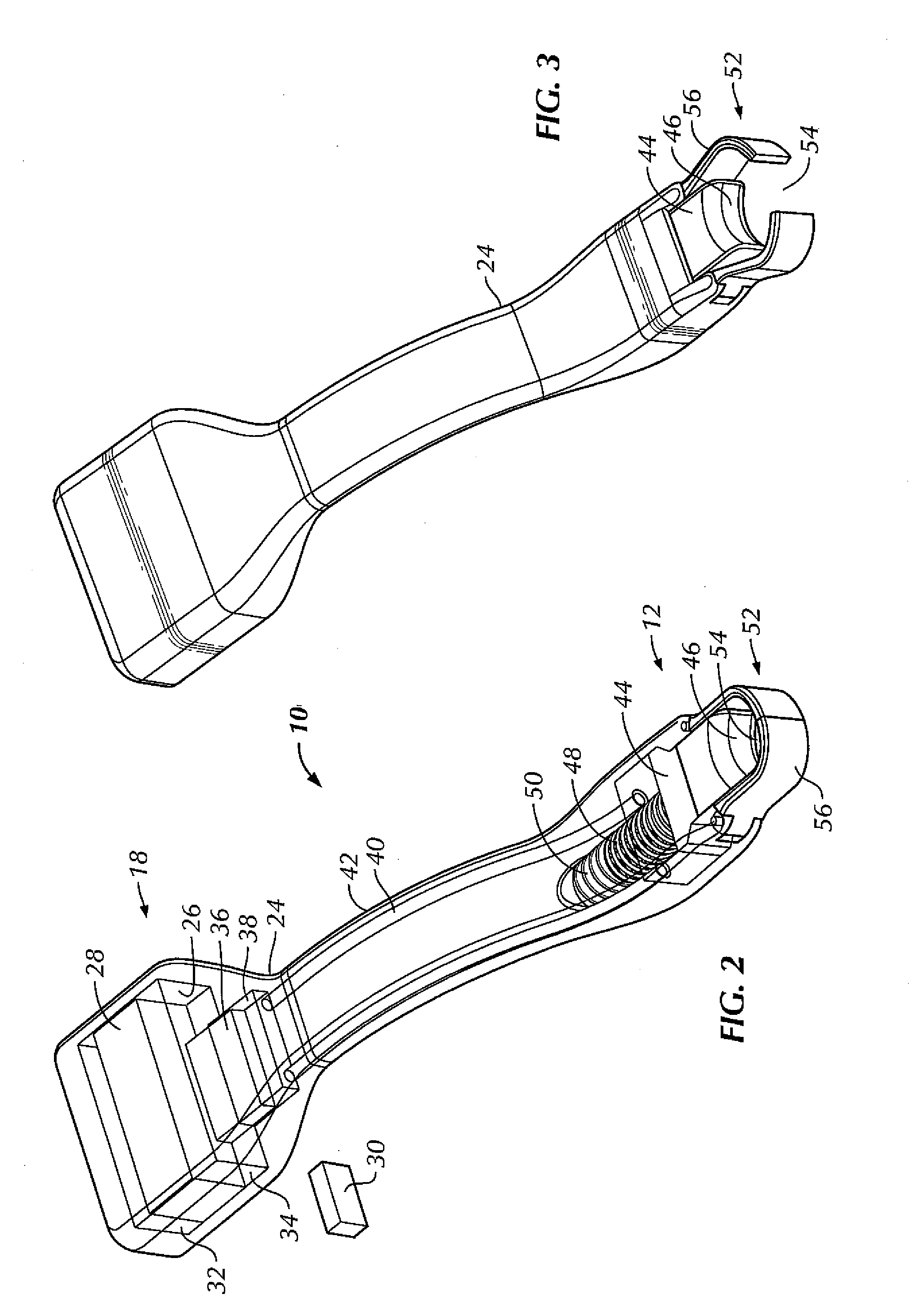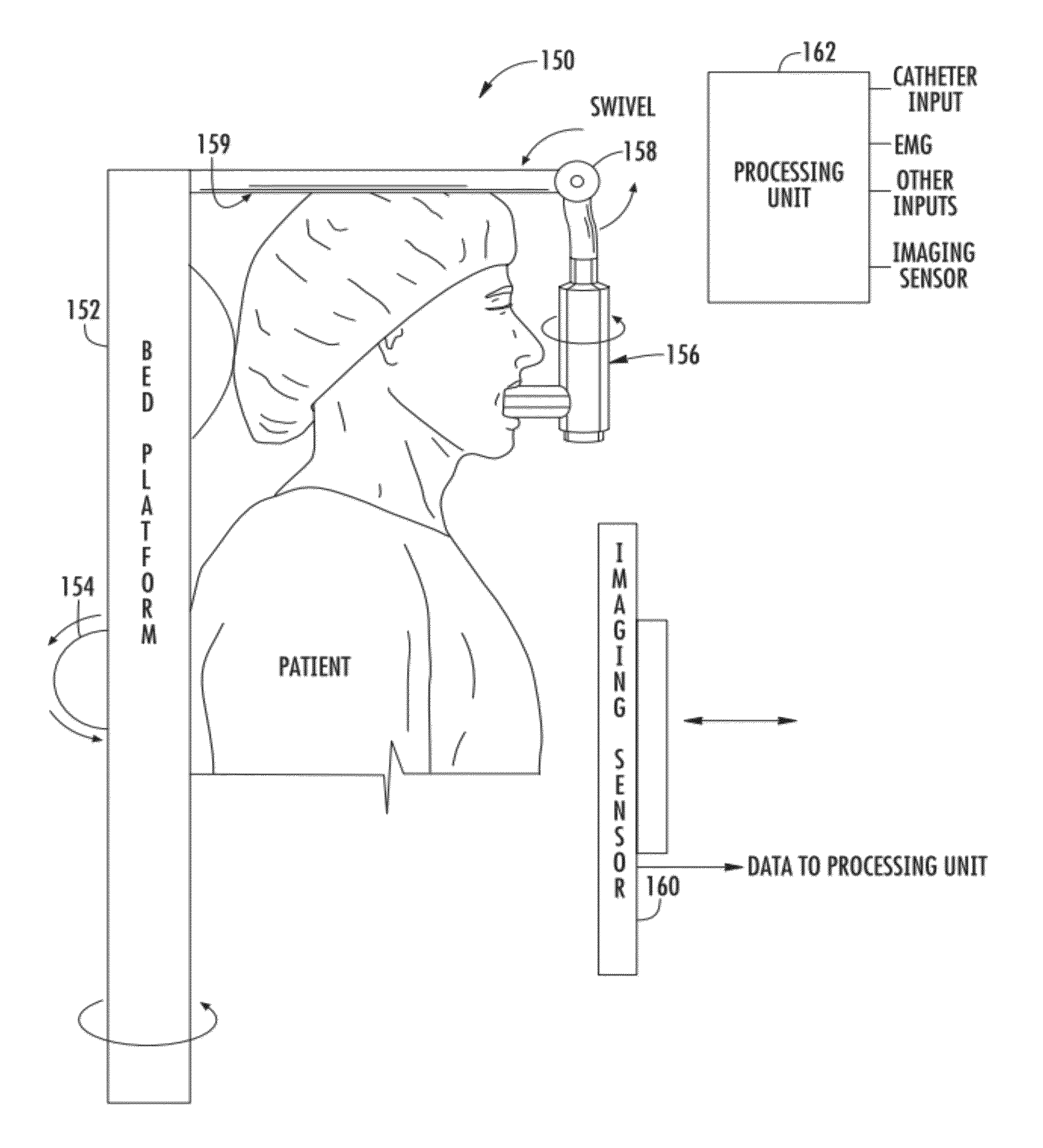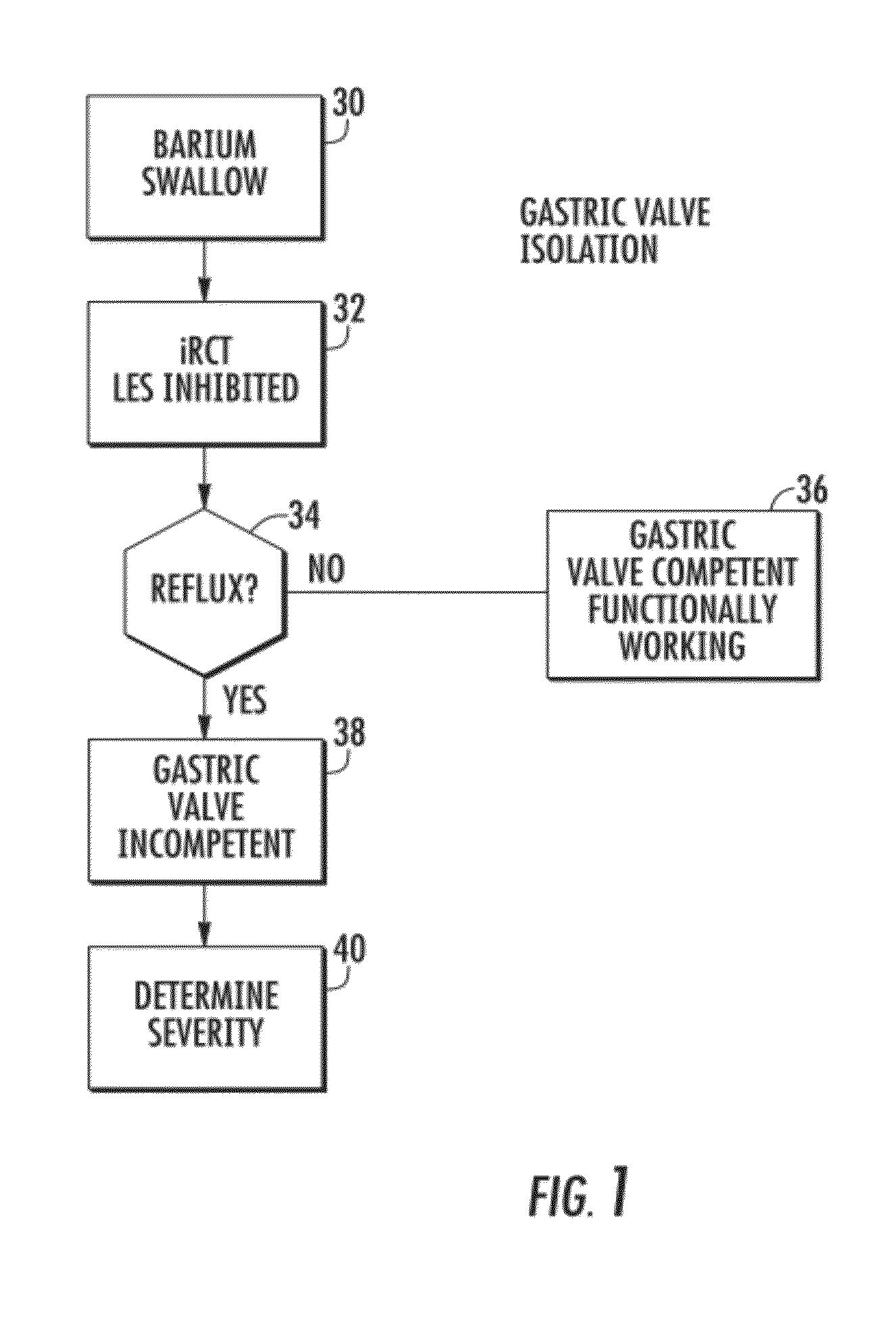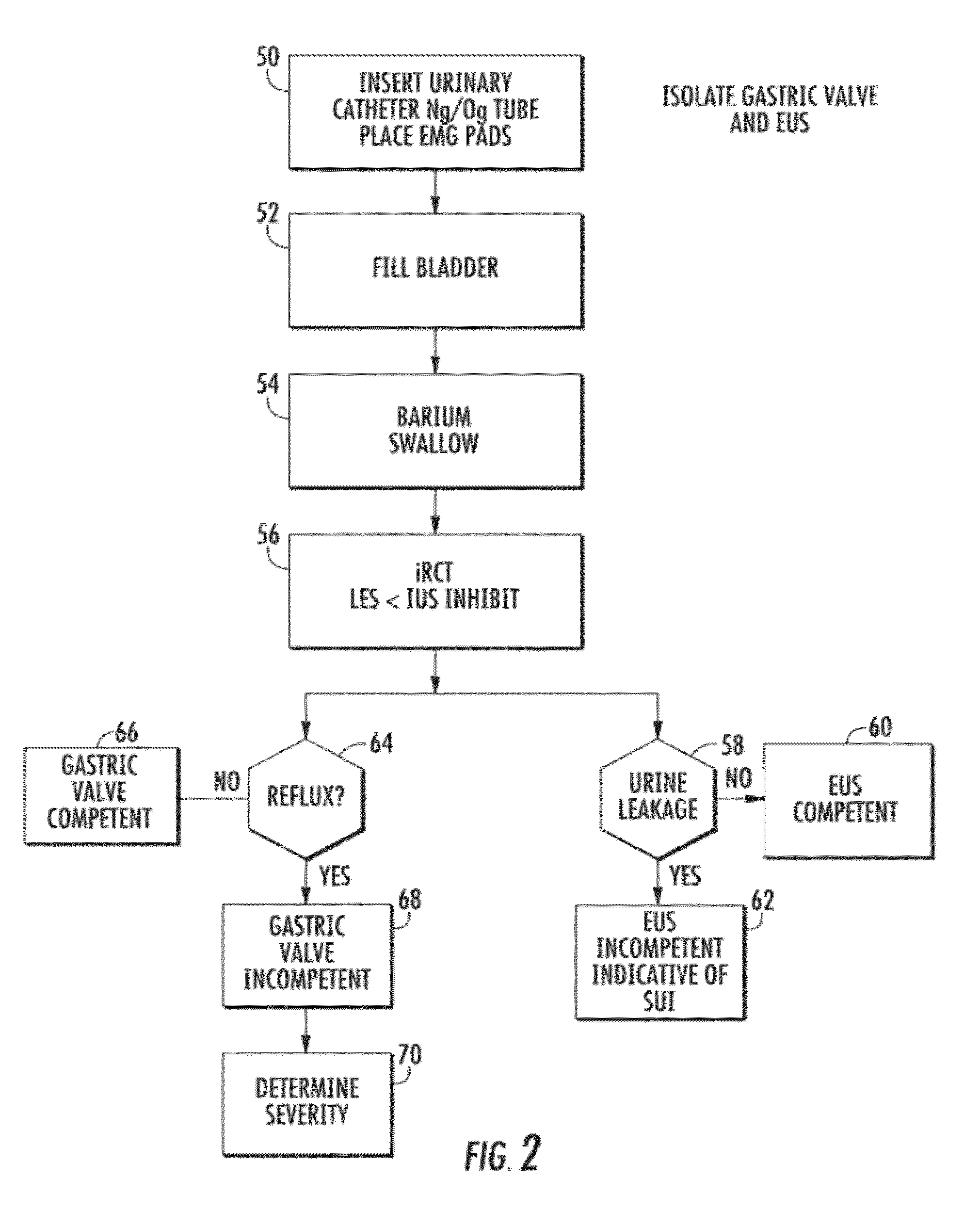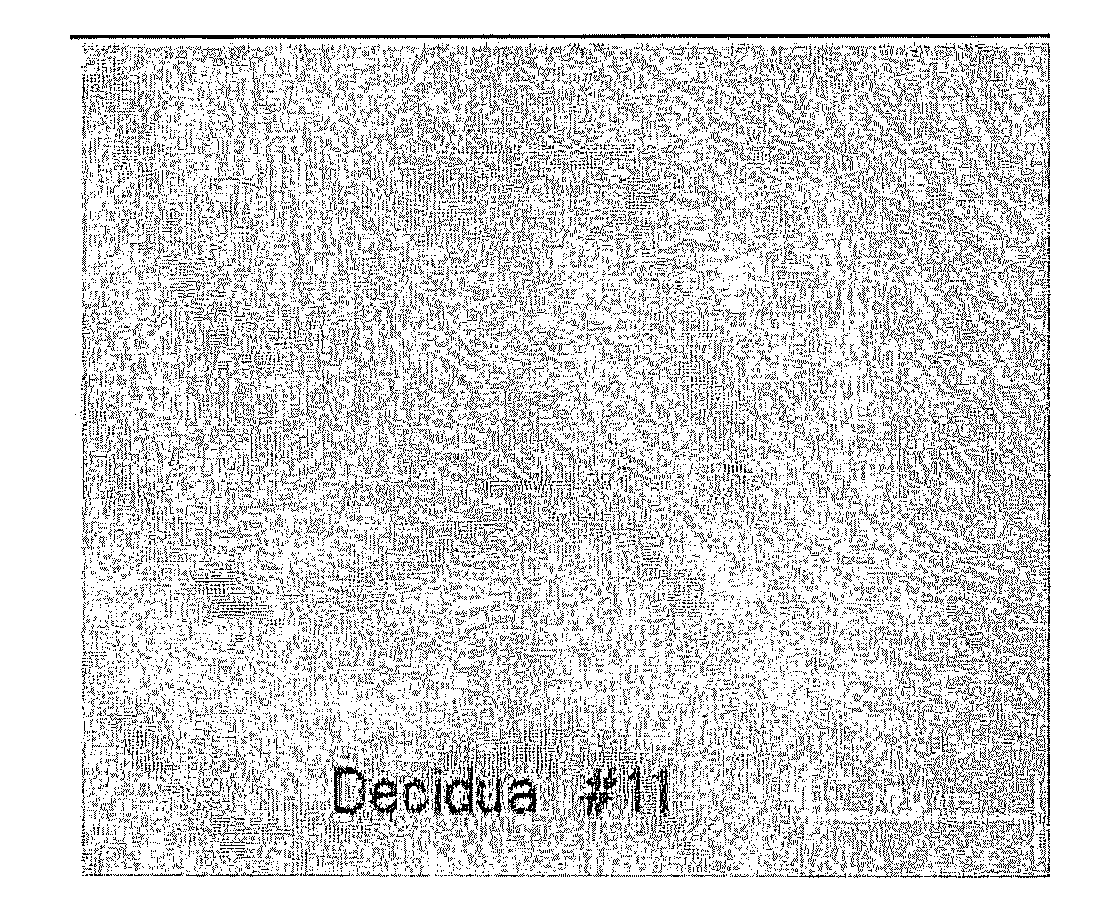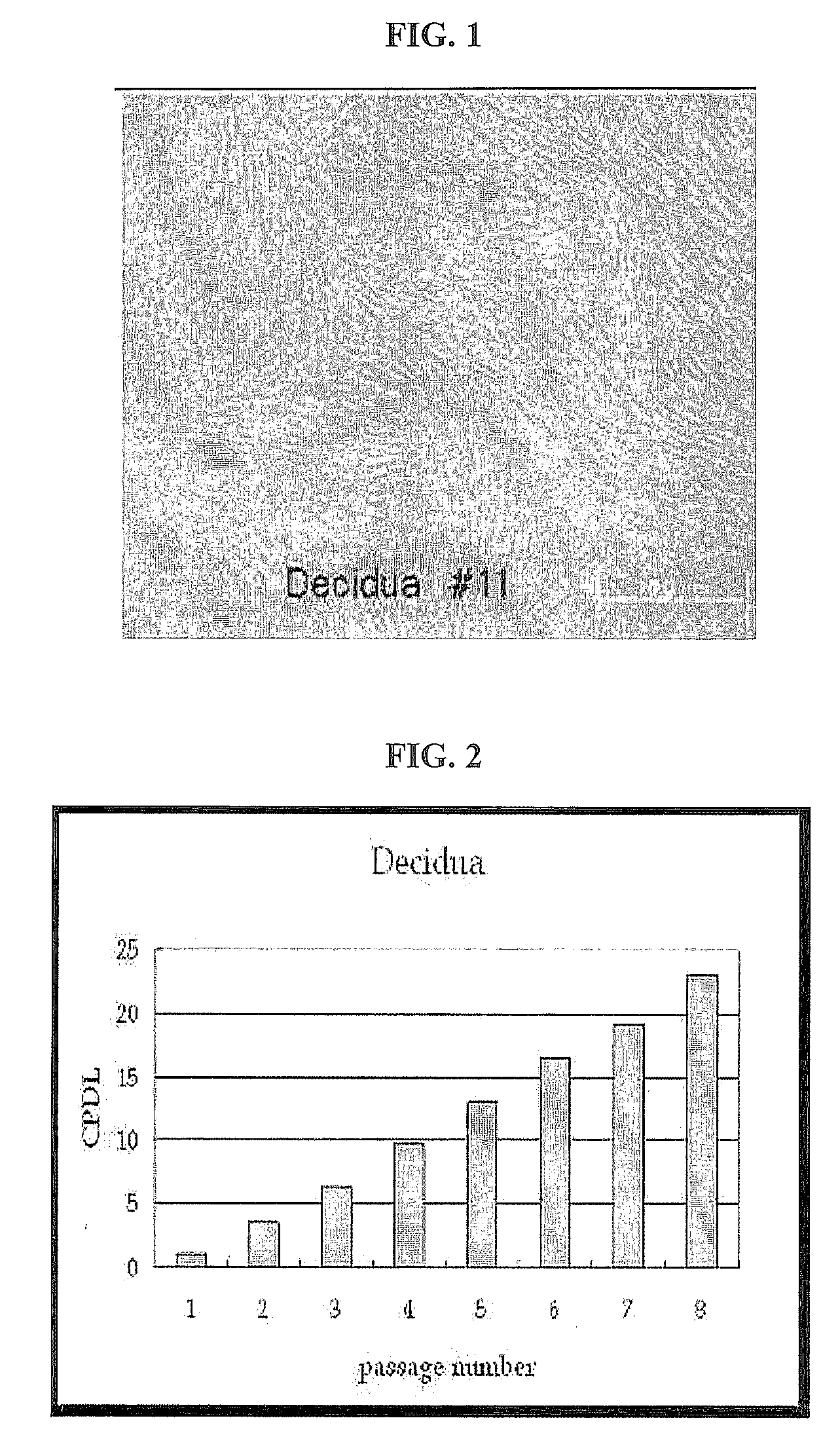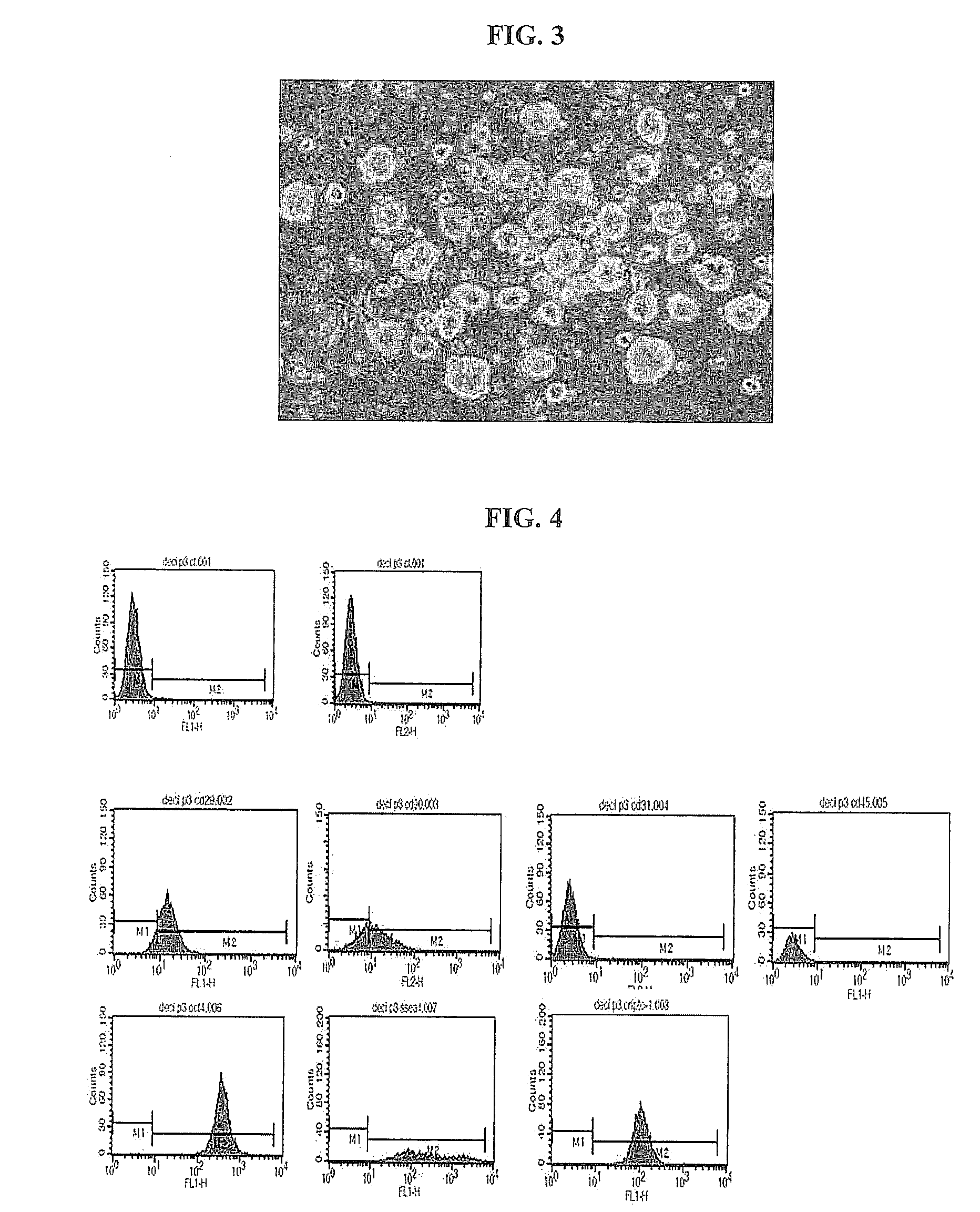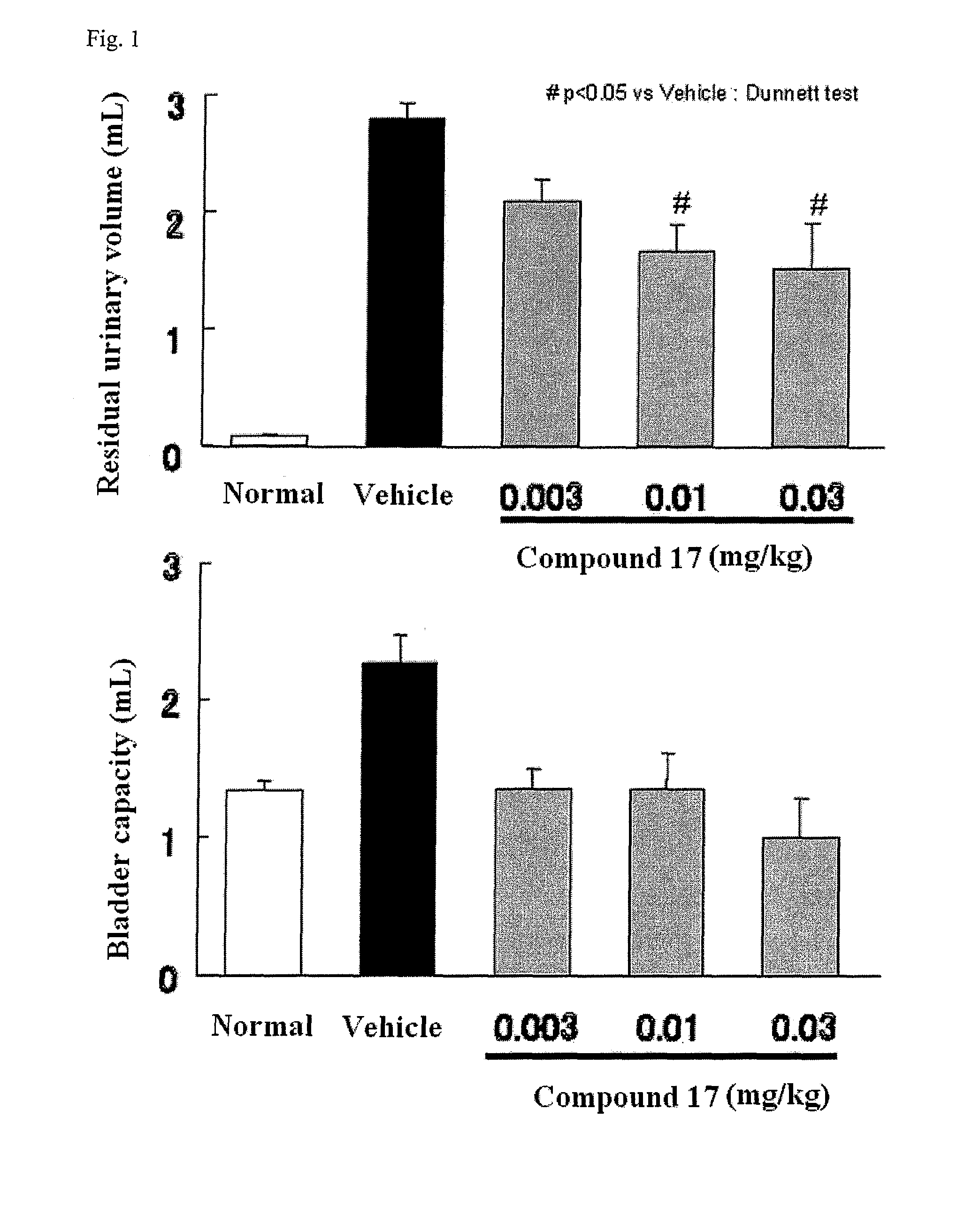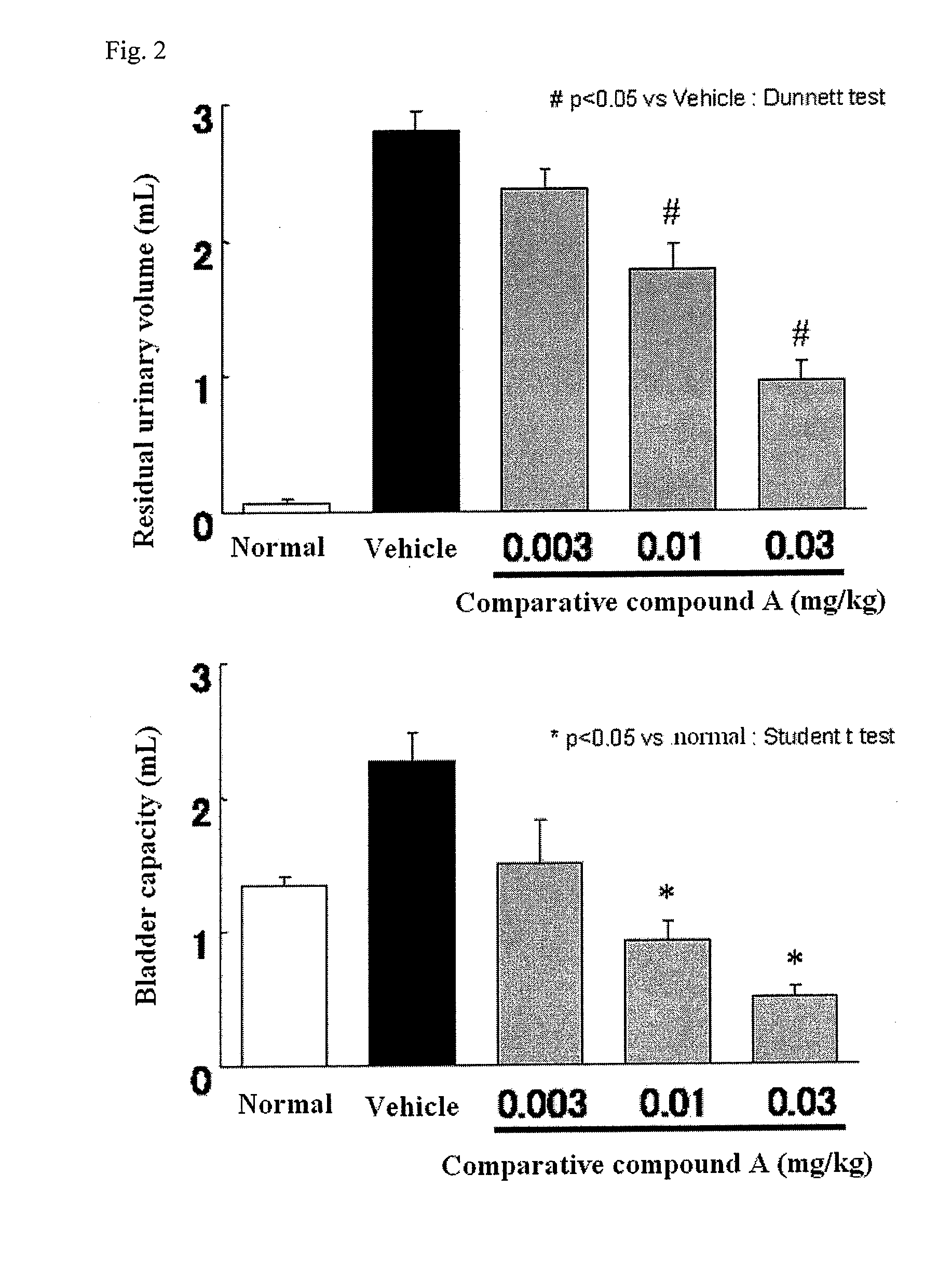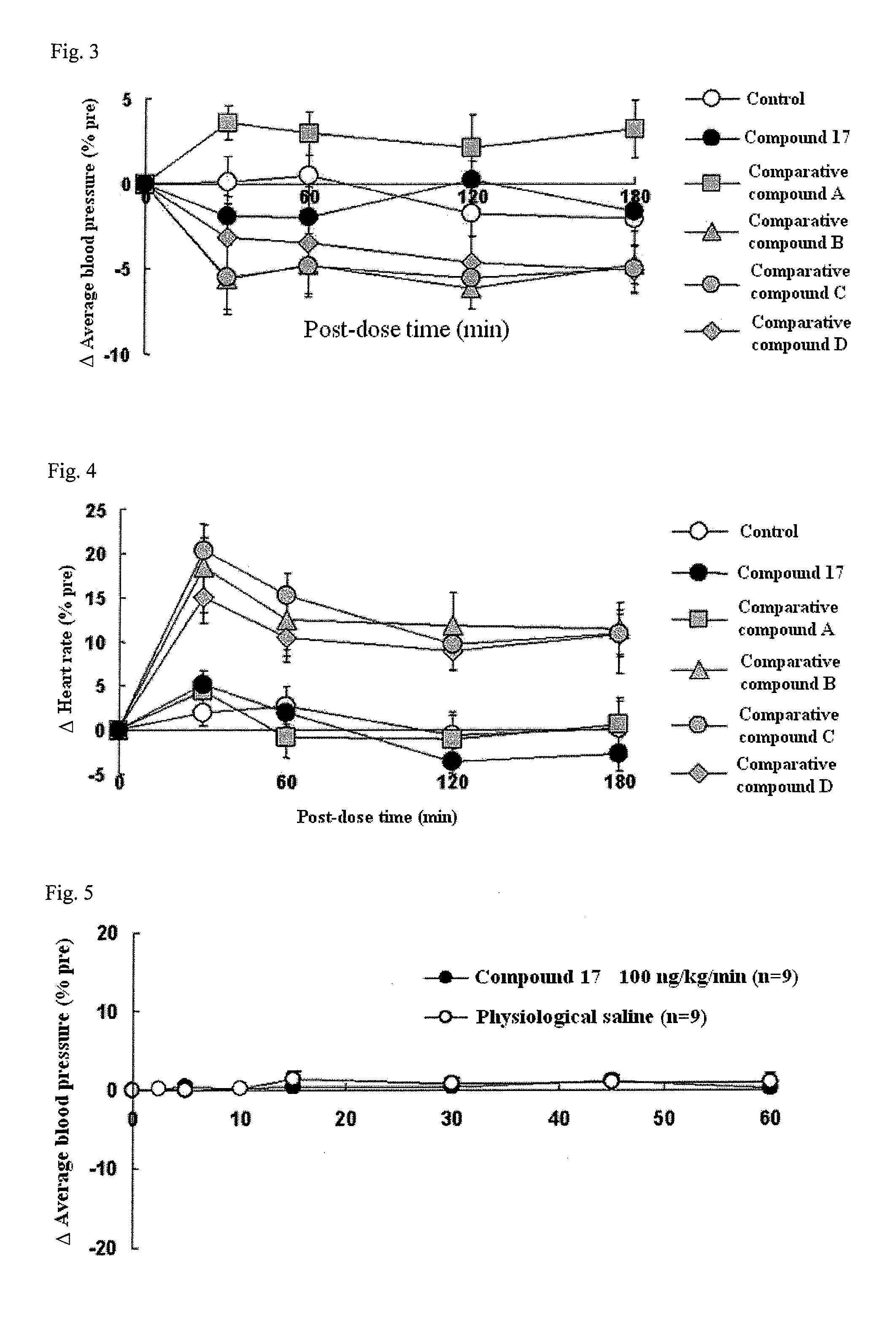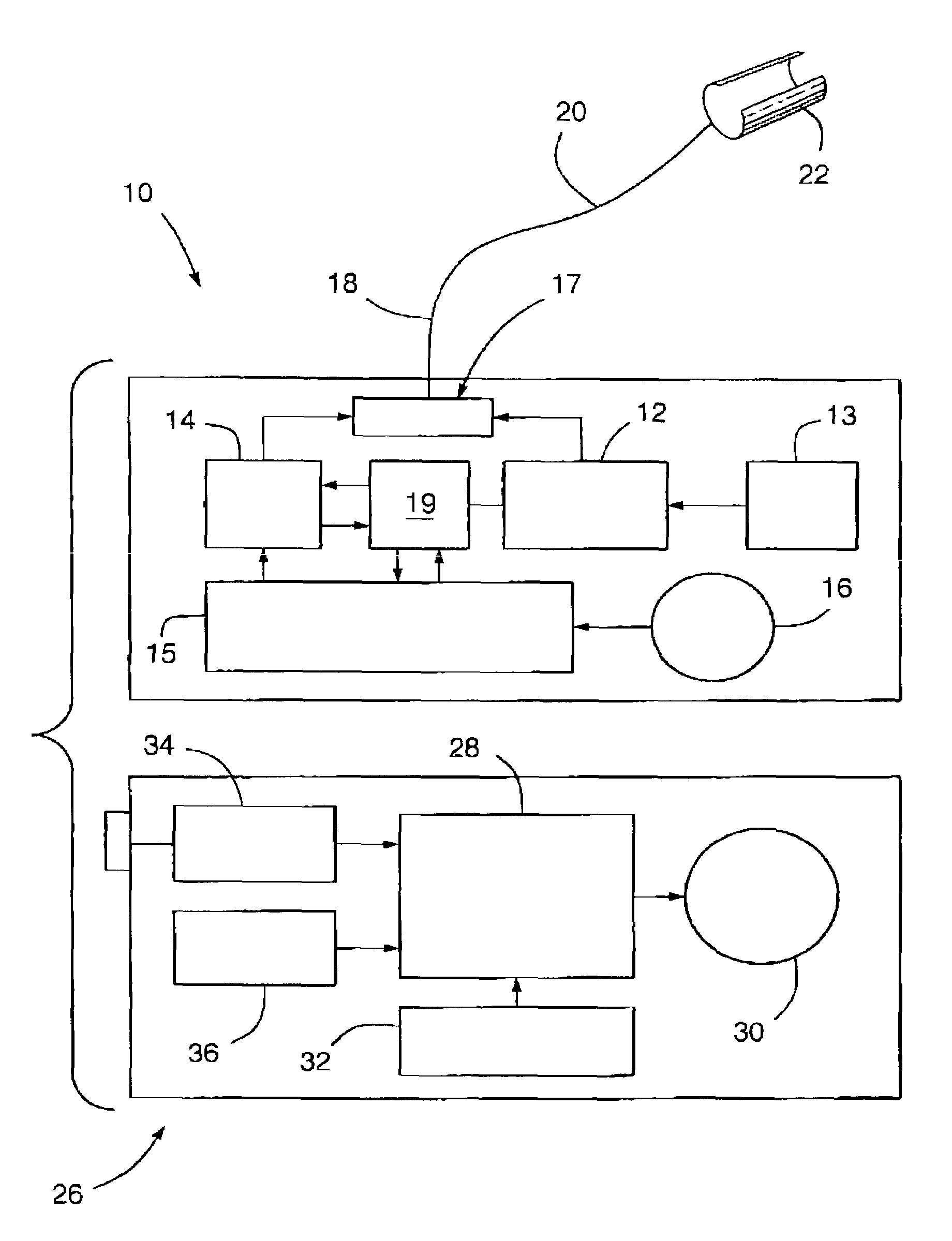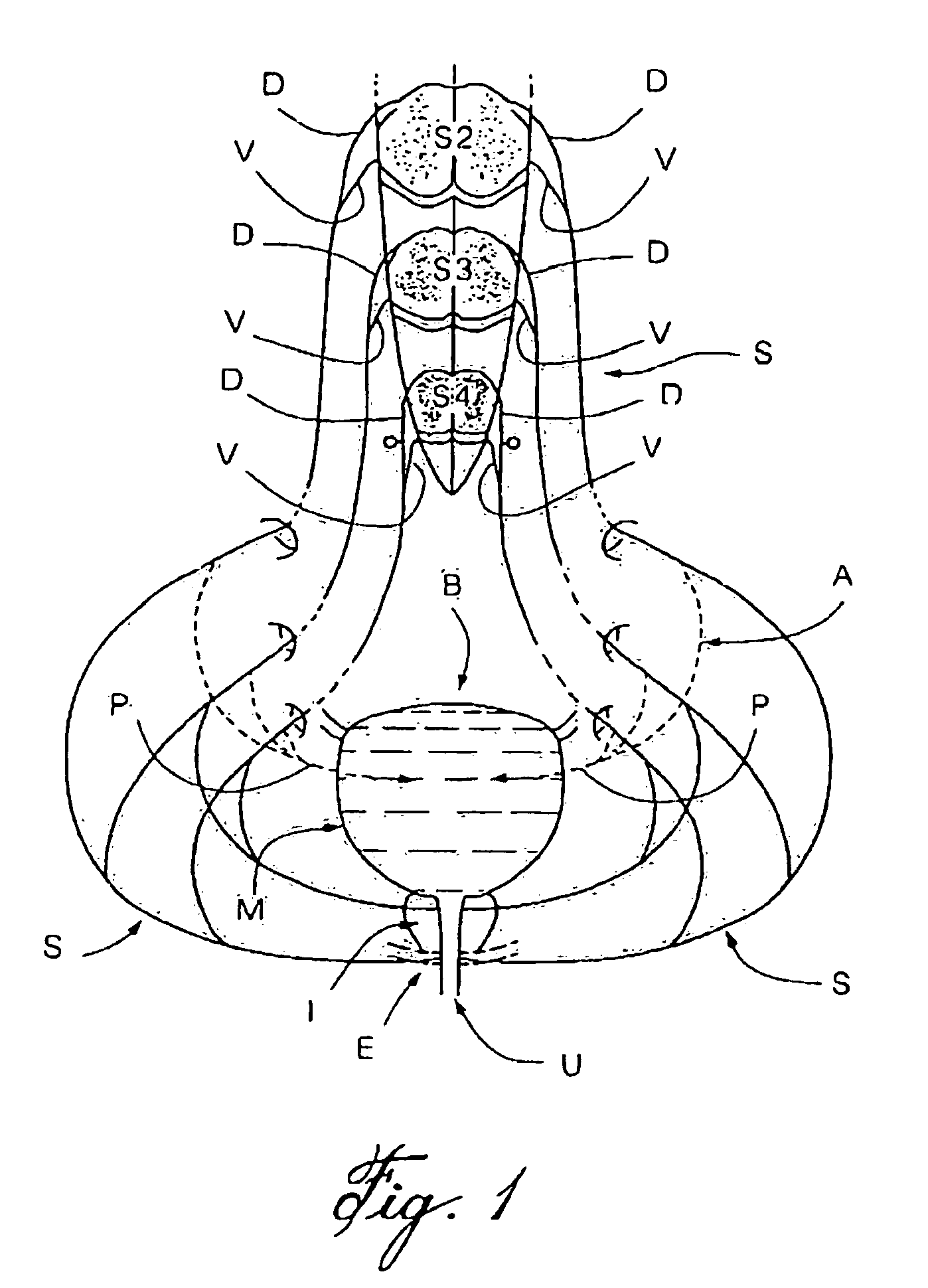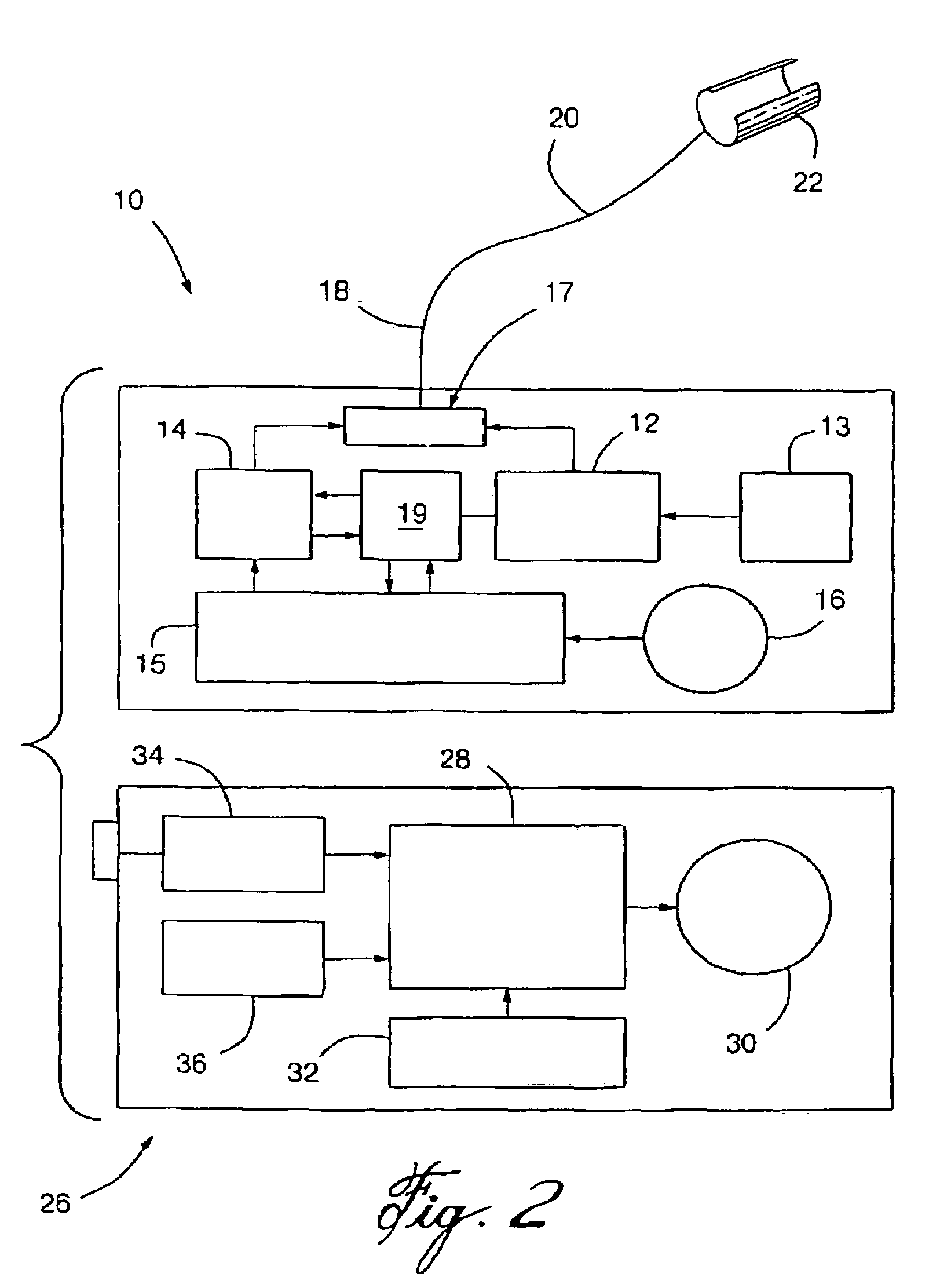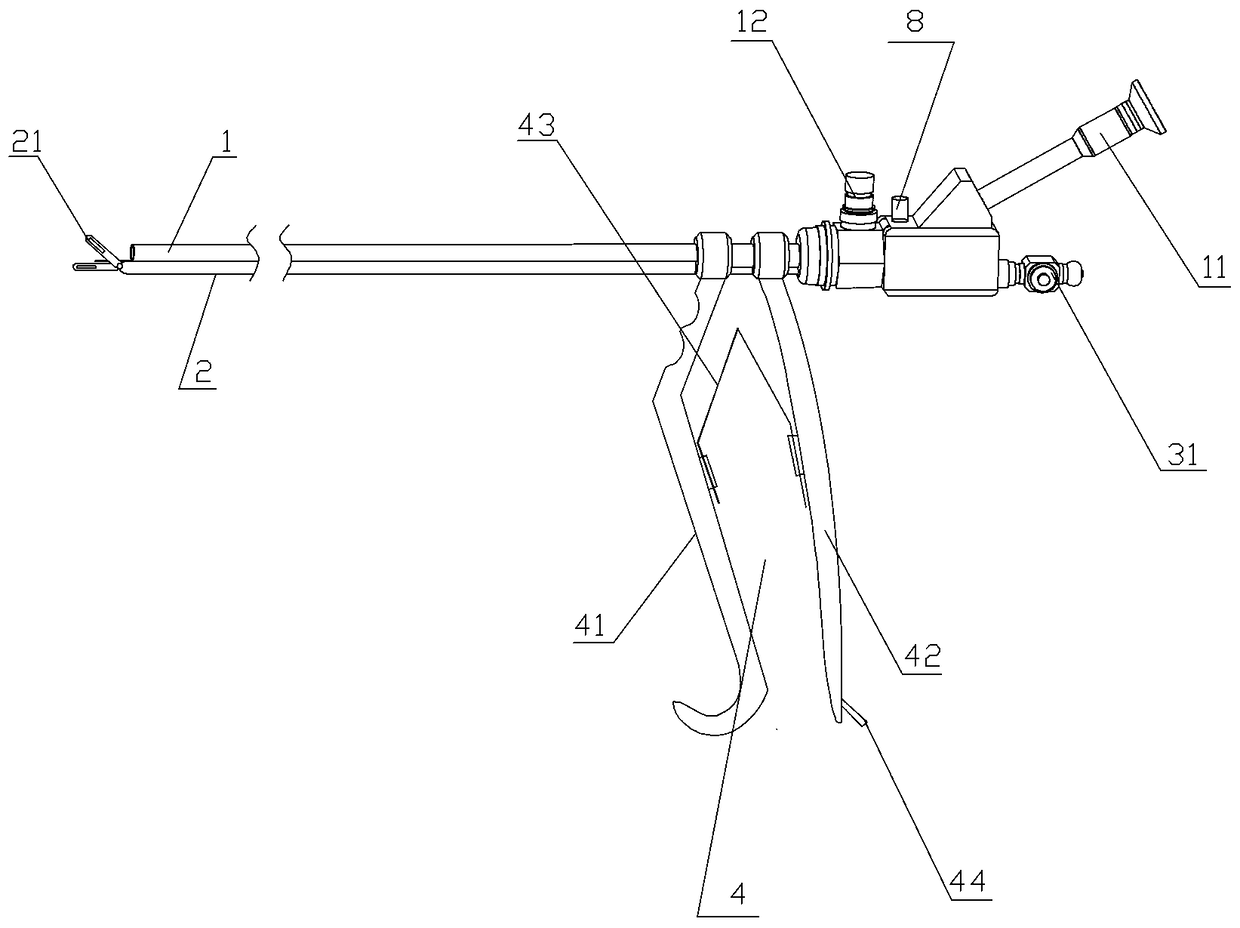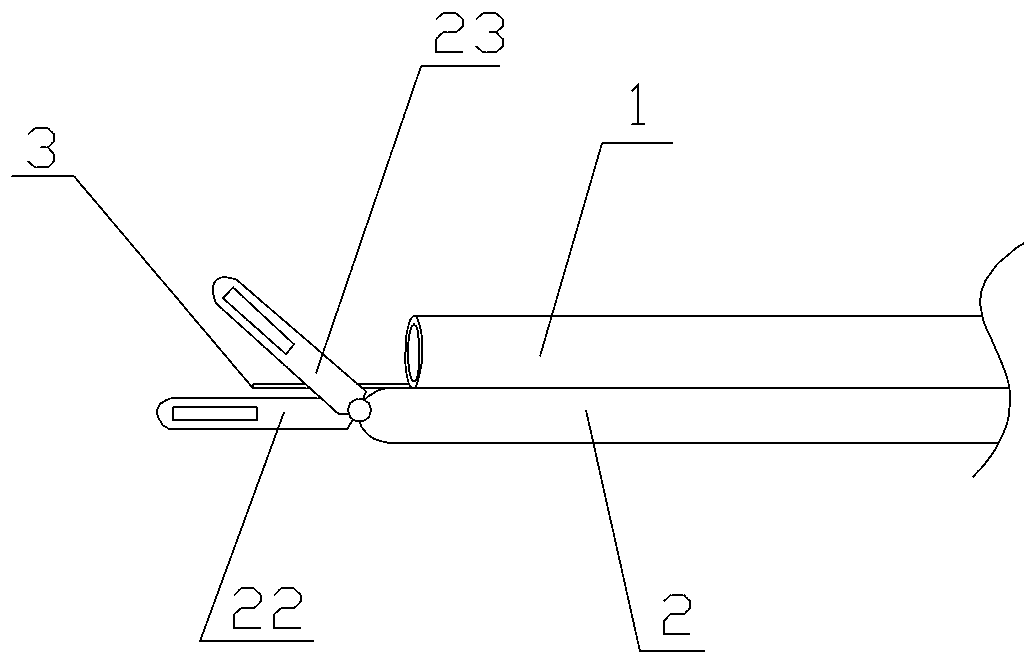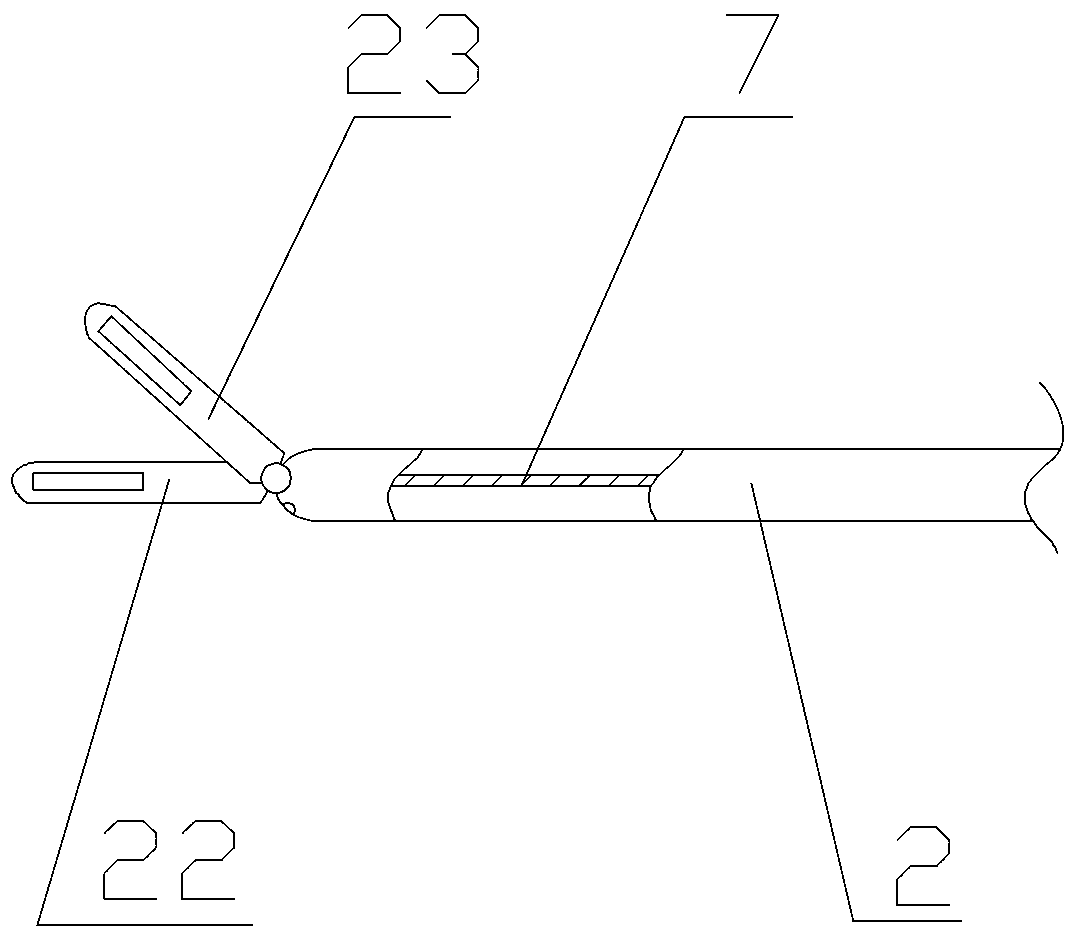Patents
Literature
61 results about "Urethral sphincter" patented technology
Efficacy Topic
Property
Owner
Technical Advancement
Application Domain
Technology Topic
Technology Field Word
Patent Country/Region
Patent Type
Patent Status
Application Year
Inventor
The urethral sphincters are two muscles used to control the exit of urine in the urinary bladder through the urethra. The two muscles are either the male or female external urethral sphincter and the internal urethral sphincter. When either of these muscles contracts, the urethra is sealed shut.
Tissue augmentation material and method
InactiveUS7060287B1Reduce deliveryImpression capsAnti-incontinence devicesUnilateral vocal cord paralysisSphincter
A permanent, biocompatible material for soft tissue augmentation. The biocompatible material comprises a matrix of smooth, round, finely divided, substantially spherical particles of a biocompatible ceramic material, close to or in contact with each other, which provide a scaffold or lattice for autogenous, three dimensional, randomly oriented, non-scar soft tissue growth at the augmentation site. The augmentation material can be homogeneously suspended in a biocompatible, resorbable lubricious gel carrier comprising a polysaccharide. This serves to improve the delivery of the augmentation material by injection to the tissue site where augmentation is desired. The augmentation material is especially suitable for urethral sphincter augmentation, for treatment of incontinence, for filling soft tissue voids, for creating soft tissue blebs, for the treatment of unilateral vocal cord paralysis, and for mammary implants. It can be injected intradermally, subcutaneously or can be implanted.
Owner:BIOFORM
Self-cleansing bladder drainage device
An urethral drain having deep external drainage channels, a low-profiled bladder retention segment, and a reversibly detachable collection segment, facilitates the draining of urine and fluids from the bladder. The low-profiled retention means minimizes bladder irritations and the deep external channels reduce the occurrence of infections. Incorporation of a reduced diameter smooth segment on the catheter, proximate the location of the external urethral sphincter allows the patient to void normally and at will. Modifying the size of this smooth segment aids the function of a defective sphincter in controlling urine leakage. The drain can be worn concealed within the urethra. Flushing action from normal voiding washes out particulate matters in the urethra and the concealed drain further minimizes contamination. Together, these features improve quality of life for patients needing catheterization.
Owner:CONSERT INC
Instrument used in treatment of the urinary incontinence in women
A disposable, inexpensive instrument is provided with the aim to facilitate an injection of bulk enhancing agent into the urethral sphincter. An idea of a balloon of Foley's catheter has been exploited where the balloon acts as a retainer immobilizing the instrument in a desired position inside the bladder during the injection. The instrument has a shape of an elongated shaft with a multitude of curved channels guiding and deflecting the needle to an appropriate angle, depth of penetration and exact location on the sphincter during the injection.
Owner:HIBNER MICHAEL CEZARY
System and method of bladder and sphincter control
A method and system for bladder control are disclosed. In embodiments, a method for bladder control is provided that comprises coupling an electrode to an afferent nerve that is related to the bladder. Applying a plurality of pulse burst stimulations via the electrode causes voiding of urine from the bladder. In embodiments, the plurality of pulse burst stimulations to the afferent nerve reduces external urethral sphincter (EUS) contractions and evokes bladder contractions to expel urine from the subject. In embodiments, the plurality of pulse burst stimulations to the afferent nerve evokes bladder contractions alone to expel urine from the subject. In embodiments, a system for bladder control is provided that comprises an electrode for applying a pulse burst stimulus to an afferent nerve or dermatome to reduce reflex contractions and a signal generator for generating the pulse burst stimulus.
Owner:CASE WESTERN RESERVE UNIV
Magnetic device and method to prevent gastroesophageal reflux, fecal incontinence and urinary incontinence
The invention consists in a couple of magnets in form of small plaques of variable dimensions and magnetic force, covered by a bio-compatible material, that are positioned by means of a special endoluminal delivery device or by means of a surgical intervention, close to the sphincters that are to be reinforced, with the opposite polarities face to face, so that, attracting to each other, they close the visceral lumen, preventing the reflux or the incontinence.This method may be applied to the lower esophageal sphincter in order to prevent gastroesophageal reflux, to the anal sphincter to prevent fecal incontinence, and to the urethral sphincter to prevent urinary incontinence.
Owner:BORTOLOTTI MAURO
Sacral neurostimulation to induce micturition in paraplegics
InactiveUS20110071590A1Good micturitionIncreasing bladder contraction selectivitySpinal electrodesImplantable neurostimulatorsSacral nerve stimulationElectrical stimulations
It is an object of the present invention to provide a method and apparatus for enhanced bladder voidance which would have the advantages of a rhizotomy yet be temporary and reversible by combining low and high-frequency sacral nerve stimulation. Applicants propose a new sacral neurostimulation strategy based on a combination of nerve conduction blockade using high frequency signals and nerve stimulation using low-frequency signals. The method and apparatus enhances micturition in paraplegics by sacral neurostimulation involving a combination of a low-frequency electrical stimulation applied to one or more sacral nerves to induce bladder contraction and a high frequency electrical stimulation applied to at least one sacral nerve to cause nerve conduction blockade that prevents urethral sphincter dyssynergic contraction.
Owner:CORP DE LECOLE POLYTECHNIQUE DE MONTREAL
System and method for assessing urinary function
A system and method for assessing urinary function is provided. The system includes a processor, a tubing assembly forming a first fluid conduit between a first fluid inlet and a first fluid outlet, and an insert member having a channel therethrough and coupled to the first fluid outlet so that fluid flowing through the first fluid conduit may flow through the insert member. The insert member is dimensioned for at least partial insertion into a patient's urethral canal distal of the patient's urethral sphincter, and dimensioned so that, when inserted, it substantially blocks fluid flow into or out of the urethral canal other than through the insert member channel. The system further includes a fluid delivery device electrically coupled to and controlled by the processor, and coupled to the first fluid conduit for pumping fluid therethrough, and a pressure detection system for detecting pressure within the urethral canal distal of the urethral sphincter and providing information correlating to the detected pressure to the processor. The method includes coupling the test module to the control device, inserting the insert member into a patient, infusing fluid through the insert member until the urethral sphincter opens, and measuring pressure within the urethral canal as fluid is infused therein. Also provided is a test module for coupling to a control device to form a system for assessing urinary function.
Owner:ETHICON INC
Method and apparatus for treating incontinence
InactiveUS20050119710A1Reduce power consumptionEasy to moveAnti-incontinence devicesInternal electrodesSmooth muscleSphincter
An improved method, system and arrangement for treatment of urinary incontinence is disclosed, in which a portion of innervated smooth muscle (2) is transplanted and disposed around the urethra to provide a urethral sphincter (2). Electrical stimulation, by an implanted stimulator (1), maintains continuous tone in the sphincter. A remote controller (7) permits the sphincter (2) to be allowed to relax, and hence permit urine to flow out of the bladder.
Owner:UNIVERSITY OF MELBOURNE
Tissue augmentation material and method
InactiveUS20060173551A1Reduce deliveryAnti-incontinence devicesPharmaceutical delivery mechanismUnilateral vocal cord paralysisPolysaccharide
A permanent, biocompatible material for soft tissue augmentation. The biocompatible material comprises a matrix of smooth, round, finely divided, substantially spherical particles of a biocompatible ceramic material, close to or in contact with each other, which provide a scaffold or lattice for autogenous, three dimensional, randomly oriented, non-scar soft tissue growth at the augmentation site. The augmentation material can be homogeneously suspended in a biocompatible, resorbable lubricious gel carrier comprising a polysaccharide. This serves to improve the delivery of the augmentation material by injection to the tissue site where augmentation is desired. The augmentation material is especially suitable for urethral sphincter augmentation, for treatment of incontinence, for filling soft tissue voids, for creating soft tissue blebs, for the treatment of unilateral vocal cord paralysis, and for mammary implants. It can be injected intradermally, subcutaneously or can be implanted.
Owner:MERZ AESTHETICS
System and method for assessing urinary function
An insertion device is provided for use in assessing urinary function. The insert device includes an insert member for at least partial insertion into a patient's urethral canal having a length such that it is positioned distal of the urethral sphincter, and having an outer surface at least a portion of which is configured to engage the inner wall of the urethra to substantially prevent fluid flow therebetween. The insert member has a channel therethrough through which fluid from a fluid source can be introduced into the urethral canal. Also provided is a device for introducing fluid into a patient's urethral canal including a hand-sized casing having a fluid conduit therein between a fluid inlet and a fluid source assembly. The device further includes an activation device movable between a first position wherein it does not obstruct the fluid conduit and a second position wherein it does obstruct the fluid conduit. An insert member is coupled to a distal end of the hand-sized casing and has a channel therethrough between a fluid inlet and a fluid outlet, and is dimensioned for at least partial insertion into the patient's urethral canal distal of the urethral sphincter. The insert member channel is in fluid communication with the fluid conduit.
Owner:ETHICON INC
System and Method of Bladder and Sphincter Control
InactiveUS20090254144A1Reduce distractionsReduce and eliminate external urethral sphincter (EUS) contractionElectrotherapyArtificial respirationSphincterBladder control
A method and system for bladder control are disclosed. In embodiments, a method for bladder control is provided that comprises coupling an electrode to an afferent nerve that is related to the bladder. Applying a plurality of pulse burst stimulations via the electrode causes voiding of urine from the bladder. In embodiments, the plurality of pulse burst stimulations to the afferent nerve reduces external urethral sphincter (EUS) contractions and evokes bladder contractions to expel urine from the subject. In embodiments, the plurality of pulse burst stimulations to the afferent nerve evokes bladder contractions alone to expel urine from the subject. In embodiments, a system for bladder control is provided that comprises an electrode for applying a pulse burst stimulus to an afferent nerve or dermatome to reduce reflex contractions and a signal generator for generating the pulse burst stimulus.
Owner:CASE WESTERN RESERVE UNIV
Implantable devices and methods for treating urinary incontinence
InactiveUS20050096751A1Less timeShorten recovery timeAnti-incontinence devicesSurgical needlesProximateSphincter
In general, the invention is directed to treatment of urinary incontinence by the implantation of one or more bulking prostheses proximate to a urethral sphincter. These bulking prostheses, which may include biocompatible hydrogel, are implanted into the tissue outside the urethra, proximate to a urethral sphincter. When implanted, the bulking prostheses are in a miniature state. Upon introduction into the body, the devices enter an enlarged state. In their enlarged state, the bulking prostheses supply extra bulk to the tissues proximate to the external urethral sphincter. With the extra bulk, the patient can exercise voluntary control over the external urethral sphincter to close or maintain closure of the urethra and maintain urinary continence.
Owner:THD
Urinary Dysfunction Treatment Apparatus
InactiveUS7499753B2Reduce tensionAnti-incontinence devicesInternal electrodesRemote controlHand held
An apparatus for treating urinary incontinence comprises an electrically powered stimulation device that electrically stimulates the urethral sphincter of a urinary incontinent patient and a hand-held wireless remote control that controls the stimulation device. A stress or urge incontinent patient operates the remote control to: i) switch off the electrically powered stimulation device, when the patient wants to urinate, and switch on the electrically powered stimulation device, when the patient has finished urinating; and ii) control the stimulation device as needed at any time over the course of a day to promptly adjust the intensity of the electric stimulation of the urethral sphincter to quickly increase the tonus of the urethral sphincter.
Owner:UROLOGICA
Urinary catheter system for diagnosing a physiological abnormality such as stress urinary incontinence
A system evaluates a patient for a physiological abnormality. A urinary catheter is insertable within a patient's bladder and has a first pressure sensor for measuring bladder pressure and a second pressure sensor for measuring mid-urethral pressure at the mid-urethral sphincter. A processing device is connected to the first and second pressure sensors and configured to receive the measured bladder pressure and measured mid-urethral pressure during at least one breath cycle and process the data representative of the bladder and mid-urethral pressures obtained during the at least one breath cycle to diagnose a physiological abnormality within the patient.
Owner:PNEUMOFLEX SYST
Monitoring urodynamics by trans-vaginal nirs
ActiveUS20110224553A1Non invasiveDiagnostics using spectroscopyCatheterRelevant informationPelvic diaphragm muscle
The invention relate to the demonstration herein that it is feasible to use a transvaginal NIRS probe to interrogate functioning urological tissues, such as the urethral sphincter, the bladder detrusor muscle, and pelvic floor musculature, to obtain clinically relevant information. The present invention accordingly provides methods and devices for transvaginal monitoring or imaging of the urological tissues, such as the urethral sphincter and / or the bladder, and / or pelvic floor musculature, using NIRS.
Owner:THE UNIV OF BRITISH COLUMBIA
Double balloon positioning prostatic capsule expansion and prostatic capsule tissue splitting displacement catheter
InactiveCN104998340ASatisfy therapeuticSatisfy optionalBalloon catheterEnemata/irrigatorsBarrel ShapedProstatic capsule
The invention discloses a double balloon positioning prostatic capsule expansion and prostatic capsule tissue splitting displacement catheter which comprises a catheter main body; a urinary catheterization cavity, a flushing cavity, a front balloon cavity and a rear balloon cavity are arranged in the catheter main body; the four cavities are provided with front end openings respectively; the front balloon cavity is formed in the rear parts of the front end openings of the urinary catheterization cavity and the flushing cavity; the rear balloon cavity is formed in the rear part of the front balloon cavity in parallel; the front end openings of the urinary catheterization cavity are two holes; the front end opening of the flushing cavity is a single hole; the length of the front balloon cavity is 38 cm; the outside diameter of the front balloon cavity and the rear balloon cavity are 3.2-3.9 cm when the front balloon cavity and the rear balloon cavity are filled up. The catheter is characterized in that the front balloon cavity and the rear balloon cavity are barrel-shaped after being filled up; the length of the front balloon cavity is equal to or larger than that of the rear balloon cavity; the outside diameter of the catheter main body is 0.6-0.8 cm. The catheter has the advantages that the requirement and selection of various hyperplastic prostate treatment can be met, especially the requirements of patients with apex of prostate exceeding verumontanum and external urethral sphincter. The catheter is made of TPU, and has the advantages of being high in pressure resistance, shapable, high in tightness, soft, smooth and transparent.
Owner:黄卫国 +1
Method and apparatus for treating incontinence
InactiveUS7384390B2Reduce power consumptionEasy to moveAnti-incontinence devicesInternal electrodesSmooth muscleSphincter
An improved method, system and arrangement for treatment of urinary incontinence is disclosed, in which a portion of innervated smooth muscle (2) is transplanted and disposed around the urethra to provide a urethral sphincter (2). Electrical stimulation, by an implanted stimulator (1), maintains continuous tone in the sphincter. A remote controller (7) permits the sphincter (2) to be allowed to relax, and hence permit urine to flow out of the bladder.
Owner:UNIVERSITY OF MELBOURNE
Method for alleviating female urinary incontinence
InactiveCN1331573ARelieve urinary incontinencePrevent involuntary urinationAnti-incontinence devicesRestraining devicesVaginal canalSymphysis
A method for alleviating female urinary incontinence especially during episodes of increased intra-abdominal pressure is disclosed. The method includes the steps of providing a non-absorbent urinary incontinence device having an initial cross-sectional area, an insertion end and a trailing end. The urinary incontinence device also contains a compressed resilient member which is capable of increasing the cross-section area of the urinary incontinence device when expanded. The urinary incontinence device is inserted into a woman's vagina with the insertion end entering first. The vagina is a canal with an inner periphery made up of right and left lateral walls, an anterior wall and a posterior wall. The urinary incontinence device is inserted such that it contacts at least two of the walls. The urinary incontinence device is positioned in the middle third of the length of the vaginal canal with the insertion end aligned adjacent to a woman's urethral sphincter muscle. The urethral sphincter muscle is a part of the urethral tube. The urinary incontinence device cooperates with a woman's symphysis pubis to sandwich the urethral tube therebetween. The resilient member is allowed to expand within the vaginal canal such that at least a portion of the urinary incontinence device increases in cross-sectional area and contacts all four interior walls of the vaginal canal and provides a supportive backdrop for the urethral tube. The urethral tube is then permitted to be compressed upon itself between the urinary incontinence device and the symphysis pubis thereby limiting involuntary urine flow.
Owner:KIMBERLY-CLARK WORLDWIDE INC
System and method of bladder and sphincter control
A method and system for bladder control are disclosed. In embodiments, a method for bladder control is provided that comprises coupling an electrode to an afferent nerve that is related to the bladder. Applying a plurality of pulse burst stimulations via the electrode causes voiding of urine from the bladder. In embodiments, the plurality of pulse burst stimulations to the afferent nerve reduces external urethral sphincter (EUS) contractions and evokes bladder contractions to expel urine from the subject. In embodiments, the plurality of pulse burst stimulations to the afferent nerve evokes bladder contractions alone to expel urine from the subject. In embodiments, a system for bladder control is provided that comprises an electrode for applying a pulse burst stimulus to an afferent nerve or dermatome to reduce reflex contractions and a signal generator for generating the pulse burst stimulus.
Owner:CASE WESTERN RESERVE UNIV
System and method of testing the gastric valve and urethral sphincter
Owner:PNEUMOFLEX SYST
Prostatic dilation catheter with internal capsule shifted forwards
InactiveCN107198811AImprove scalabilityHigh precisionBalloon catheterSurgeryFoley catheterBiomedical engineering
The invention provides a prostatic dilation catheter with an internal capsule shifted forwards. A main catheter, an internal capsule and an external capsule are arranged. A urinary catheter, a flushing pipe, an internal capsule tube, an external capsule tube and a location protrusion are arranged in the main catheter. The main catheter is provided with an internal capsule water injection port and an external capsule water injection port. The internal capsule tube and the external capsule tube are connected with the internal capsule water injection port and the external capsule water injection port respectively. The front end of the main catheter is provided with a urine guide opening and a flushing opening. The external capsule is located between the flushing opening and the location protrusion, the internal capsule is located in the external capsule, and the tail end of the internal capsule and the tail end of the external capsule are arranged at intervals. The tail end of the internal capsule and the tail end of the external capsule are arranged at intervals, the main catheter can be placed at a preset position through the internal capsule and the location protrusion, so that the internal capsule can still slide in the prostate after water pre-infusion; when the internal capsule having undergone pre-infusion abuts against the external urethral sphincter, the un-expanded external capsule can be at an appropriate position, so that subsequently the external capsule can split a prostatic evacuating catheter from the external urethral sphincter to the position of the bladder conveniently, a better dilation is achieved, and the prostatic dilation accuracy is improved.
Owner:广州优尼康通医疗科技有限公司
Apparatus and method for the measurement of the resistance of the urethral sphincter
A urinary apparatus includes a catheter system for pressurizing either a bladder cavity or a urethral canal within a female urinary system and an endoscope device for observing a urethral sphincter muscle within the female urinary system for assessing the sling tension of an implant support adapted to restore female urinary continence. The catheter system includes a obturator occlusion member for plugging the urethral canal during the performance of a sling tensioning procedure.
Owner:ETHICON INC
Patient-manipulable device for ameliorating incontinence
InactiveUS20140039242A1Reducing incontinenceAnti-incontinence devicesTubular organ implantsUrethral sphincterUrethral sphincter function
An implantable device arranged to contact the urethral sphincter allows for manipulation of the device from outside the body by the patient.
Owner:INNOVISION DEVICES
System and method of testing the gastric valve and urethral sphincter
A system and method tests the gastric valve and urethral sphincter in a patient. A contrast agent is administered into the esophagus of a patient followed by inducing an involuntary reflex cough epoch within the patient to isolate the gastric valve from the lower esophageal sphincter (LES) and isolate the external urethral sphincter from the internal urethral sphincter. An imaging sensor detects the flow of the contrast agent during the involuntary reflex cough epoch and determines whether stomach reflux occurred indicative of a malfunctioning gastric valve. A determination is made if urine leakage occurs indicative of stress urinary incontinence (SUI).
Owner:PNEUMOFLEX SYST
Method of treating men suffering from chronic nonbacterial prostatitis with SERM compounds or aromatase inhibitors
Owner:HORMOS MEDICAL OY LTD
Cellular therapeutic agent for incontinence or urine comprising stem cells originated from decidua or adipose
InactiveUS20110059052A1Preventing and treating urinary incontinencePreventing and urinary incontinenceBiocideMuscular disorderLeak point pressureUrethral sphincter
The present invention relates to a cellular therapeutic agent for treating urinary incontinence, and more particularly to a cellular therapeutic agent for treating urinary incontinence, which contains stem cells derived from the decidua of the placenta or menstrual fluid or stem cells derived from adipose. The decidua-derived stem cells or adipose-derived stem cells show the effects of increasing leak point pressure and urethral sphincter contractility, and thus are useful as an agent for treating urinary incontinence.
Owner:RNL BIO
Compound having detrusor muscle-contracting activity and urethral sphincter muscle-relaxing activity
ActiveUS8410281B2Reduced dysfunctionPreventing and/or treating underactive bladderBiocideOrganic active ingredientsSide effectDetrusor muscle
Since a compound represented by formula (I) wherein all of the symbols are the same as defined in the specification, a salt thereof, a solvate thereof, a prodrug thereof, a mixture with a diastereomer thereof in an arbitrary ratio, or a cyclodextrin clathrate thereof have a contracting activity of bladder detrusor and a relaxing activity of urethral sphincter, they can ameliorate bladder contraction dysfunction and / or urethral relaxation dysfunction, and for example, are effective for underactive bladder. Additionally, the compound of the present invention has little risk of side effects on the urinary system, the circulatory system and the digestive system, and exhibits excellent pharmacokinetics, such as oral absorbability etc. Therefore, the compound of the present invention is useful as a superior agent for preventing, treating and / or ameliorating underactive bladder.
Owner:ONO PHARMA CO LTD
Treatment of amyotrophic lateral sclerosis with lactate
Amyotrophic lateral sclerosis (ALS) is a devastating disease that leads initially to death of motor nerves with some progression to death of sensory and autonomic nerves. Experimental work shows that more electrical energy is required to successfully stimulate motor vs. sensory nerve components of a nerve and longer vs. shorter components of a nerve. This discovery explains sparing of the nerves of ocular motion and nerves of rectal and urethral sphincters in patients suffering from ALS and supports the energy hypothesis of ALS. Neurons and peripheral nerves are dependent upon glial cells and oligodendrocytes respectively to support their high energy demands. These supporting cells shuttle lactate to neurons and nerves. Lactate is required to sustain contraction of skeletal muscle. Administration of racemic or L-lactate in an amount greater than the capacity of the liver to oxidize will increase the available lactate to nerves and neurons and improve the symptoms of ALS.
Owner:GOLDBERG JOEL STEVEN
Electronic stimulator implant
InactiveUS7519429B2Speed up recoveryReducing detrusor muscle hyperreflexiaElectrotherapyDiagnostic recording/measuringHyperreflexiaMuscle contraction
The present invention relates to lower urinary dysfunctions and more particularly to an electronic stimulator implant and method to improve bladder voiding and prevent bladder hyperreflexia. There is provided an electronic stimulator implant for which comprises a tonicity signal generator generating a tonicity signal which prevents bladder hyperreflexia combined with a voiding signal generator generating a voiding signal for voiding the bladder. The implant is connected to an end of an electrode, and the second end thereof is connected to a sacral nerve. When the voiding key (or switch) is activated, the voiding signal is generated which activates detrusor muscle contraction, causing bladder voiding. The voiding may be achieved without dyssynergia, by activating detrusor muscle contraction without activating external urethral sphincter contraction. The tonicity signal may be provided intermittently. The implant may be activated by a manually activated external controller.
Owner:SAWAN MOHAMMAD +1
Prostatic enucleation scope
The invention provides a prostatic enucleation scope for carrying out blunt dissection and enucleation of prostatic tissue, comprising a viewer body and an enucleation rod juxtaposed from top to bottom; a fiber passage is arranged in the enucleation rod and may extend out of the insert end of the enucleation rod; an optical fiber is arranged in the fiber passage; the insert end of the enucleationrod is provided with an enucleation head that is of duckbill structure; the enucleation head is connected with a handle arranged at the non-insert end of the enucleation rod; the enucleation head canbe controlled to open or close via the handle. The prostatic enucleation scope also comprises a sheath that sleeves the viewer body and the enucleation rod; the middle of the sheath is provided with an instrument passage; the wall of the sheath is of double-layer structure; a gap is arranged in the wall of the sheath; the insert end of the sheath is provided with a plurality of holes. The prostatic enucleation scope herein can effectively prevent injury of a patient's urethral sphincter due to long-term compression, and can provide timely hemostasis during prostatic dissection for the patientso that surgical treatment is facilitated and surgical time is effectively shortened.
Owner:INNOVEX MEDICAL CO LTD
Features
- R&D
- Intellectual Property
- Life Sciences
- Materials
- Tech Scout
Why Patsnap Eureka
- Unparalleled Data Quality
- Higher Quality Content
- 60% Fewer Hallucinations
Social media
Patsnap Eureka Blog
Learn More Browse by: Latest US Patents, China's latest patents, Technical Efficacy Thesaurus, Application Domain, Technology Topic, Popular Technical Reports.
© 2025 PatSnap. All rights reserved.Legal|Privacy policy|Modern Slavery Act Transparency Statement|Sitemap|About US| Contact US: help@patsnap.com
